2.2.2023, Thursday 10:00 Uhr
2nd day of the symposium: Controversy over documenta fifteen: Background, Interpretation, and Analysis
Venue:
- Aula, HFBK Hamburg
In the summer of 2022, the global art exhibition documenta in Kassel ignited major controversies on several levels. With this symposium on documenta fifteen, the HFBK Hamburg aims to analyze the background and context, foster dialogue between different viewpoints, and enable a debate that explicitly addresses anti-Semitism in the field of art.
Which historical-political continuities can be discerned in the genesis of documenta? What was negotiated in the debate beyond artistic strategies and the curatorial concept? How can we argue with one another publicly in a narrow field of discourse? The symposium offers space for divergent positions and aims to open up perspectives for the present and future of exhibition making.
The symposium was conceived in consultation with Meron Mendel and Nora Sternfeld.
Thursday, 2.2.2023
- 10 a.m.
Talk documenta fifteen from Indonesian perspective, Reza Afisina (artist, member of ruangrupa and DAAD guest professor, HFBK Hamburg), Hestu A. Nugroho (artist, member of Taring Padi, Berlin), moderation: Kate Brown (curator, art journalist and Europe editor, Artnet News) - 12 noon
Panel Antisemitism and postcolonial research: A (global) history debate, Michaela Melián (artist and professor of Time-based Media, HFBK Hamburg), Miriam Rürup (Direktorin Moses Mendelssohn Zentrum, Professorin für europäisch-jüdische Studien, Universität Potsdam), Michael Wildt (Professor i.R. für Deutsche Geschichte im 20. Jahrhundert mit Schwerpunkt im Nationalsozialismus, Humboldt-Universität zu Berlin), Jürgen Zimmerer (professor of global history with a focus on Africa and colonial history at the University of Hamburg), moderation: René Aguigah (head of literature department at Deutschlandfunk Kultur, Berlin) - 3 p.m.
Talk Cultural production between dialogue, criticism and boycott, Saba-Nur Cheema (political scientist and researcher at the Goethe University in Frankfurt on anti-Semitism in educational contexts), Doron Rabinovici (writer and historian, Vienna), moderation: Nora Sternfeld (art educator and professor of Art Education, HFBK Hamburg) - 5 p.m.
Panel Art as social practice – artistic paradigm shift through the documenta fifteen?, Iswanto Hartono (artist, member of ruangrupa and DAAD guest professor, HFBK Hamburg), Gilly Karjevsky (curator and guest professor of Social Design, HFBK Hamburg), Nora Sternfeld (art educator and professor of Art Education, HFBK Hamburg), Margarita Tsomou (curator at HAU Hebbel am Ufer and professor of contemporary theater practice at the Osnabrück University of Applied Sciences), Wolfgang Ullrich (art historian and cultural scientist, Leipzig), moderation: Ralf Schlüter (cultural journalist, Berlin)
Following each panel, an audience discussion will be offered, in German and English (with simultaneous translation).
Public event, free admission, registration not required, press please contact: presse@hfbk.hamburg.de
Invitation for download, qualified child care will be offered, for more information: baerbel.hartje@hfbk.hamburg.de
A recording of Natan Sznaider's keynote is online at https://mediathek.hfbk.net, a publication is planned.
Speaker
Reza Afisina
Prof. Reza Afisina, born in Indonesia, has held a one-year DAAD Visiting Professorship at the HFBK Hamburg together with Iswanto Hartono since October 2022. Both as an individual artist and collectively together with ruangrupa, they has been involved in various national and international exhibitions and workshops; with ruangrupa as an artists’ collective platform, they also have participated in Gwangju Biennale 2002 and 2018 South Korea, Istanbul Biennale 2005, Singapore Biennale 2011, Asia Pacific Triennial in Brisbane - Australia 2012, Sao Paulo Biennale 2014, Cosmopolis #1 Centre Pompidou in Paris – France 2017, and including co-curating TRANSaction: Sonsbeek International 2016 in Arnhem, the Netherlands as well as the artistic director from collective ruangrupa for Documenta 2022. ArtReview placed the ruangrupa collective #1 in its "Power 100" (Nov 2022), the annual ranking of the most influential people and movements in the contemporary art world.
René Aguigah
René Aguigah heads the literature department at Deutschlandfunk and Deutschlandfunk Kultur, where he has worked since 2010. He was previously an editor and moderator at WDR 3, and then non-fiction editor for the magazine Literaturen. He studied history, philosophy, and journalism in Dortmund and Bochum. In 2023 he will begin a fellowship at the Thomas Mann House in Los Angeles. He lives and works in Berlin. 2021 "Weiterleben trotz allem" was published, the epilogue to the new German translation of James Baldwin's novel Ein anderes Land (Munich: dtv).
Kate Brown
Kate Brown, born in Canada, is a curator, arts journalist and editor based in Berlin. She is the Europe Editor for Artnet News, where she writes and commissions stories about contemporary art and culture with a focus on society and politics in Germany and Europe, and a co-host of the podcast The Art Angle. She is co-director of Ashley Berlin, a nonprofit gallery founded in 2013 in the German capital that focuses on young and emerging artistic positions. Her writing has also recently appeared in artist catalogs, and in publications including Elephant Magazine, Kaleidoscope Magazine, Spike Magazine, and Canadian Art Magazine.
Saba-Nur Cheema
Saba-Nur Cheema is a political scientist and researcher at the Goethe University in Frankfurt on anti-Semitism in educational contexts. From 2015 to 2021 she was director of education at the Bildungsstätte Anne Frank. She works and writes on the topics of diversity, Muslim-Jewish dialogue, and the relationship between racism and anti-Semitism. In 2021 she conceived and co-edited the online dossier “Jüdisches Leben in Deutschland: Vergangenheit und Gegenwart” for the Bundeszentrale für politische Bildung. In October 2022 the anthology Frenemies: Antisemitismus, Rassismus und ihre Kritiker*innen (2022), edited by her along with Meron Mendel and Sina Arnold, was published. Together with Meron Mendel she writes the monthly column “Muslimisch-jüdisches Abendbrot” for the Frankfurter Allgemeine Zeitung. Cheema is a member of the expert group on hostility toward Muslims which was convened by the German federal government after the attacks in Hanau in 2020.
Iswanto Hartono
Prof. Iswanto Hartono, born in Indonesia, has held a one-year DAAD Visiting Professorship at the HFBK Hamburg together with Reza Afisina since October 2022. Both as an individual artist and collectively together with ruangrupa, they has been involved in various national and international exhibitions and workshops; with ruangrupa as an artists’ collective platform, they also have participated in Gwangju Biennale 2002 and 2018 South Korea, Istanbul Biennale 2005, Singapore Biennale 2011, Asia Pacific Triennial in Brisbane - Australia 2012, Sao Paulo Biennale 2014, Cosmopolis #1 Centre Pompidou in Paris – France 2017, and including co-curating TRANSaction: Sonsbeek International 2016 in Arnhem, the Netherlands as well as the artistic director from collective ruangrupa for Documenta 2022. ArtReview placed the ruangrupa collective #1 in its "Power 100" (Nov 2022), the annual ranking of the most influential people and movements in the contemporary art world.
Gilly Karjevsky
Prof. Gilly Karjevsky is acurator of critical spatial practice (Rendell) teaching and curating programs at the intersection of ecology, ethics of care and radical collectivity. For the guest professorship year at HFBK she focuses on social technologies designed to negotiate the spaces between subjectivity and the common good. This concept is linked to her ongoing research into radically local urban curating currently funded by the Fonds Darstelle Künste. She is founding association member at Floating University Berlin where she curates Climate Care - a festival for theory and practice on a natureculture learning site, the Urban Practice residency program and a participatory lexicon process. She is founding member of Soft Agency - a diasporic group of feminist spatial practitioners. Gilly is co-director of 72 Hour Urban Action, with a recent monograph published by Archplus documenting a decade of real-time place-making. She has published in several platforms, most recently "Collective Auotheory” in New Alphabet School #21 - Practices of Knowledge Production in Art, Activism and Collective Research , “Care for Cities” in Expanding Academy Reader #3, and “Climate Care - A Curriculum for Urban Practice” in Radicalising Care - Feminist and Queer Activism in Curating.
Michaela Melián
Prof. Michaela Melián is a visual artist and musician who is known for her multimedia installations, audio dramas, and sound works. She is a member of the band F.S.K. (Freiwillige Selbstkontrolle) and co-editor of the artists’ magazine Mode & Verzweiflung. Since 2010 she has been teaching as a professor of time-base media at the HFBK Hamburg, where she organized the multi-day international conference “Gegenmonumente und Para-Monumente” along with Nora Sternfeld in 2021. In 2010 she was commissioned by the city of Munich to create Memory Loops, an acoustic memorial for the victims of the Nazi regime. Her project Maria Luiko, Trauernde, 1938 is on view in a public space in Munich until the end of 2023 as part of the series past statements: Denkmäler in der Diskussion. She has received several awards for her work, including the 2006 Hörspielpreis der Kriegsblinden for Föhrenwald, in 2010 the Kunstpreis der Stadt München, in 2018 the Edwin Scharff Kunstpreis from the city of Hamburg, and the Preis für Kunst im öffentlichen Raum from the city of Bremen. Her works were most recently exhibited at the KINDL – Centre for Contemporary Art in Berlin, the Gwangju Museum of Art in South Korea, the Lenbachhaus in Munich, the Lentos Museum Linz, the Fundació Jo an Miró in Barcelona, the Kunsthal Rotterdam, and the Deichtorhallen Hamburg. Melián lives in Munich and Hamburg.
Hestu A. Nugroho
Born in Yogyakarta, Indonesia, Hestu A. Nugroho graduated from the Department of Visual Arts and Design at the Indonesian Institute of Arts (ISI) in Yogyakarta. During his studies, he was the chair of the Environmental Arts Students Organisation (Sasenitala). In 1998, he co-founded the artists collective Taring Padi, which was formed by art students as response to the social upheavals during the fall of the Suharto regime. Taring Padi denounced the “Art for Art’s Sake” doctrine enforced by the military regime and revived the Indonesian concept of “People’s Art”. In workshops with local communities as well as in collaborative projects with other art groups and NGOs from various countries, they respond to current topics of social injustice, human rights and discrimination of gender, ethnic or religious minorities. In his individual career under the artist name “Setu Legi”, Hestu focuses on socio-political and environmental topics. Besides using graphic art techniques and design, he mostly presents his work as interactive mixed media installations combined with performance art. His work was exhibited in Indonesia, Australia, Belgium, France, Germany, the Netherlands, United Arab Emirates and USA. Today, he is based in Berlin and Yogyakarta. With Taring Padi he was invited to documenta fifteen.
Doron Rabinovici
Doron Rabinovici was born in Tel Aviv and has lived in Vienna since 1964. He is a writer and historian. His work includes prose, essays, and scholarly works. In Austria he is a prominent opponent of racism, right-wing extremism, and anti-Semitism. Since 1986 he has been spokesman for the Republikanischer Club Neues Österreich, which was founded in the wake of the debate surrounding Kurt Waldheim’s presidential election campaign. His publications include Instanzen der Ohnmacht: Wien 1938–1945: Der Weg zum Judenrat (Jüdischer Verlag, Suhrkamp, 2000); Der neue Antisemitismus: Eine globale Debatte, edited along with Ulrich Speck and Natan Sznaider (suhrkamp edition, 2004); Der ewige Widerstand: Über einen strittigen Begriff (styria, 2008); Neuer Antisemitismus? Fortsetzung einer globalen Debatte, edited along with Christian Heilbronn and Natan Sznaider (suhrkamp edition, 2019); the novel Die Einstellung (Suhrkamp, 2022); and 2013 – 2015: Die letzten Zeugen, theater project at the Burgtheater in Vienna with Matthias Hartmann. Rabinovici is a member of the Academy of Sciences and Literature in Mainz. For his work he was awarded the Anton-Wildgans-Preis and the Ehrenpreis des österreichischen Buchhandels für Toleranz in Denken und Handeln.
Miriam Rürup
Prof. Dr. Miriam Rürup was born in Karlsruhe and has been director of the Moses Mendelssohn Zentrum für europäisch-jüdische Studien and professor at the University of Potsdam since December 2020. From 2012 to 2020 she was director of the Institut für die Geschichte der deutschen Juden in Hamburg. Before taking on this position in 2012, she worked as a post-doctoral research fellow at the German Historical Institute in Washington, DC, and from 2006 to 2010 as a research assistant at the Department of Medieval and Modern History at the University of Göttingen. She researches how the United Nations dealt with statelessness and ideas of universal belonging after the two world wars and the repercussions on national politics in West Germany. In 2007 she published her dissertation on the topic of German-Jewish student fraternities (Ehrensache: Jüdische Studentenverbindungen an deutschen Universitäten 1886–1937, Wallstein-Verlag, Göttingen). She studied history, sociology, and European ethnology at the University of Göttingen, Tel Aviv University, and in Berlin, and has worked at the Topography of Terror Foundation in Berlin, the Franz Rosenzweig Minerva Research Center in Jerusalem, and the Dubnow Institute in Leipzig.
Ralf Schlüter
Ralf Schlüter studied modern German literature, philosophy, and history at the Freie Universität Berlin. He has written reviews, portraits, and reports for the Berliner Zeitung, the German edition of Rolling Stone, Wochenpost, and Die Woche. From 1999 to 2000 he was editor-in-chief at the design magazine form in Frankfurt am Main, before moving to the magazine Art in Hamburg. From 2006 to 2020 he was deputy editor-in-chief there. During this time he published portraits, reviews, essays, and reports; he also held teaching positions at the University of Hamburg and the Karlsruhe University of Arts and Design. Since 2013 he has worked with audio formats, and until 2020 he presented the program “Art Mixtape” on the internet radio broadcaster ByteFM. Since October 2020 he has been producing the podcast “Zeitgeister” together with the ZEIT-Stiftung Ebelin und Gerd Bucerius, a cultural history based on individual songs and pieces of music. In 2021 he was involved in the podcast program “Die Erde spricht” for the 100th anniversary of Joseph Beuys’s birth. In 2022 the audio guide “Ulysses lesen” on James Joyce’s novel was released. In 2021 and 2022 he was executive editor of the handbook for documenta fifteen. In 2022 he founded the agency kultur{}botschaft along with his sister Karin Bjerregaard Schlüter. She develops formats, curates conferences, and assists cultural institutions with digital transformation (website: kulturbotschaft.berlin).
Nora Sternfeld
Prof. Dr. Nora Sternfeld is an art educator and curator. She is a professor of art education at the HFBK Hamburg. From 2018 to 2020 she was a documenta professor at the Kunsthochschule Kassel. From 2012 to 2018 she was professor of curating and mediating art at Aalto University in Helsinki. She is also co-director of the /ecm master’s degree on exhibition theory and practice at the University of Applied Arts Vienna, part of the core team at schnittpunkt: ausstellungstheorie & praxis, co-founder of and partner at trafo.K, Büro für Bildung, Kunst und kritische Wissensproduktion in Vienna, and since 2011 part of freethought, a platform for research, education, and production in London. In this context, she was also one of the artistic directors of the Bergen Assembly in 2016 and has been a BAK fellow at basis voor actuele kunst in Utrecht since 2020. She publishes on contemporary art, educational theory, exhibitions, the politics of history, and anti-racism.
Margarita Tsomou
Prof. Dr. Margarita Tsomou is a Greek cultural studies scholar and works in Berlin as a writer, dramaturge, moderator, curator, and professor. She co-founded the pop-feminist publication Missy Magazine in 2008, and is curator for theory and discourse at HAU Hebbel am Ufer in Berlin and professor of contemporary theater practice at the Osnabrück University of Applied Sciences. Two of her most recent curatorial works include the series “Burning Futures: On Ecologies of Existence” at HAU Hebbel am Ufer and the series of events by the Apatride Society in Paul B. Preciado’s discursive program at Documenta 14.
Wolfgang Ullrich
Wolfgang Ullrich studied philosophy, art history, logic/scientific theory, and German literature in Munich. From 2006 to 2015 he was a professor of art and media theory at the Karlsruhe University of Arts and Design and has lived in Leipzig as an art historian and freelance writer ever since. He researches and publishes on the history and criticism of the concept of art, topics related to the sociology of images, and consumer theory. He has been a columnist at the magazine art since 2011, and since 2019 he edited the book series “Digitale Bildkulturen” along with Annekathrin Kohout, published by Verlag Klaus Wagenbach. His most recent book publications include Selfies: Die Rückkehr des öffentlichen Lebens, (Berlin, 2019), Feindbild werden: Ein Bericht (Berlin, 2020), and Die Kunst nach dem Ende ihrer Autonomie (Berlin, 2022). More information is available at ideenfreiheit.de.
Michael Wildt
Prof. Dr. Michael Wildt studied history, cultural studies, and Protestant theology at the University of Hamburg after completing an apprenticeship as a bookseller and working for the publisher Rowohlt. From 1992 to 1997 he was a research associate at the Forschungsstelle für die Geschichte des Nationalsozialismus in Hamburg and then from 1997 to 2009 at the Hamburger Institut für Sozialforschung with a focus on the theory and history of violence. In 2001 he completed his habilitation with a study on the leadership corps of the Reich Security Main Office. From 2009 to 2022 he was professor of 20th-century German history with a focus on National Socialism at the Humboldt University in Berlin. In 2022 he was awarded the Preis des Historischen Kollegs for his work. His most recent publications include Zerborstene Zeit: Deutsche Geschichte 1918–1945 (Munich, 2022), Die Ambivalenz des Volkes: Der Nationalsozialismus als Gesellschaftsgeschichte (Berlin, 2019), and Volk, Volksgemeinschaft, AfD (Hamburg, 2017). Along with Susan Neiman, in 2022 he edited Historiker straiten: Gewalt und Holocaust – Die Debatte.
Mi You
Prof. Dr. Mi You is a professor of Art and Economies at the University of Kassel / documenta Institut. Her academic interests are in the social value of art, new and historical materialism, as well as the history, political theory and philosophy of Eurasia. She works with the Silk Road as a figuration for re-imagining networks, and has curated exhibitions and programs at Asian Culture Center in Gwangju, South Korea, Ulaanbaatar International Media Art Festival, Mongolia (2016), Zarya CCA, Vladivostok (2018), Mill6 Centre for Heritage Arts and Textile, Hong Kong (2023) and the research/curatorial platform “Unmapping Eurasia” (2018-) with Binna Choi. Her recent exhibitions focus on socializing technologies and “actionable speculations”, such as “Sci-(no)-Fi” at the Academy of the Arts of the World, Cologne (2019) and “Lonely Vectors” at Singapore Art Museum (2022). She was one of the curators of the 13th Shanghai Biennale (2020-2021). On the social front, she serves as chair of committee on Media Arts and Technology for the transnational NGO Common Action Forum.
Jürgen Zimmerer
Prof. Dr. Jürgen Zimmerer is a professor of global history with a focus on Africa and colonial history at the University of Hamburg, where he has been director of the research center Hamburgs (post-)koloniales Erbe since 2014. From 2005 to 2017 he was founding president of the International Network of Genocide Scholars (INoGS). In 2020 he was the first recipient of the organization’s Liftetime Achievement Award. His main research interests include the history of colonial globalization, the history of memory, and comparative genocide research. His most noteworthy publications include Deutsche Herrschaft über Afrikaner: Staatlicher Machtanspruch und Wirklichkeit im kolonialen Namibia (also in English), Von Windhuk nach Ausschwitz? Beiträge zum Verhältnis von Kolonialismus und Holocaust (also in English), Kein Platz an der Sonne: Erinnerungsorte der deutschen Kolonialgeschichte (editor), Hamburg, Tor zur kolonialen Welt: Erinnerungsorte der (post-)kolonialen Globalisierung (co-editor), and Climate Change and Genocide: Environmental Violence in the 21st Century (editor).








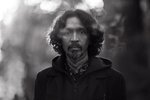










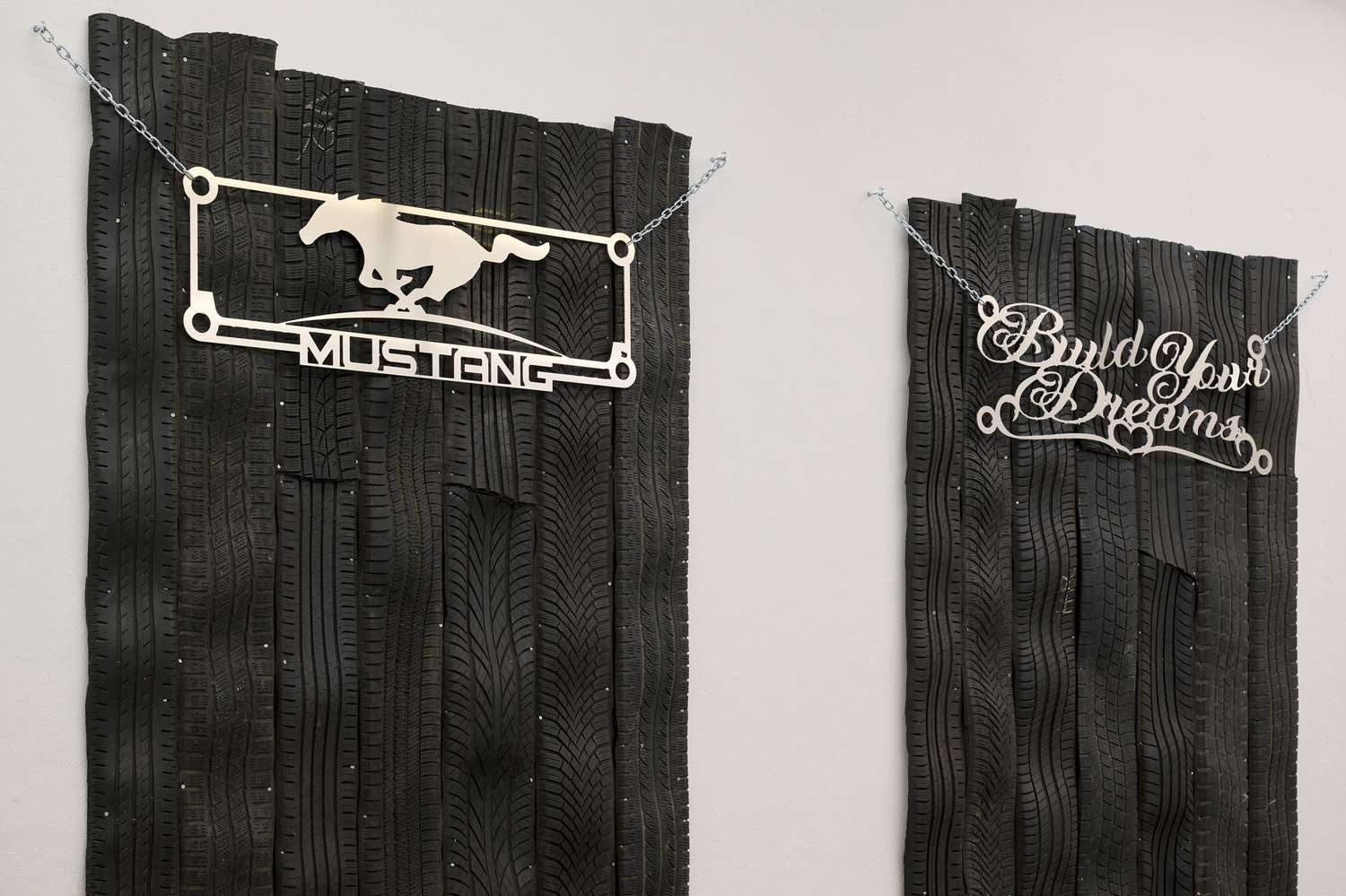
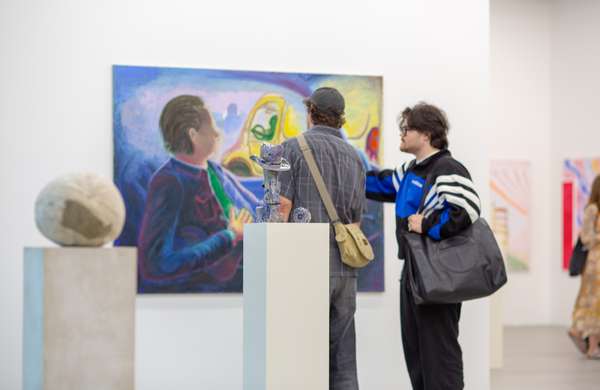

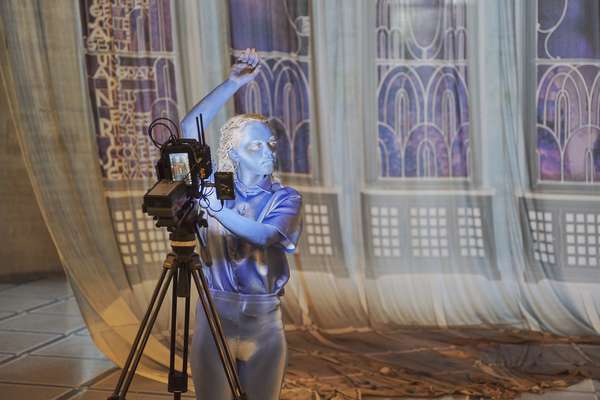

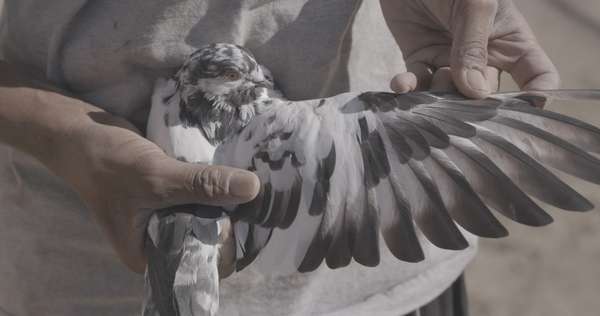
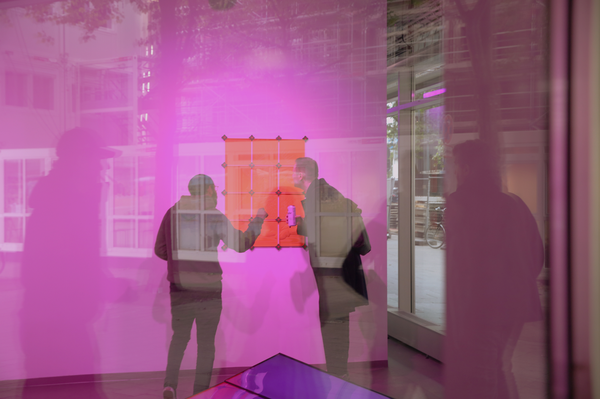
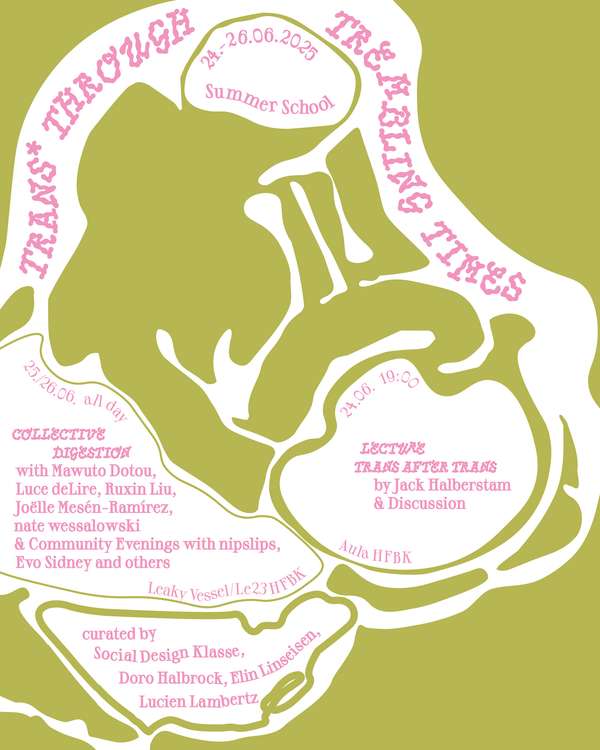
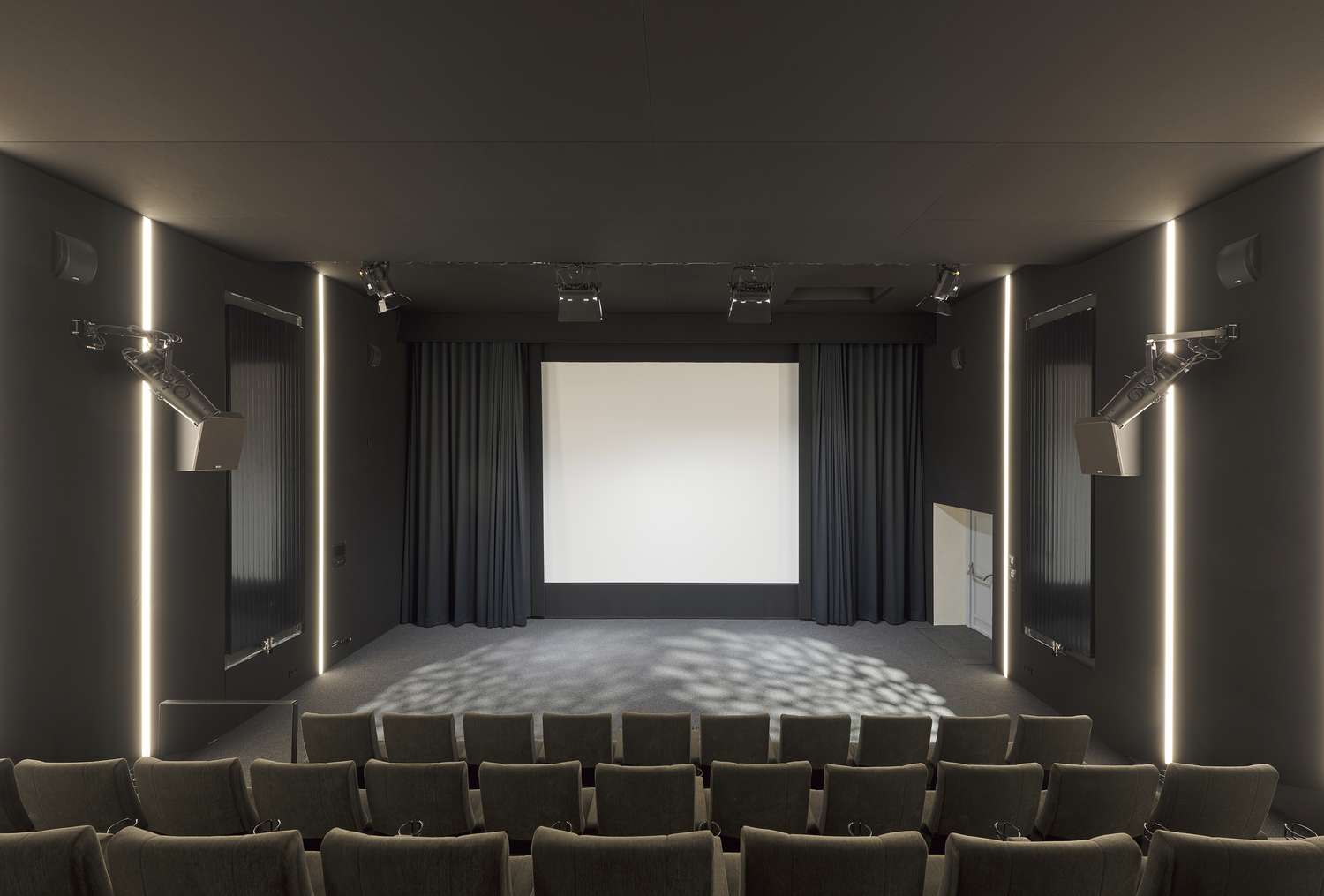
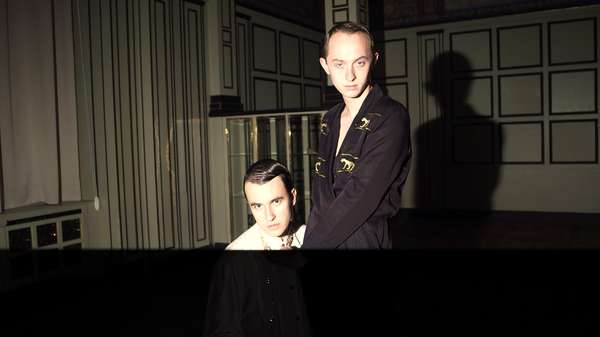
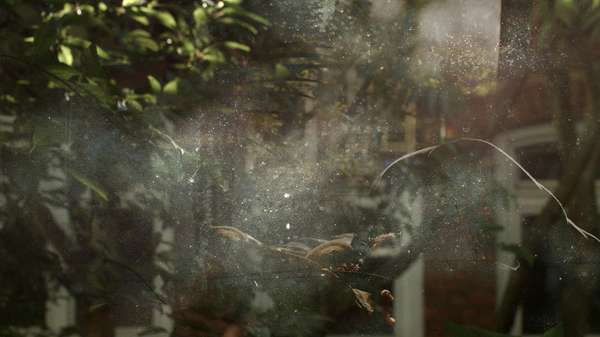
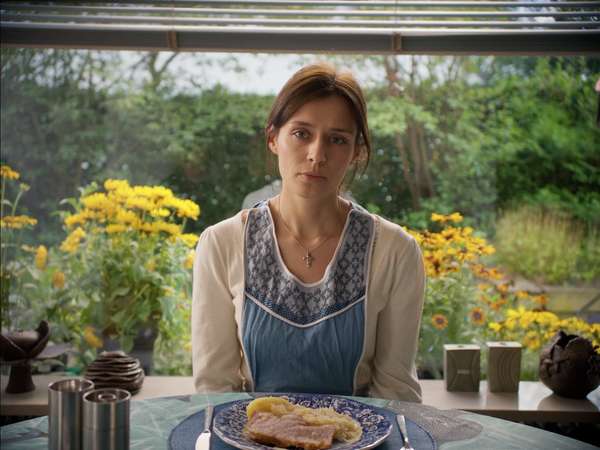
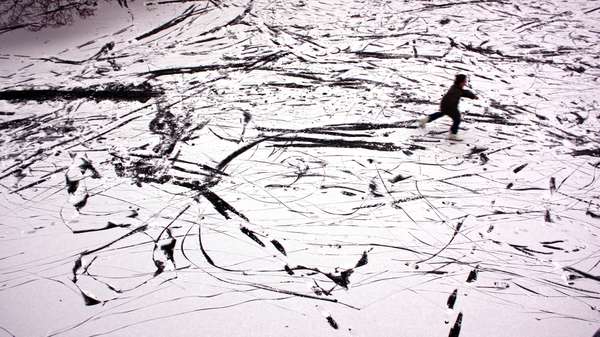
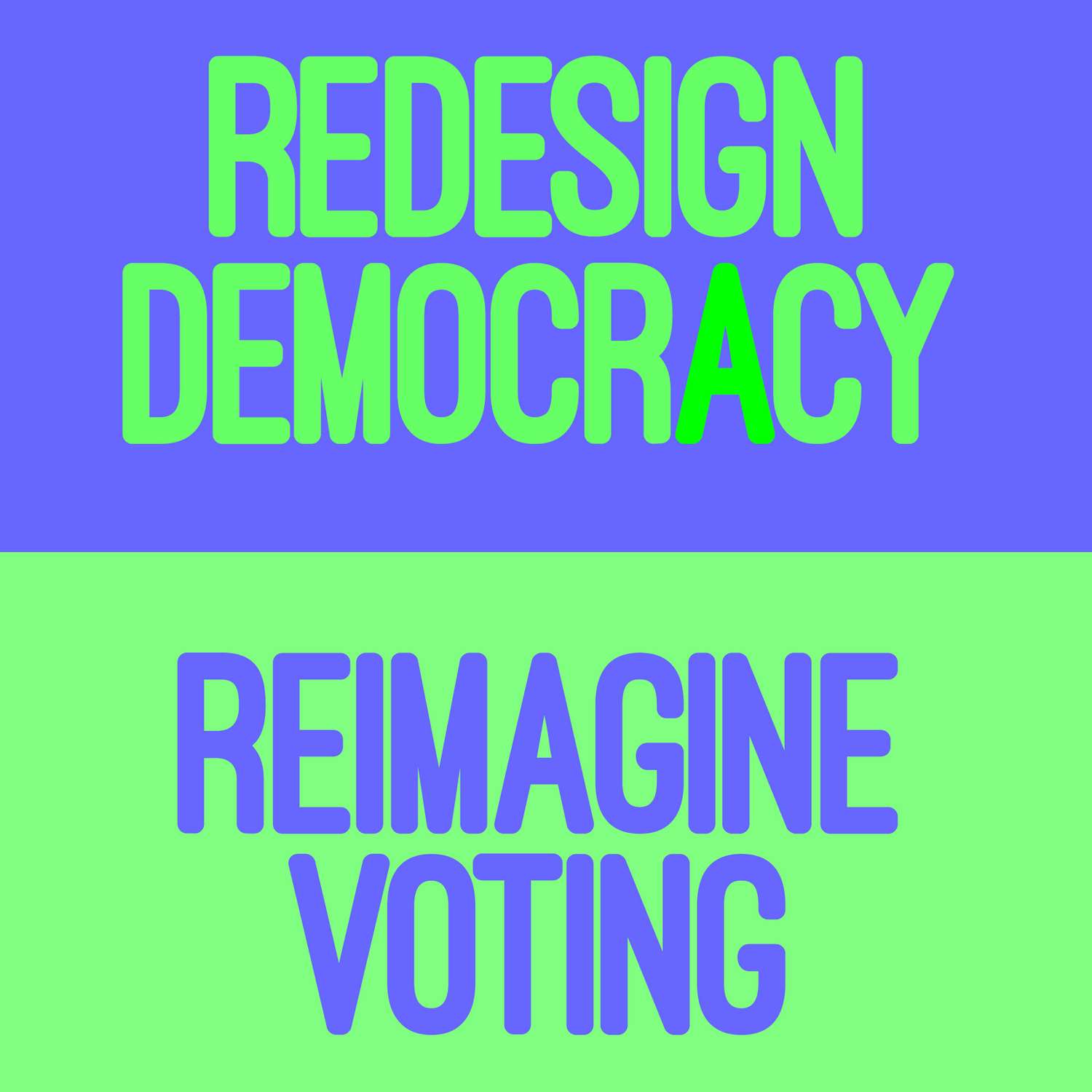
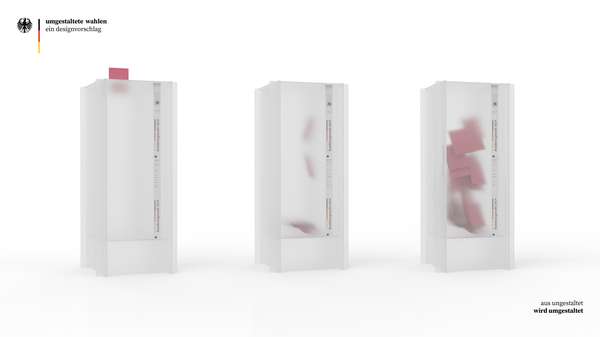
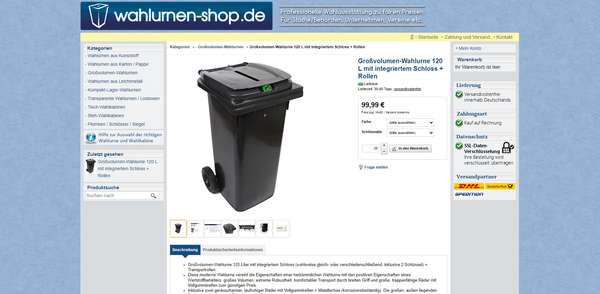
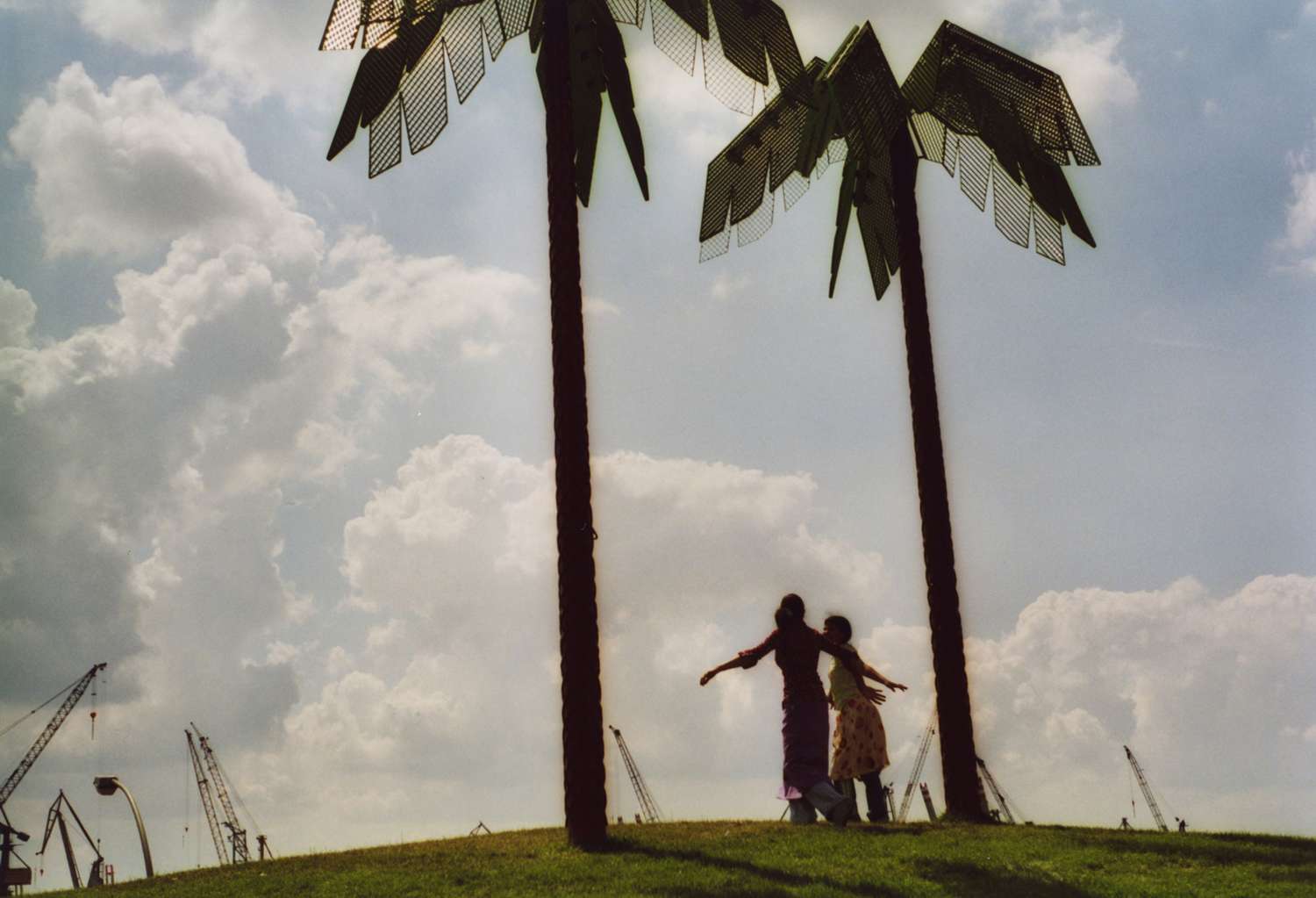

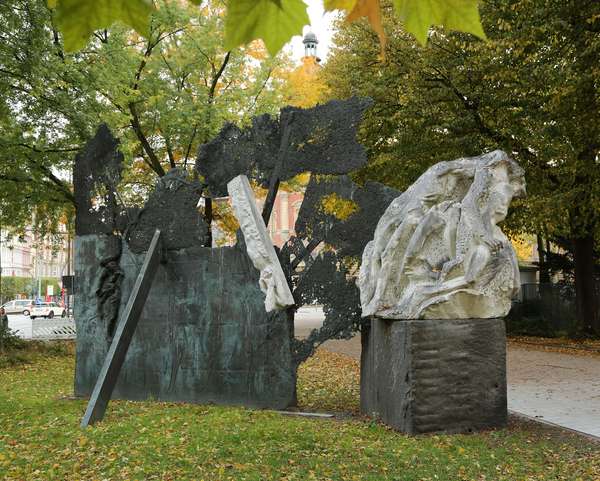
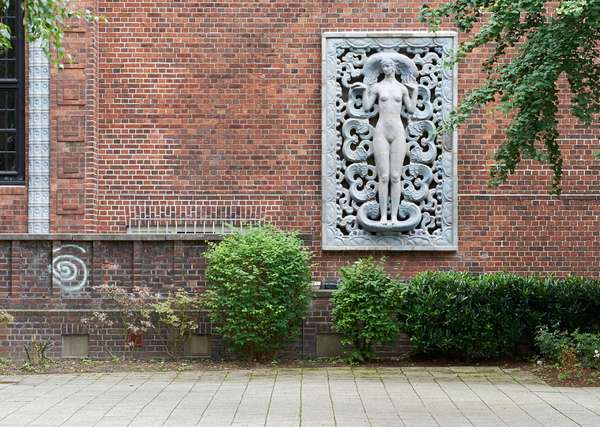
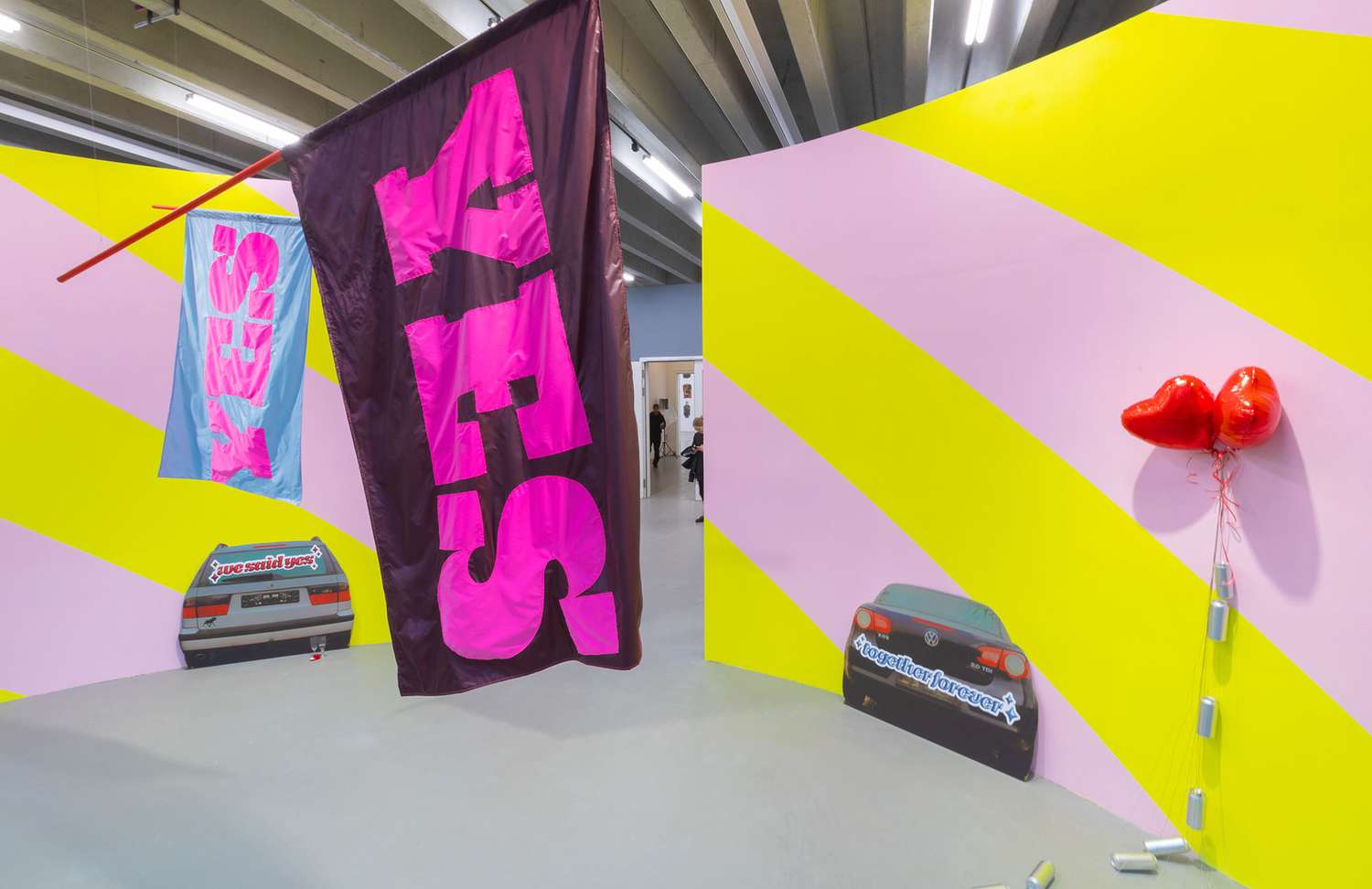
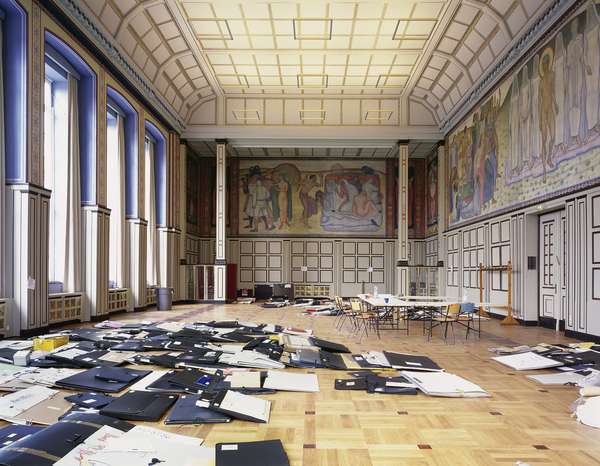
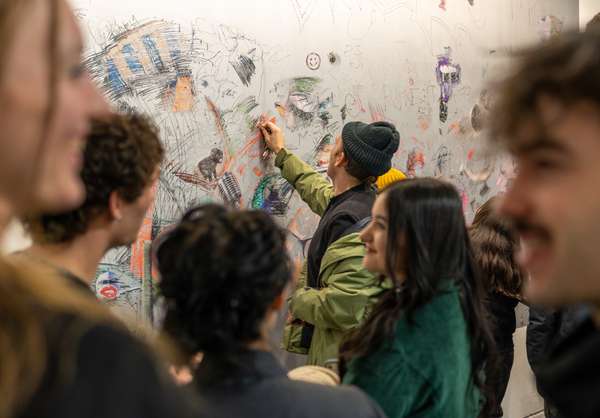
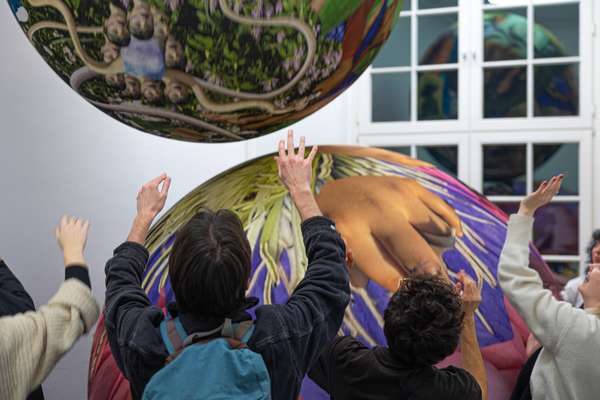


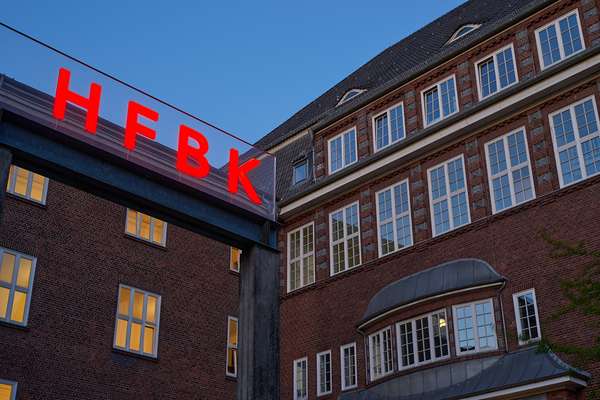
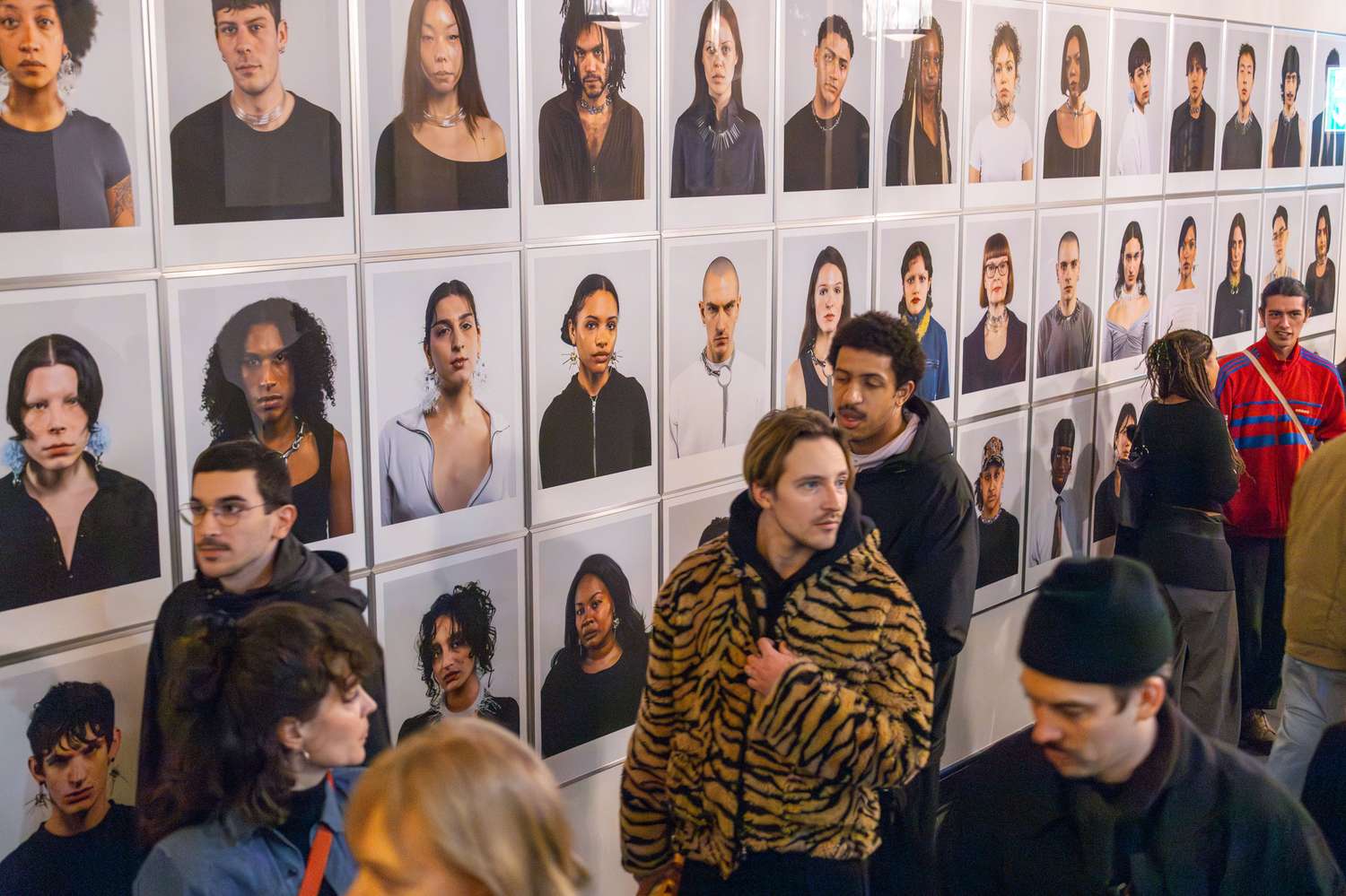
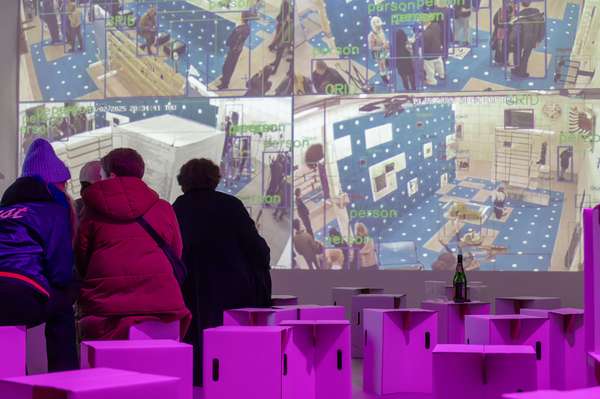
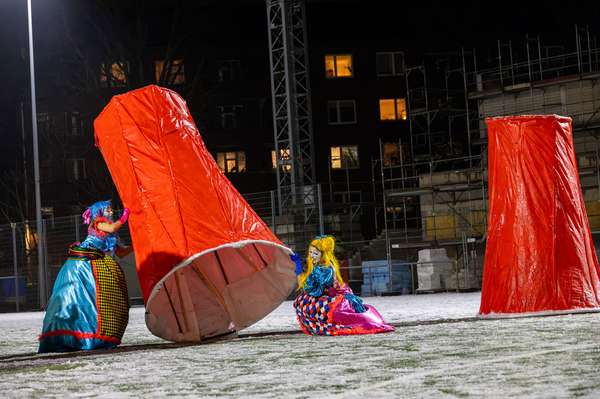
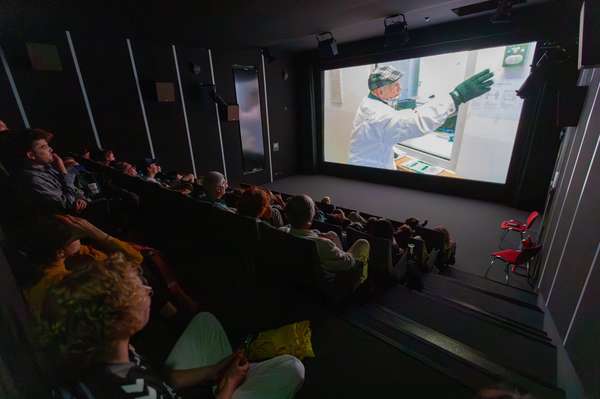
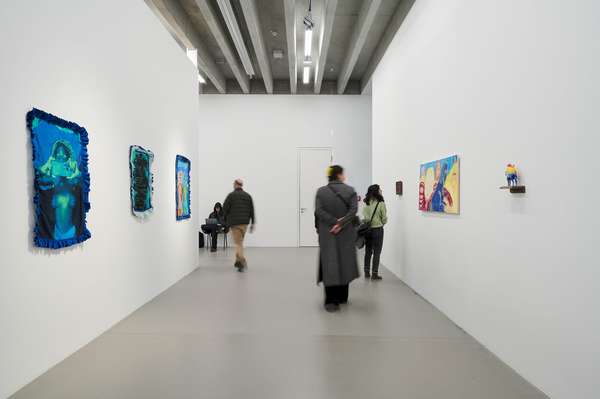
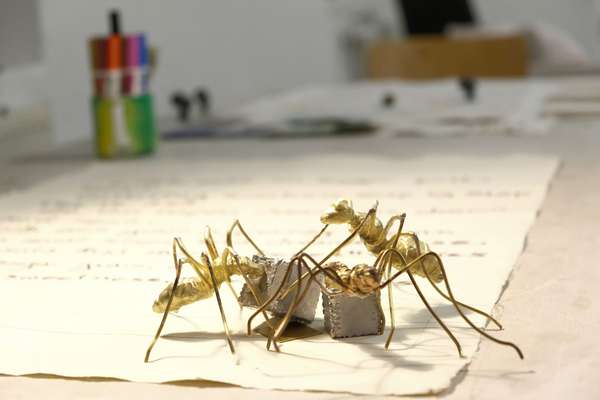
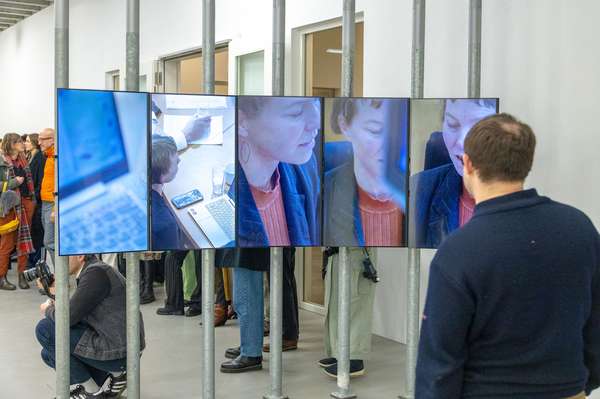
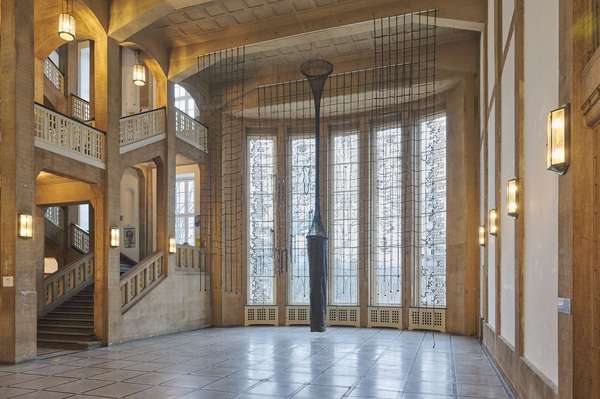
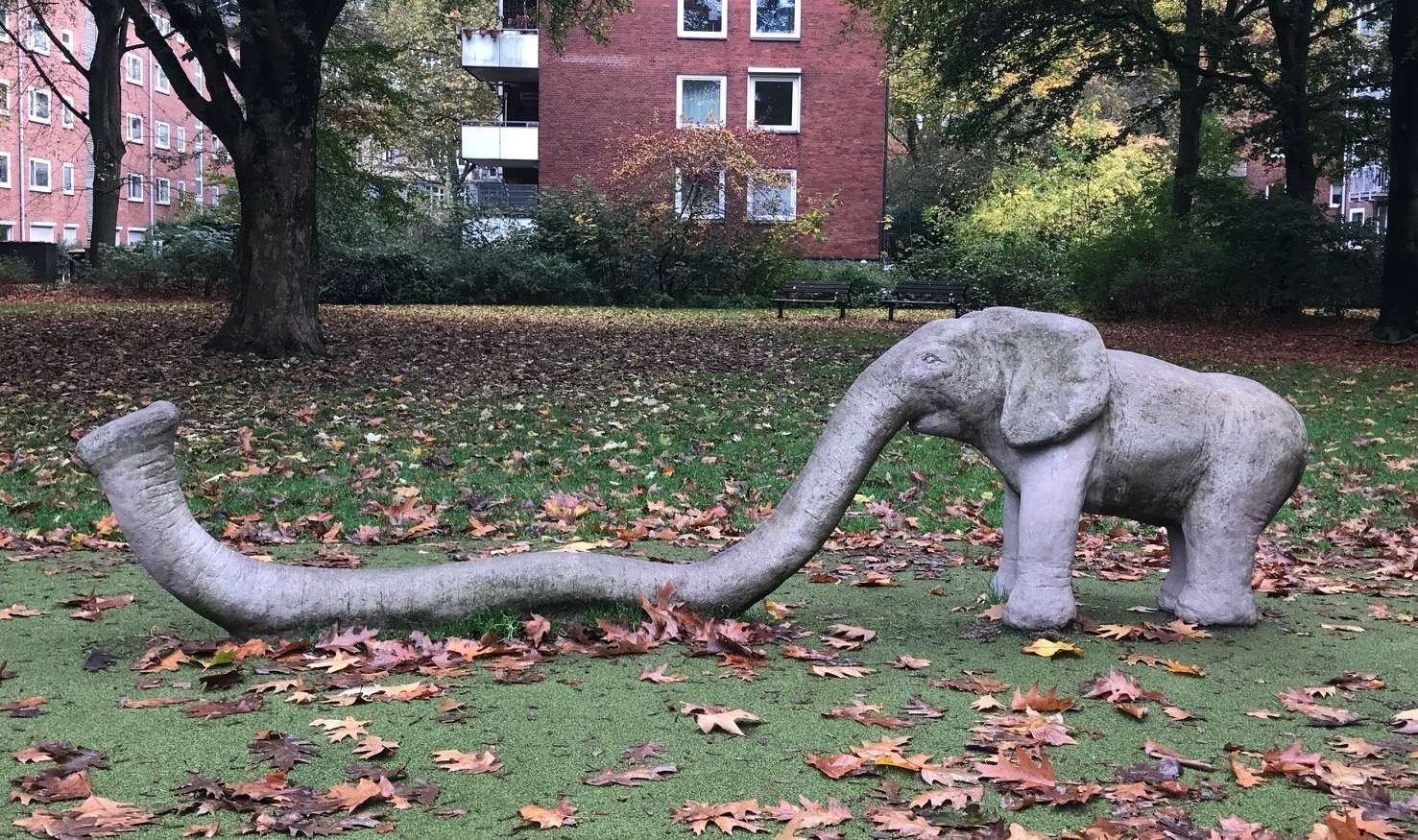
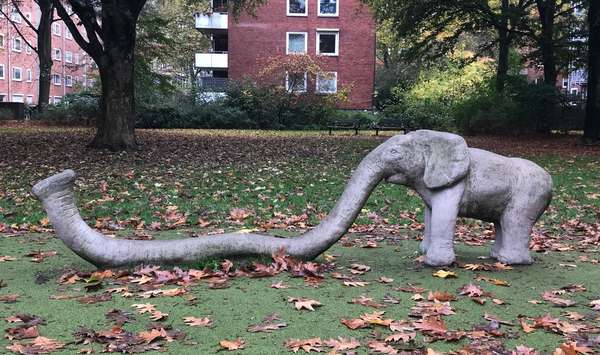
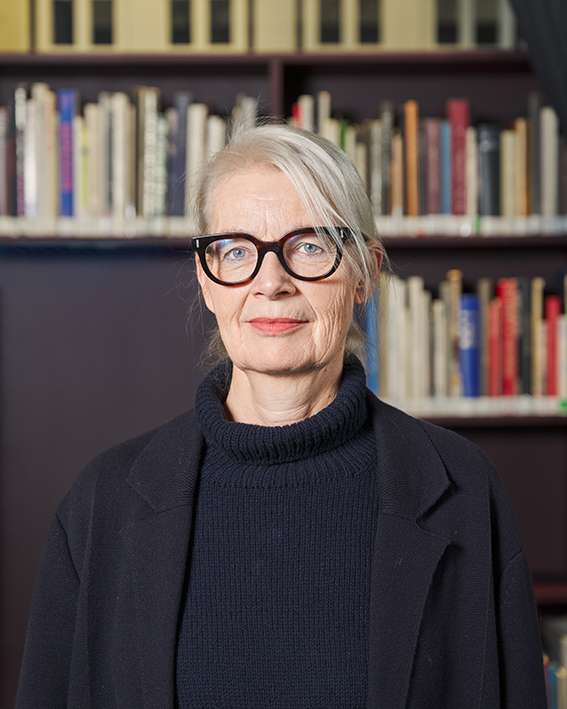
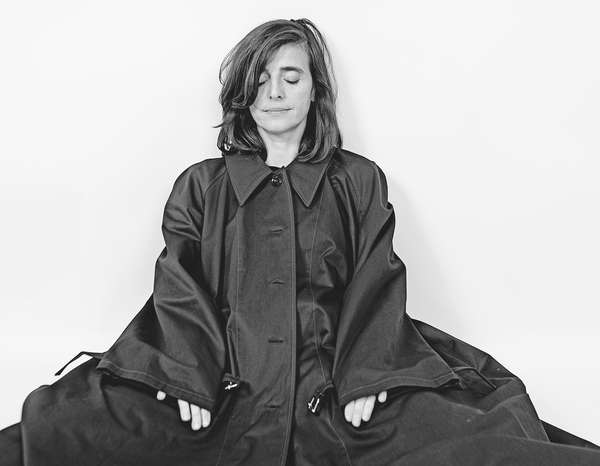
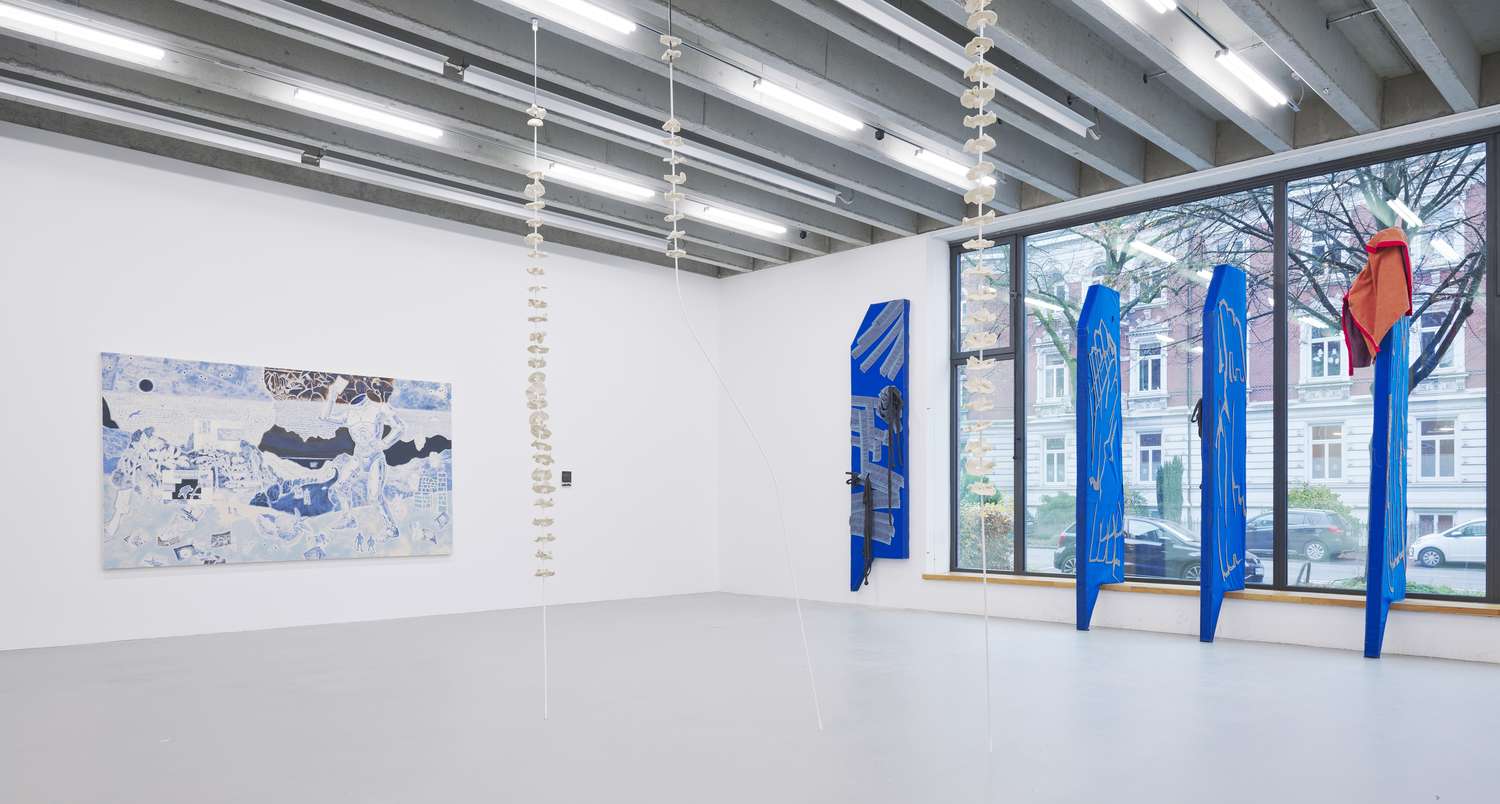
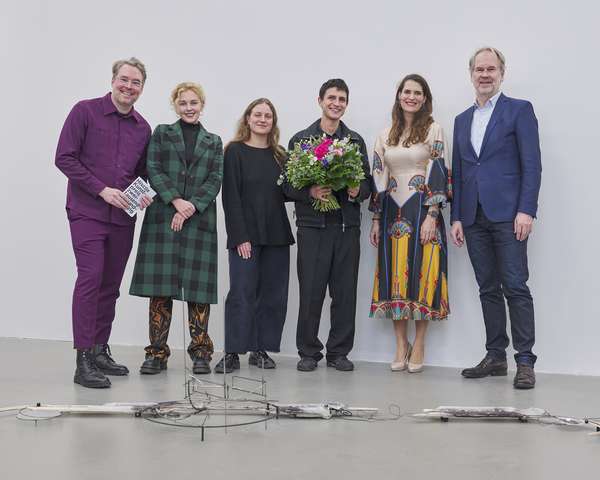
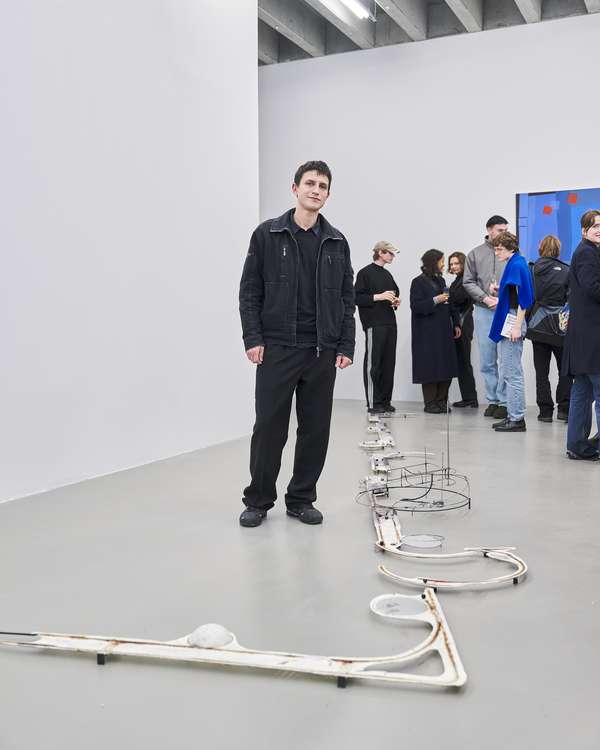
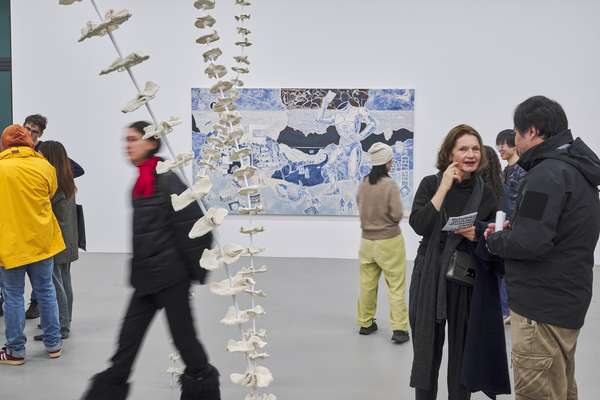
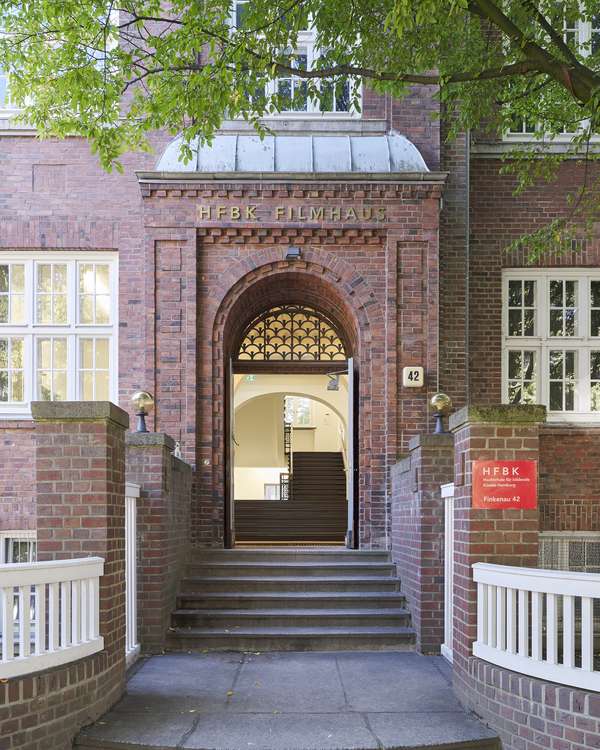
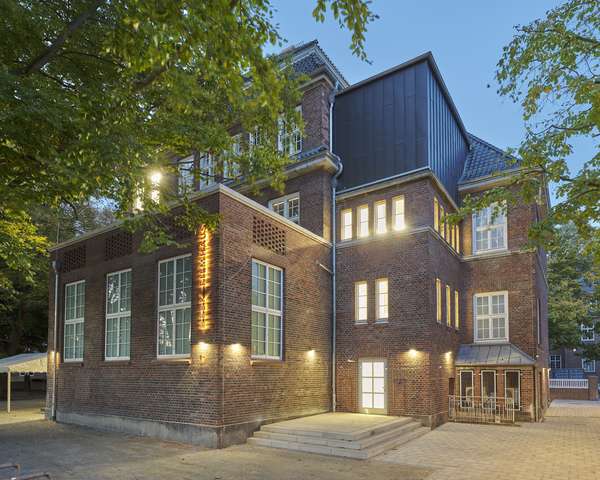
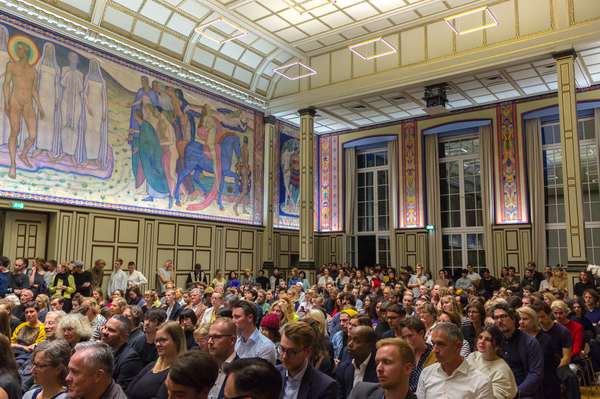
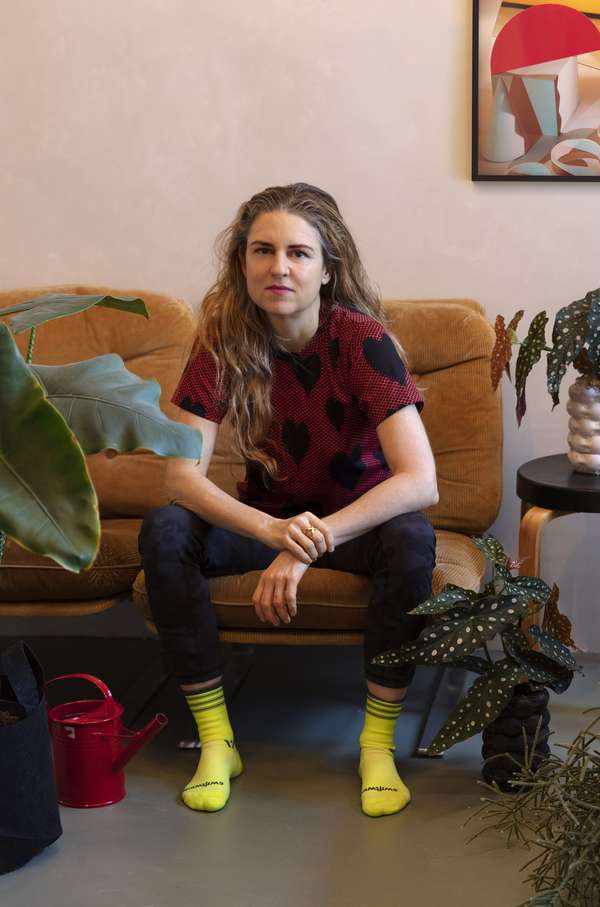
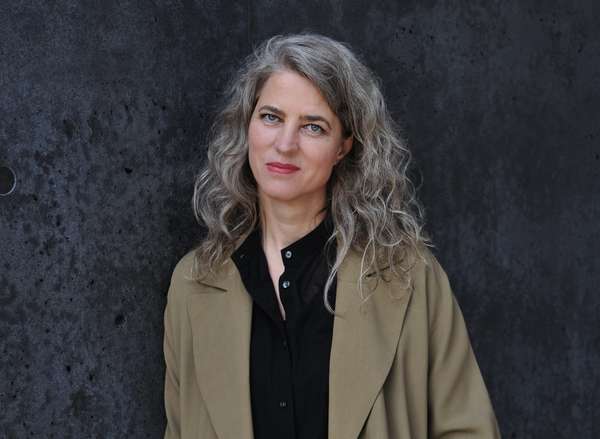
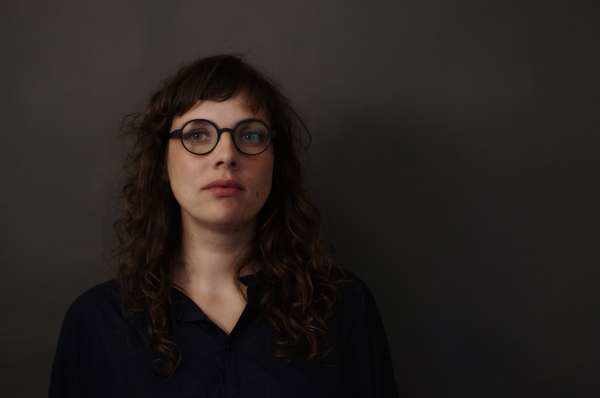
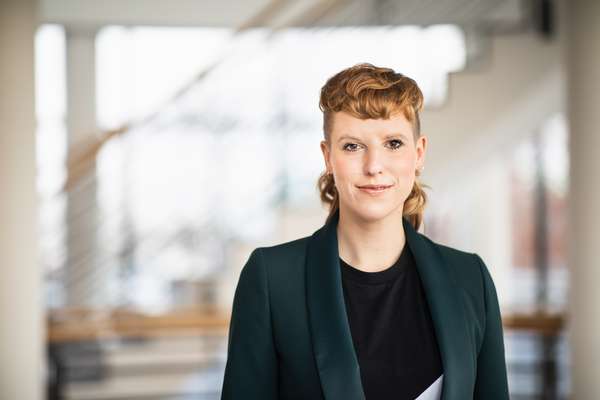
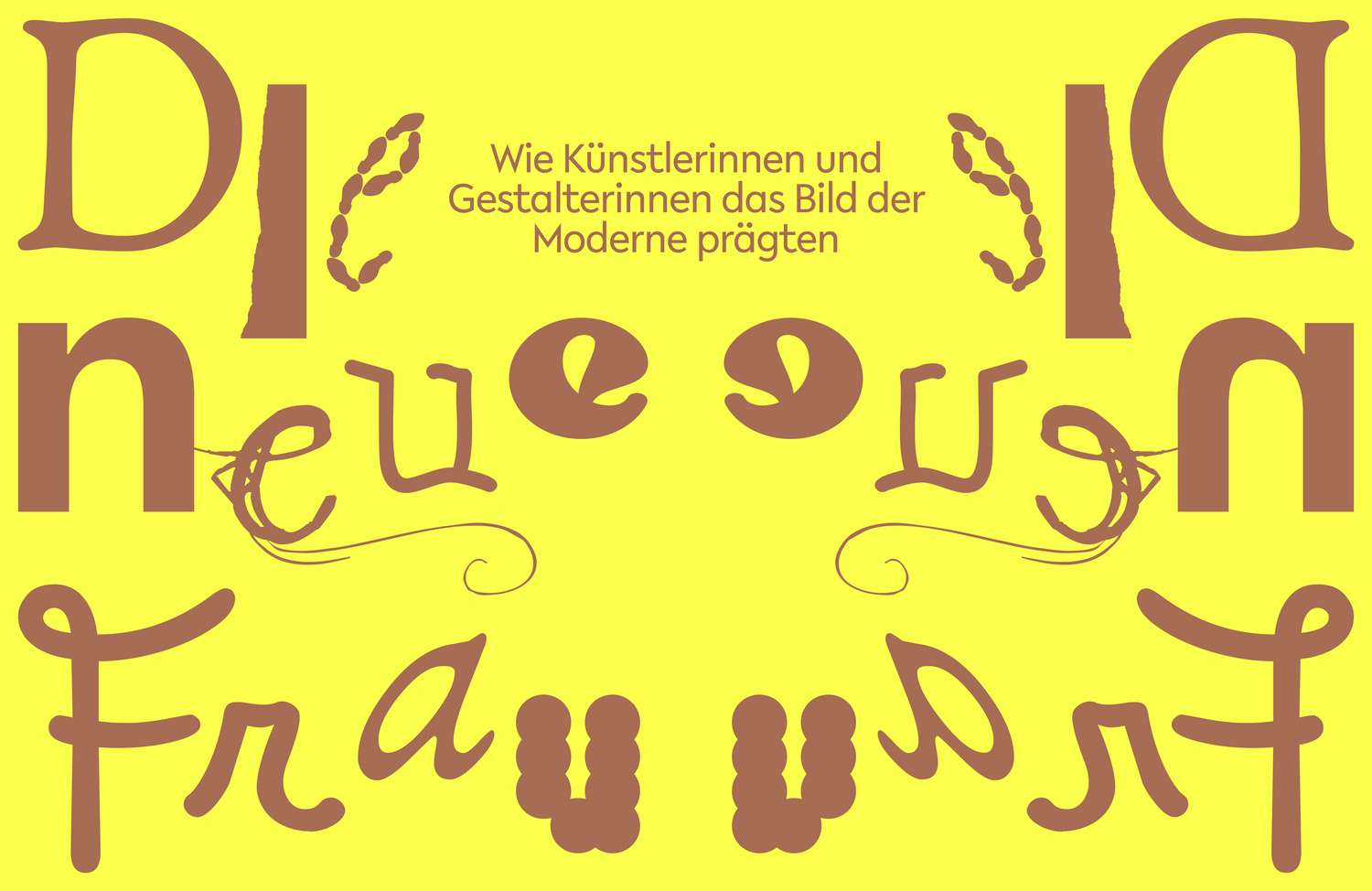
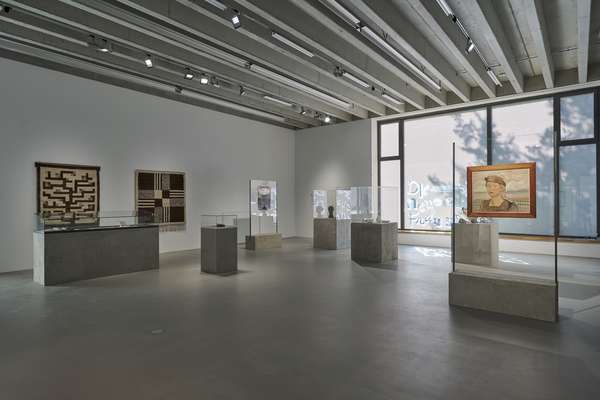
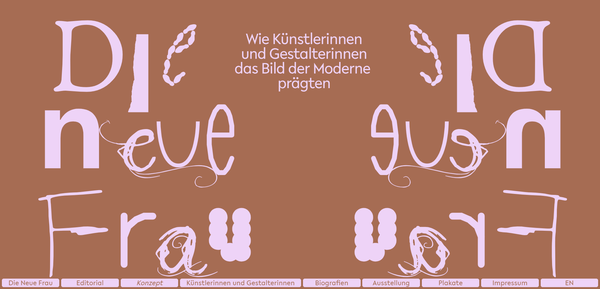
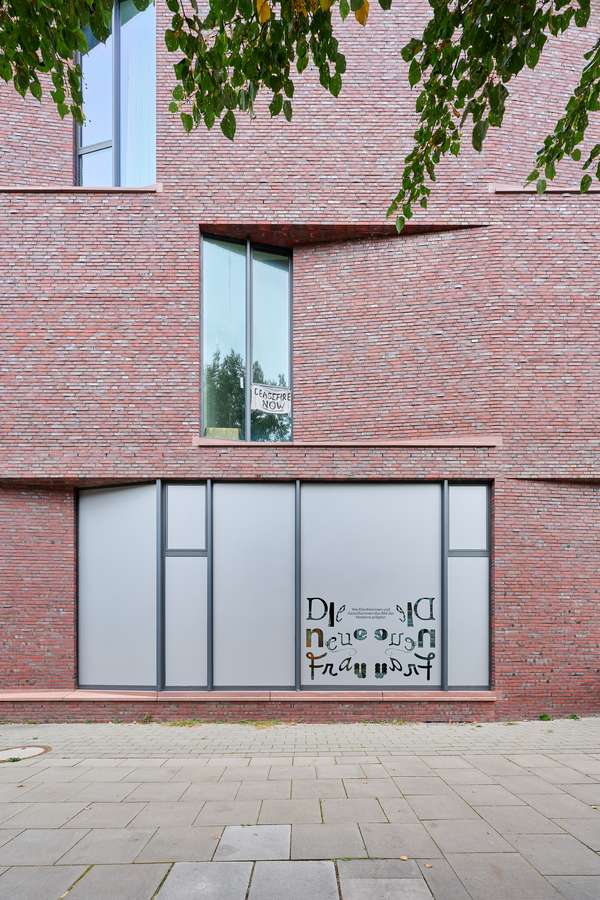
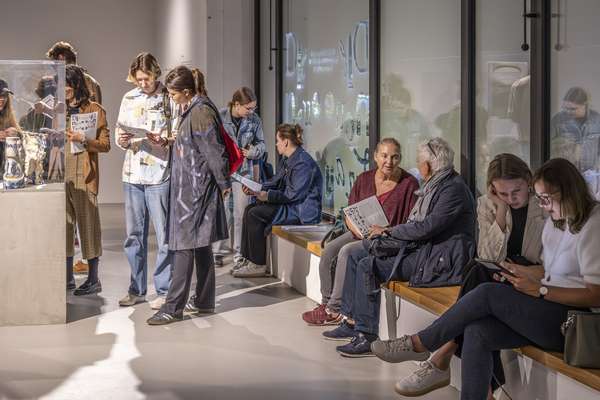
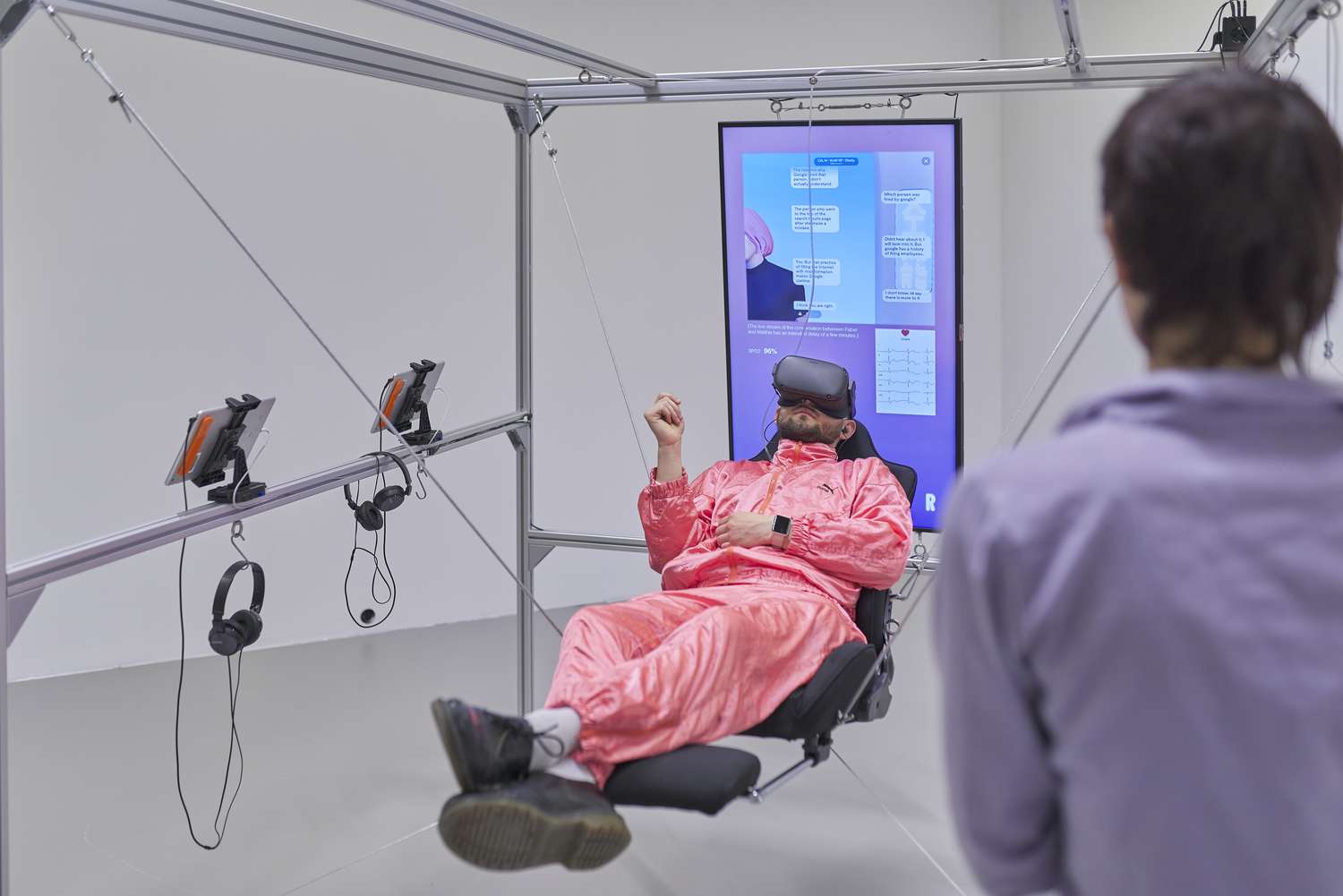
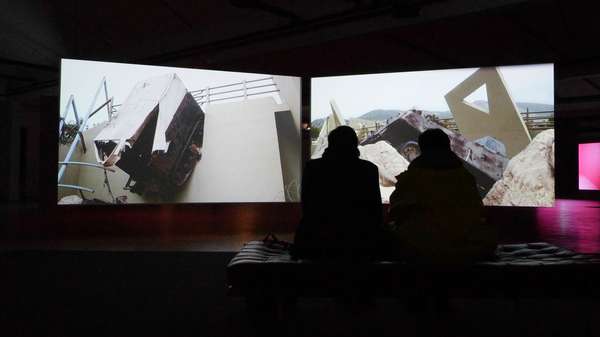

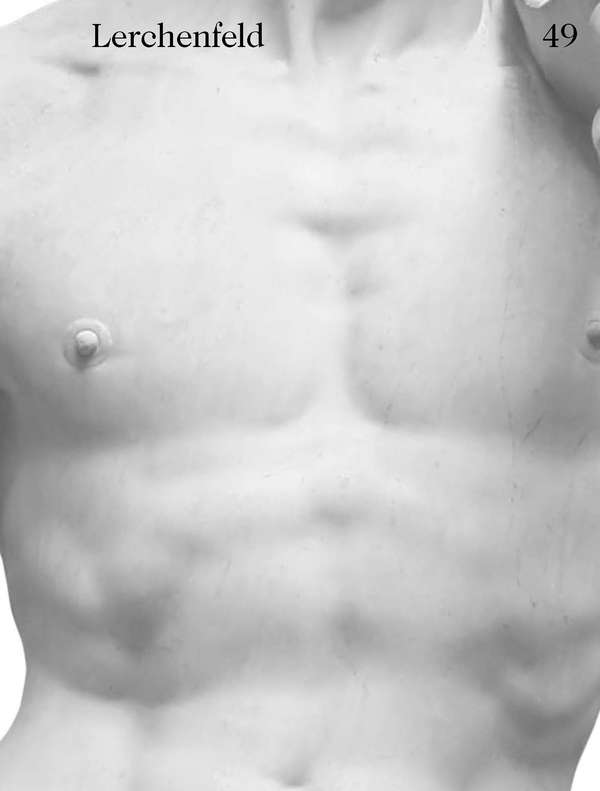
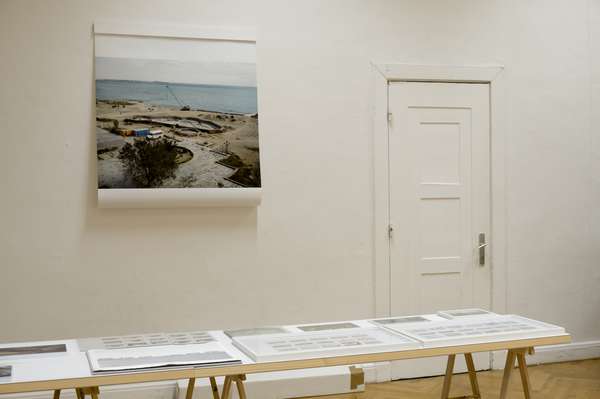
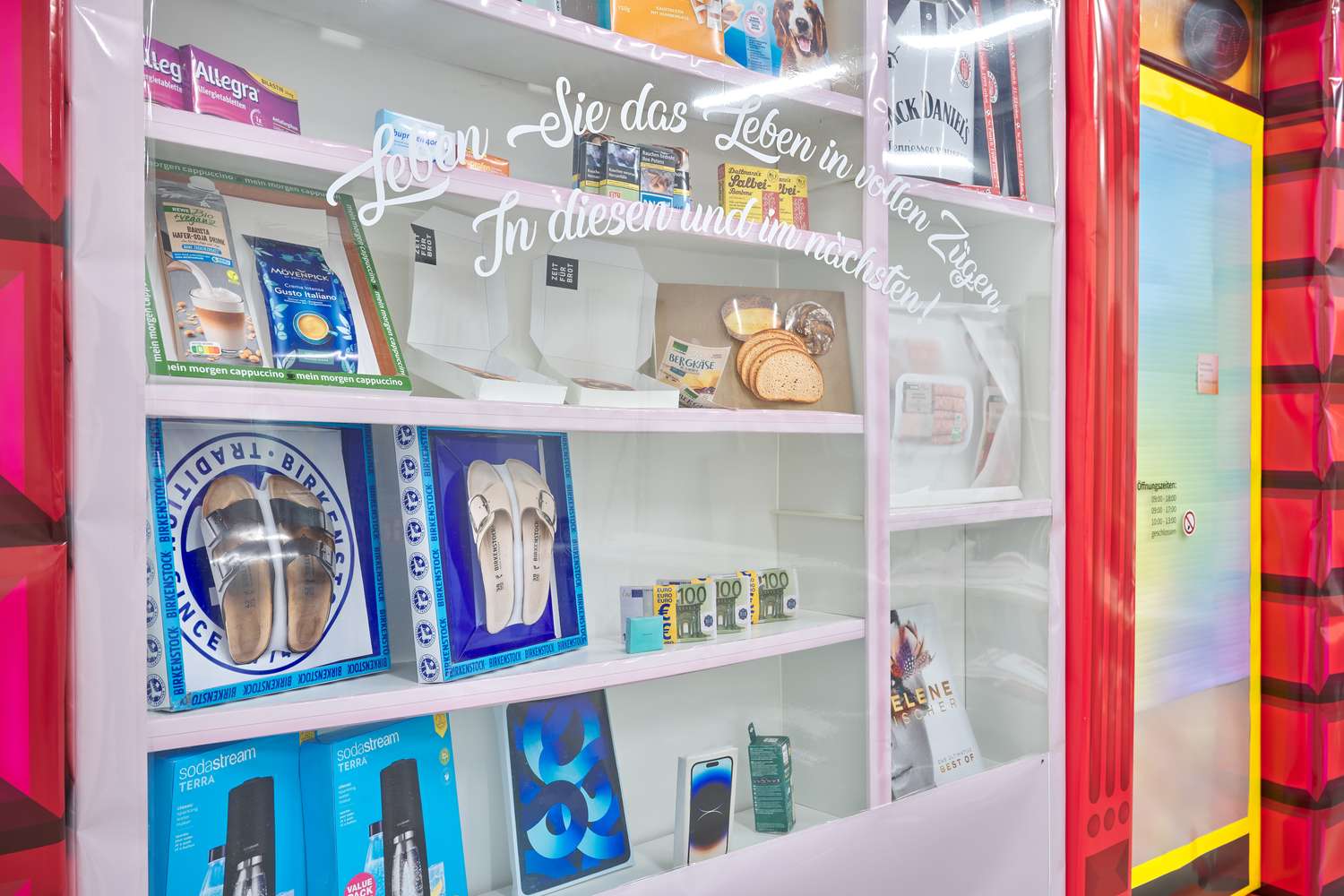
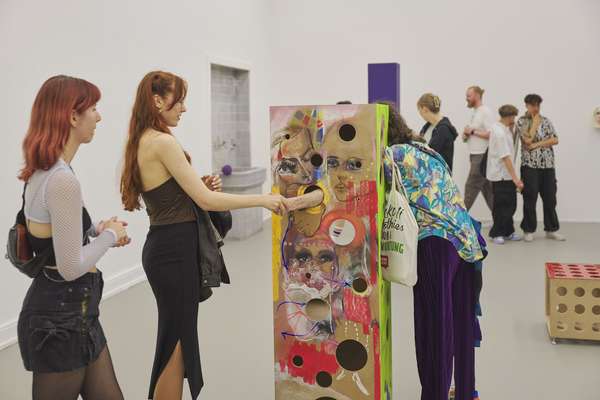
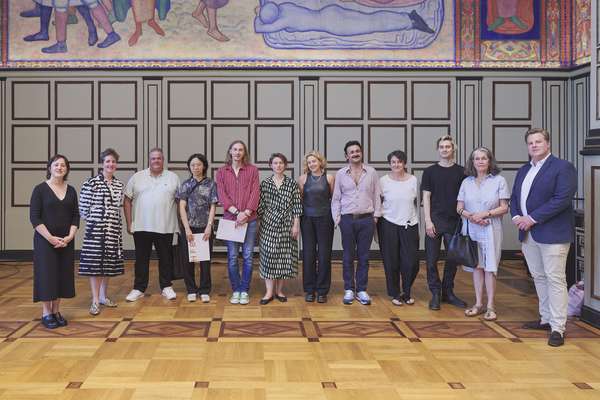
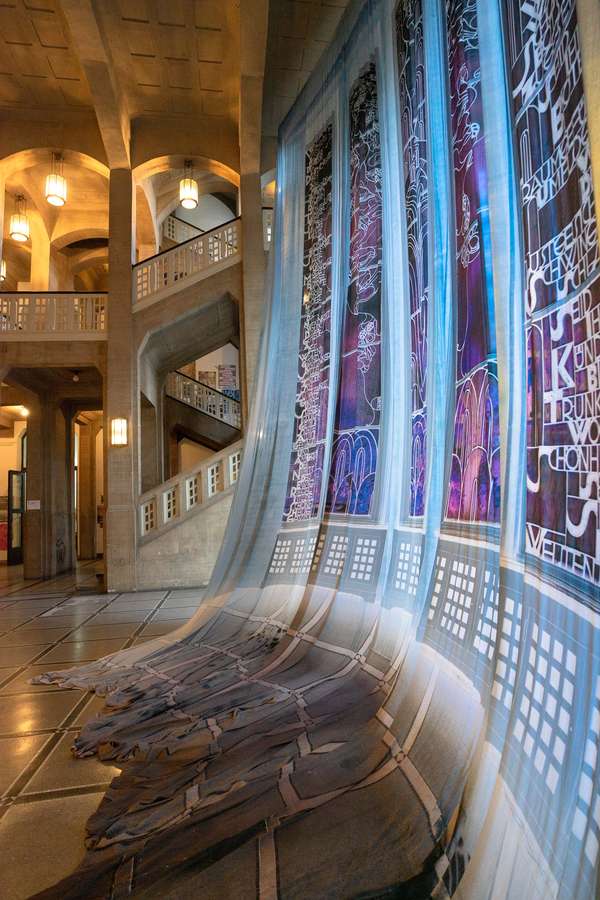
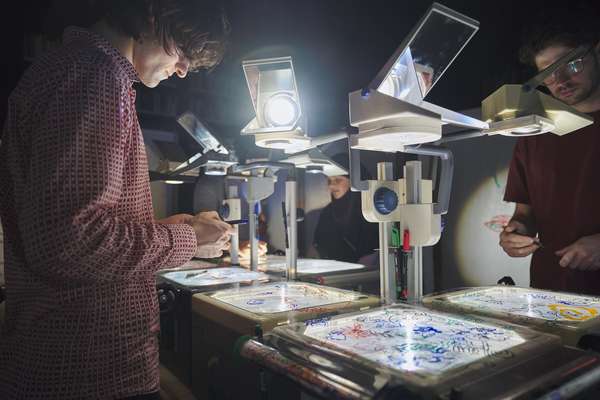
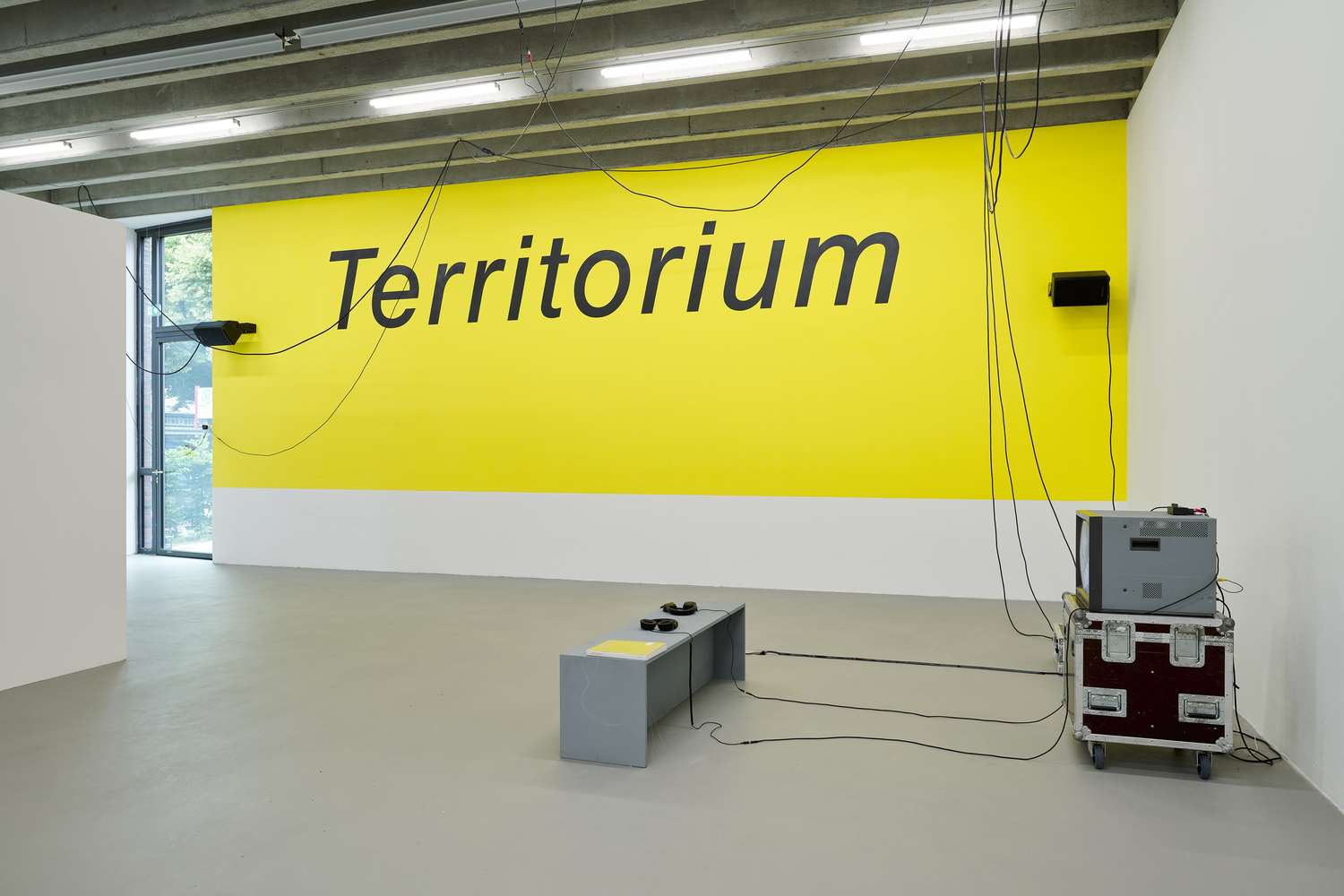
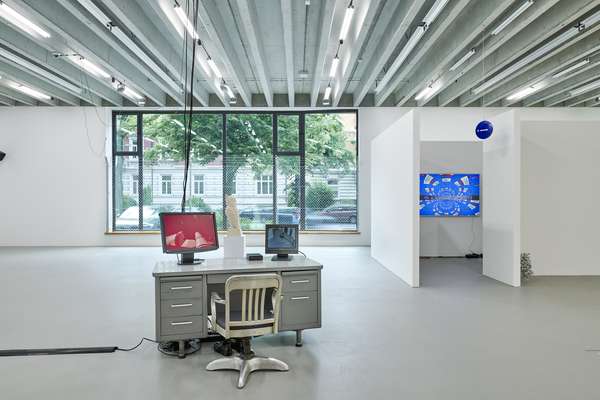
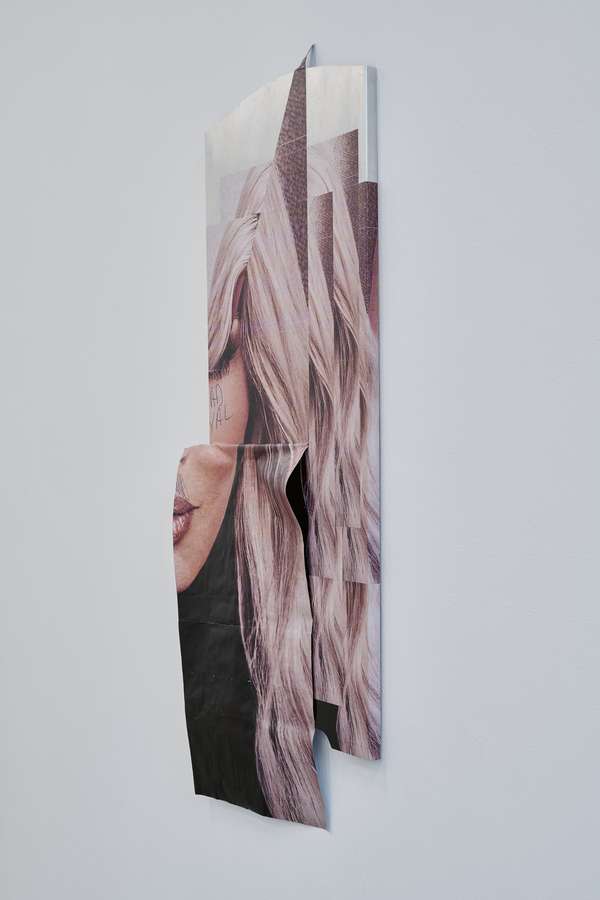
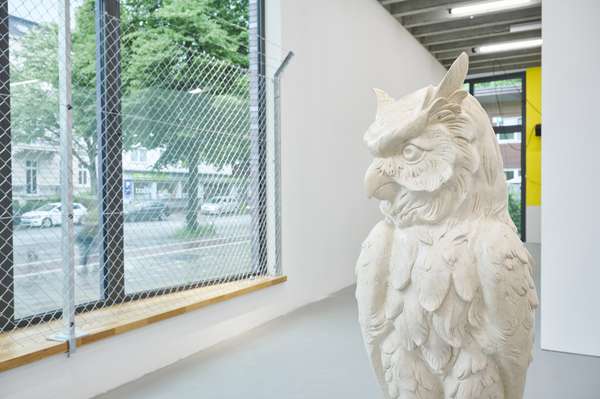

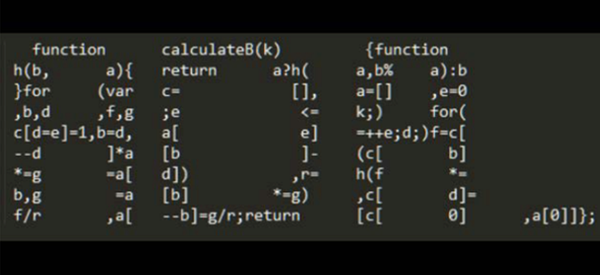
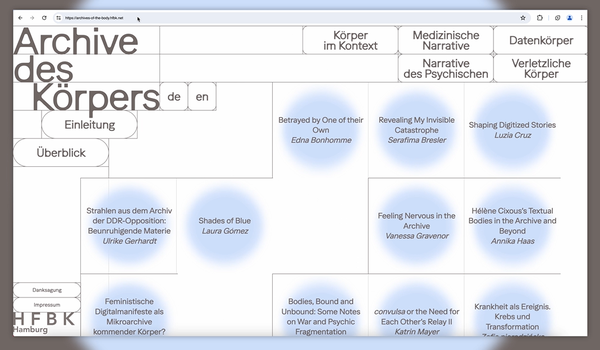
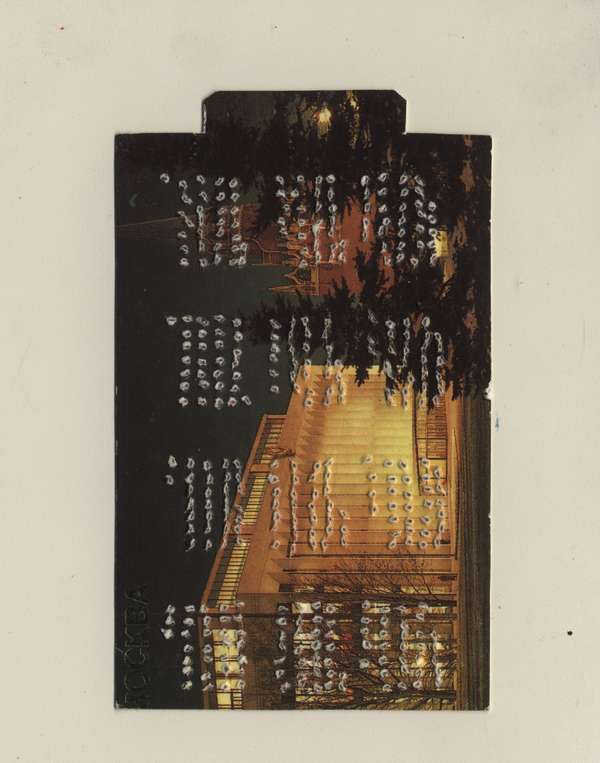
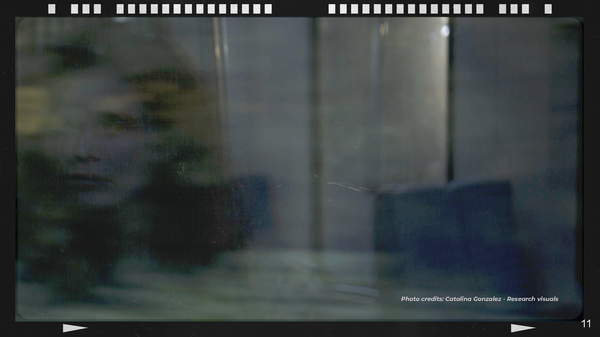
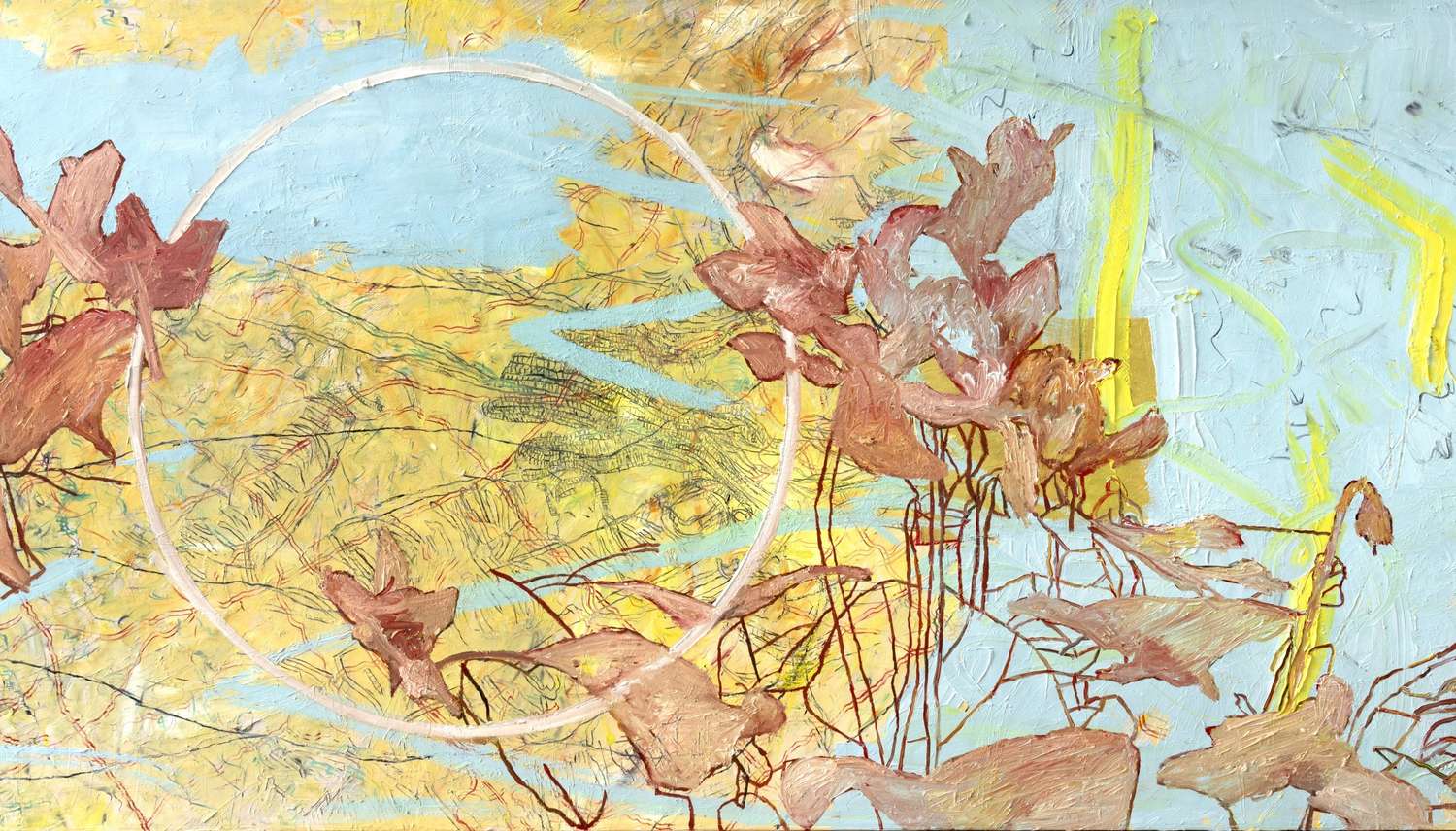
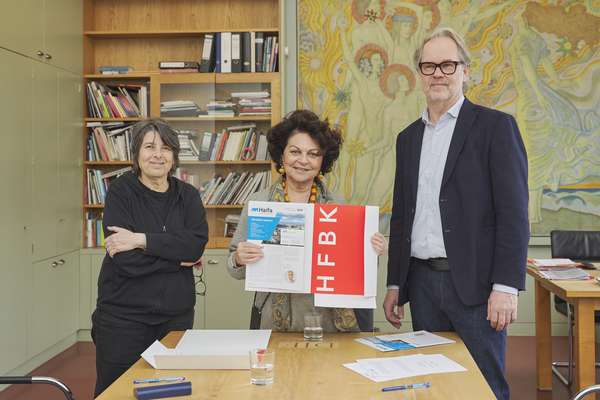
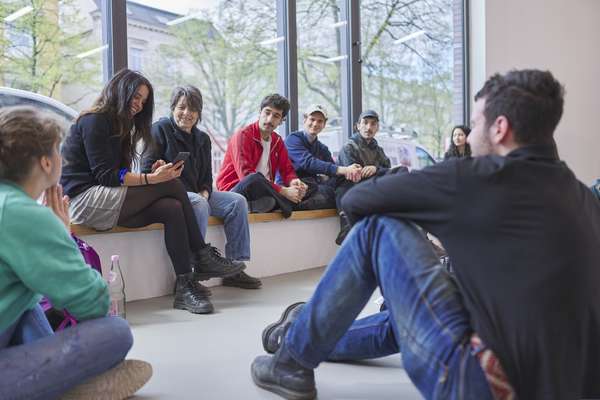
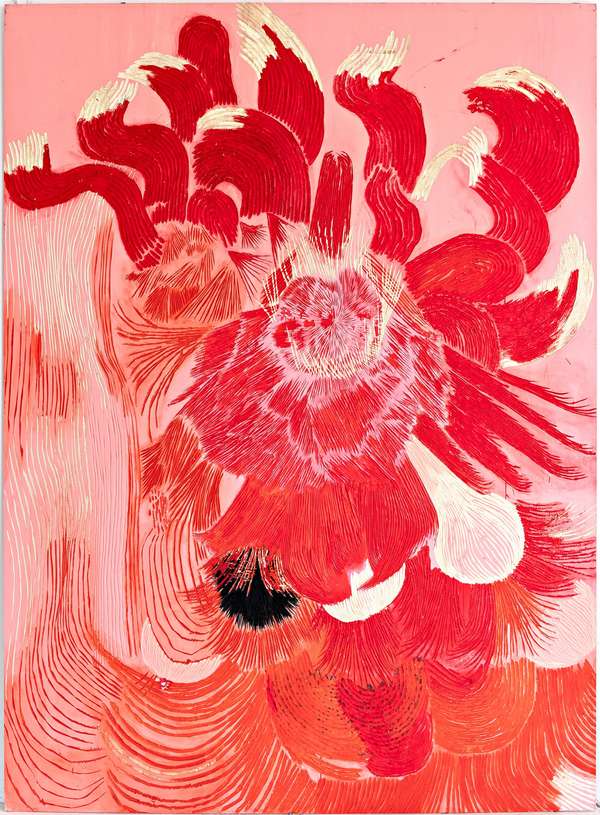
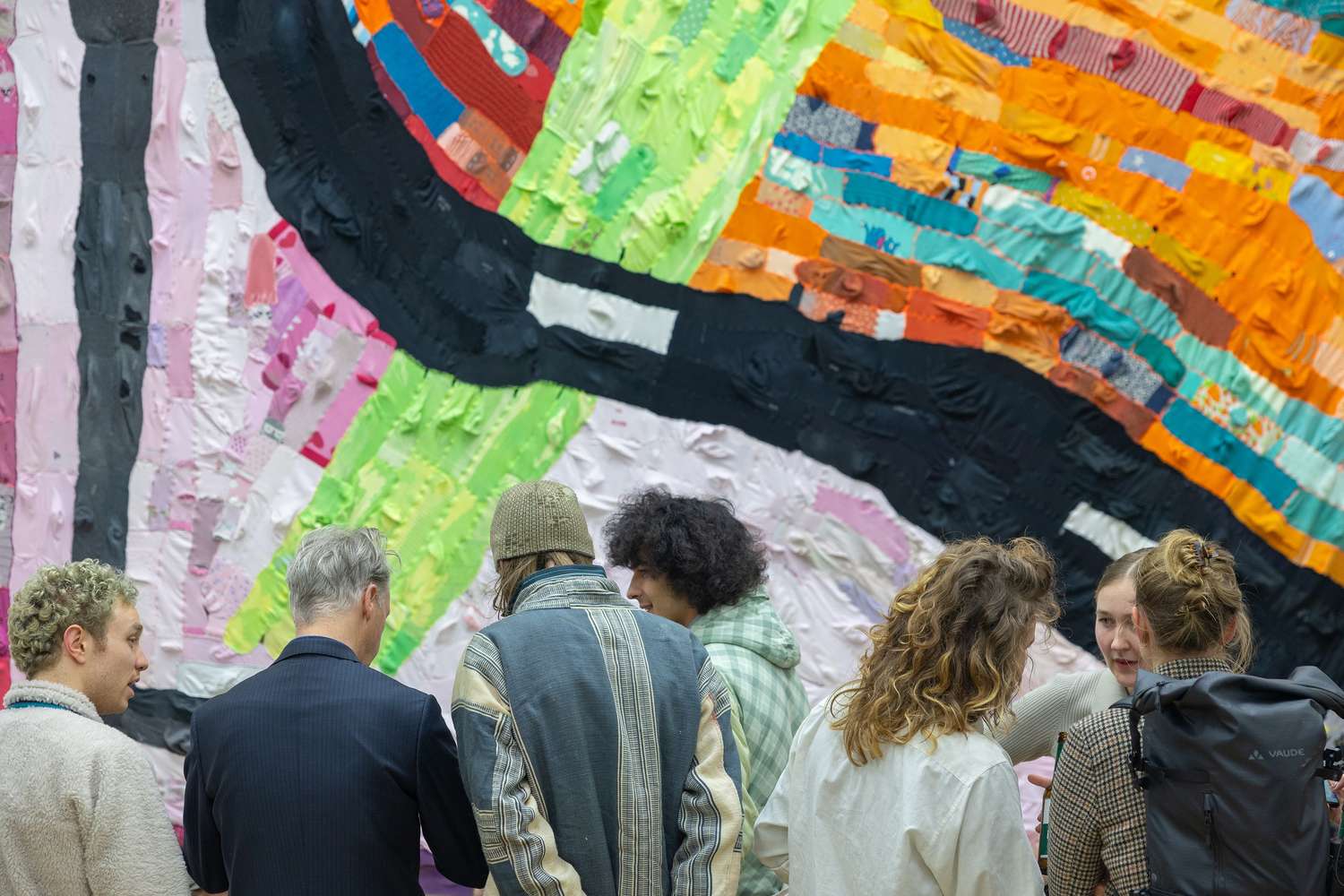
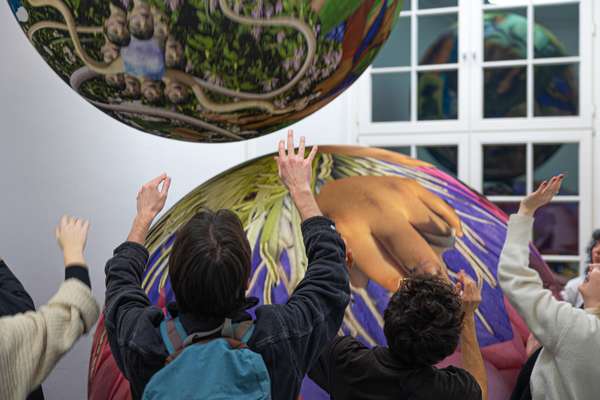
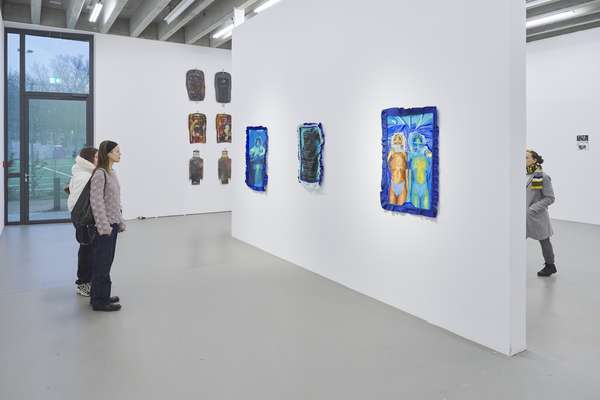
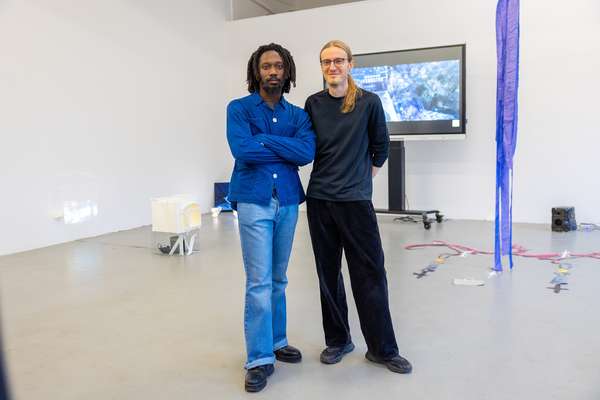
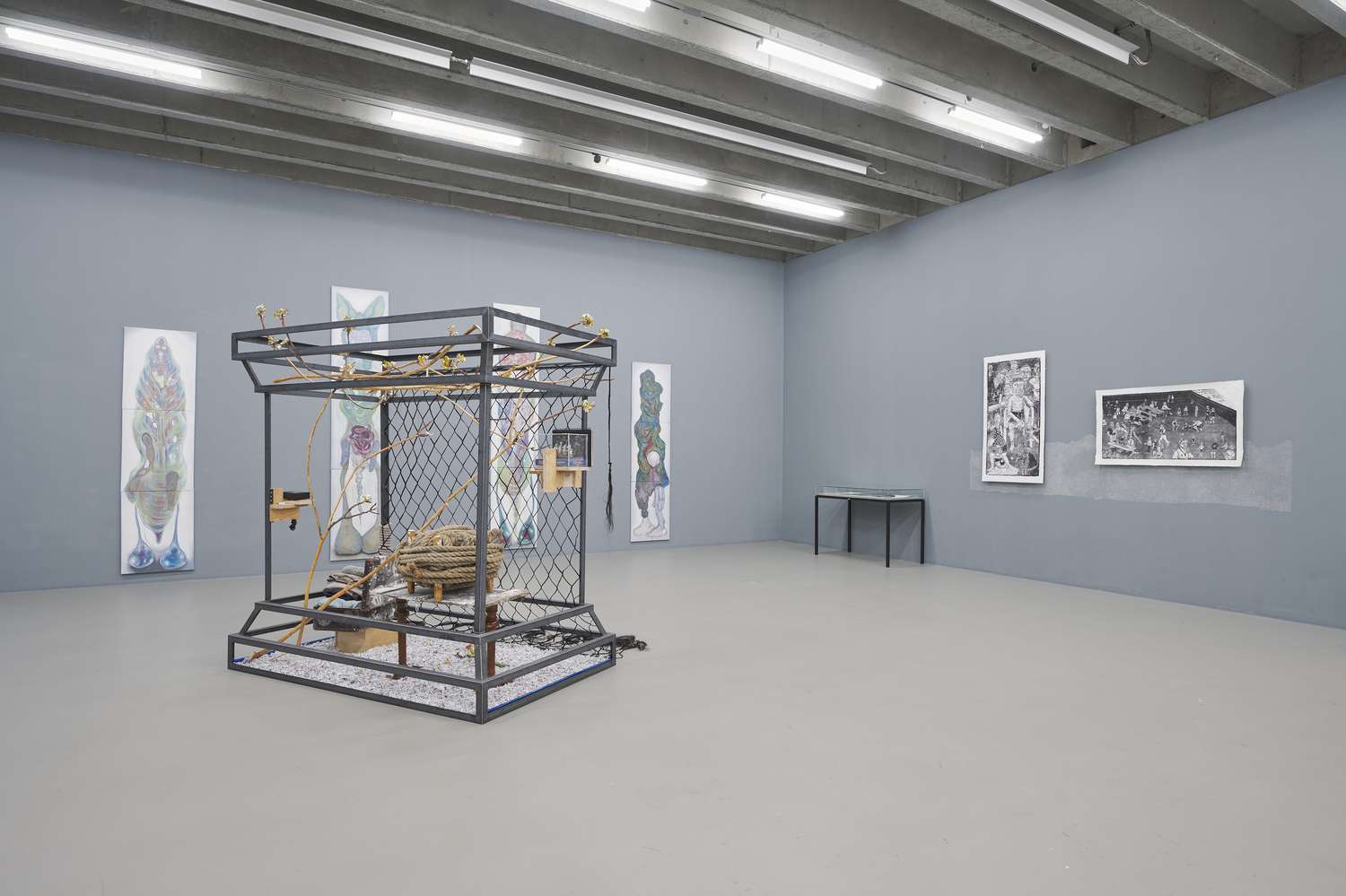
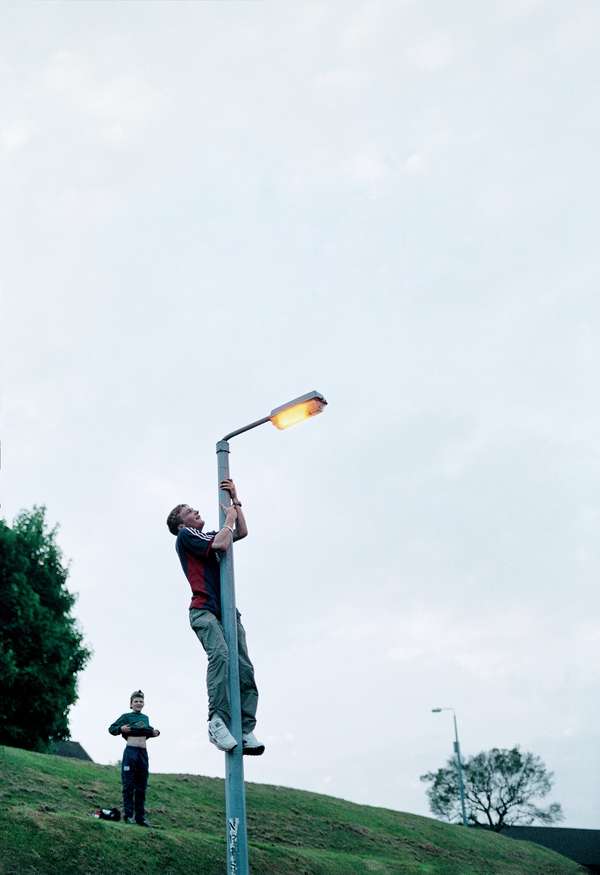
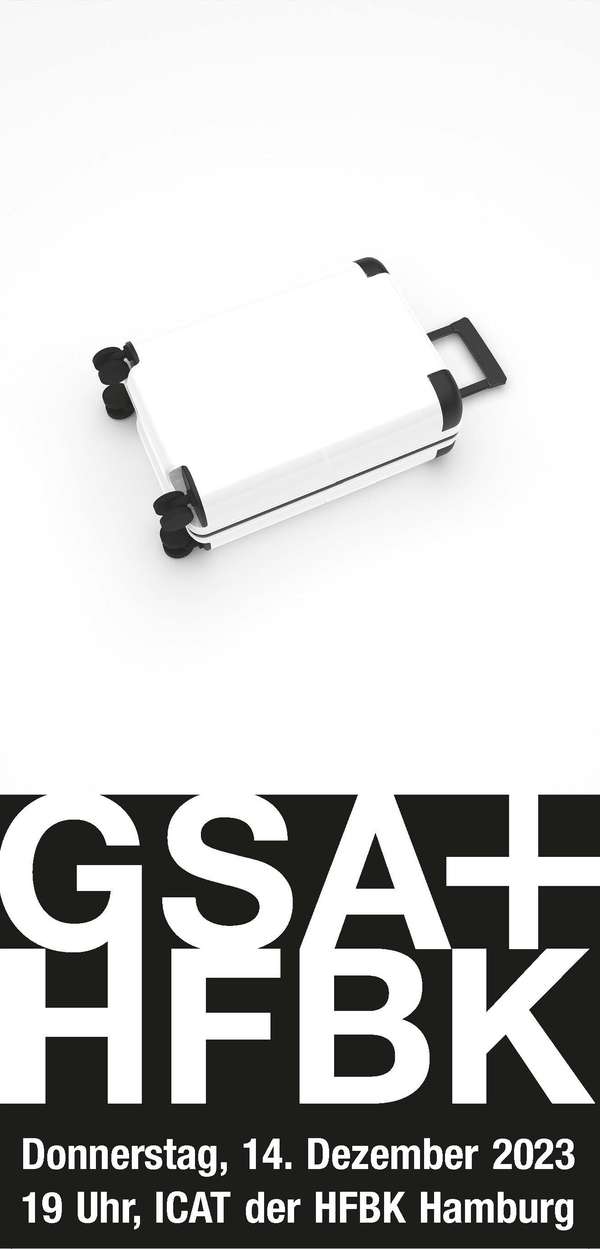
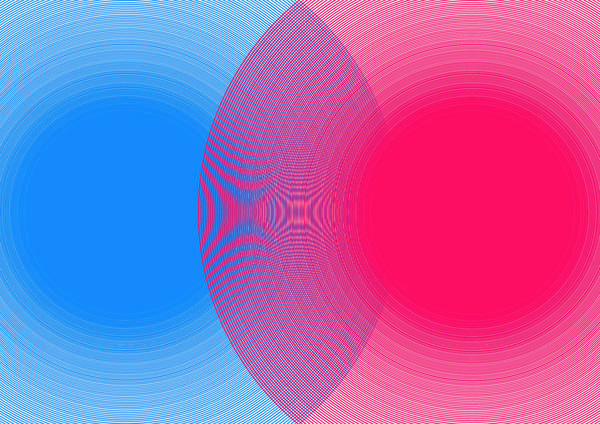
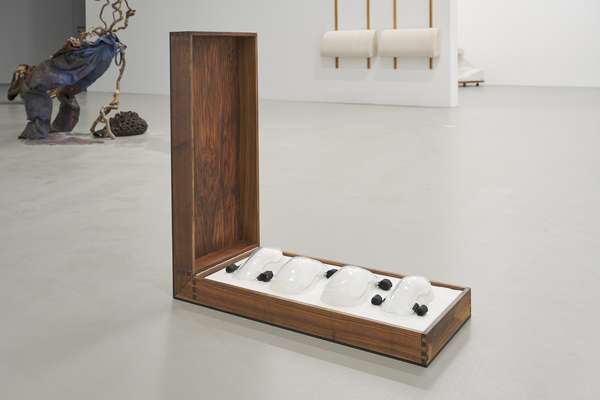
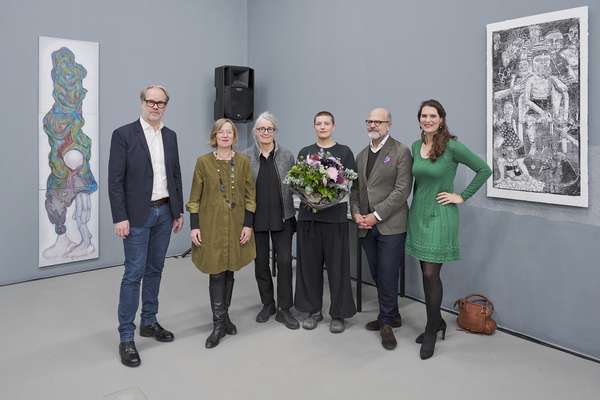
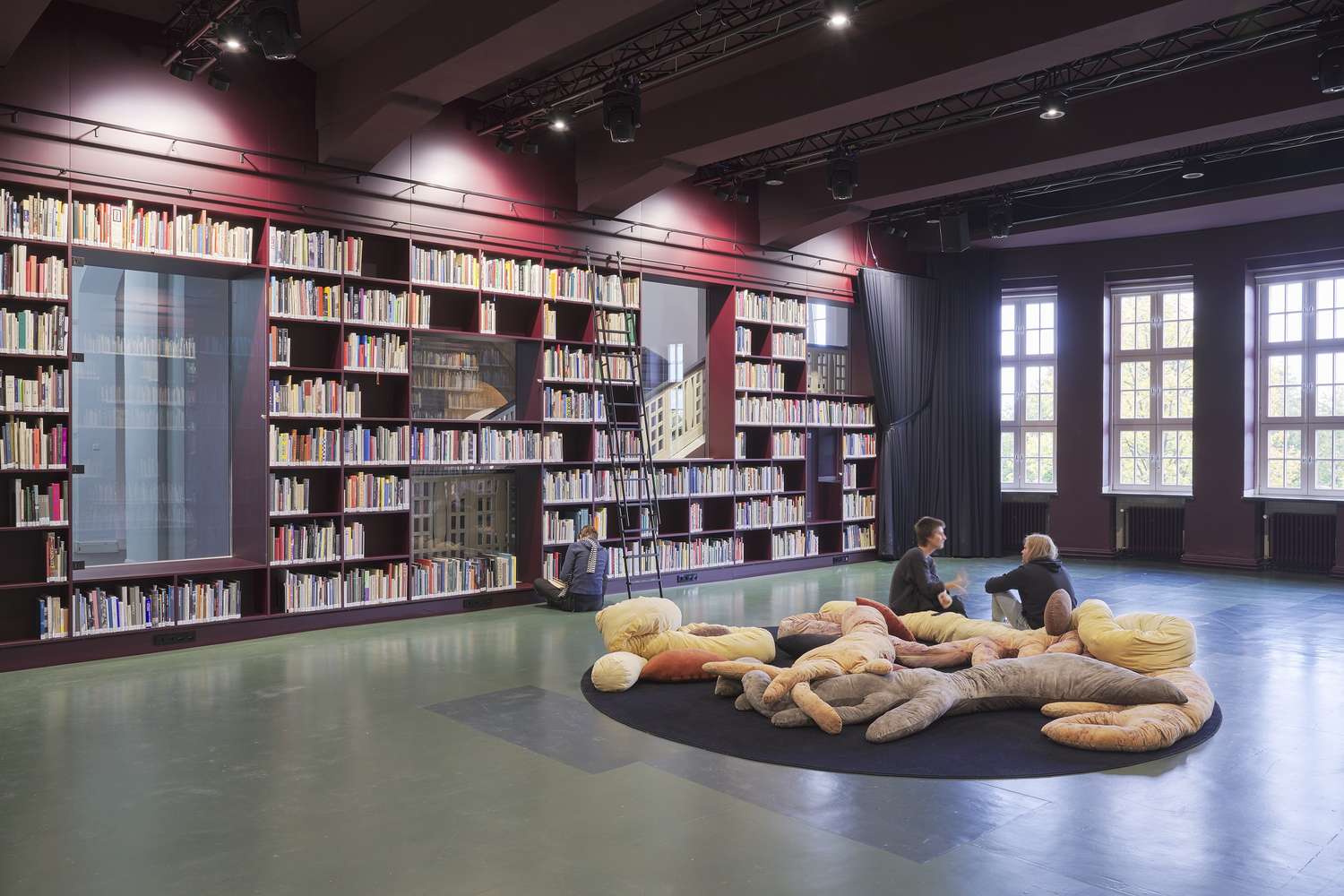
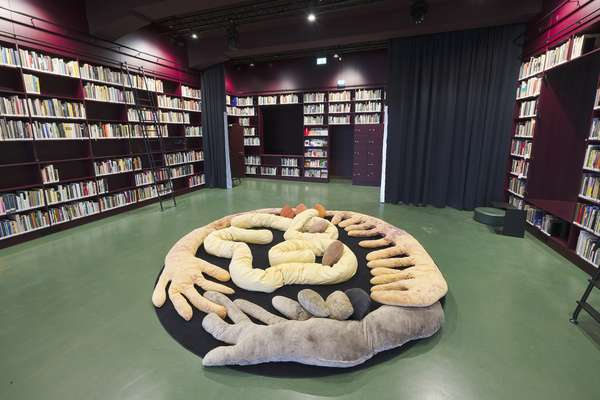
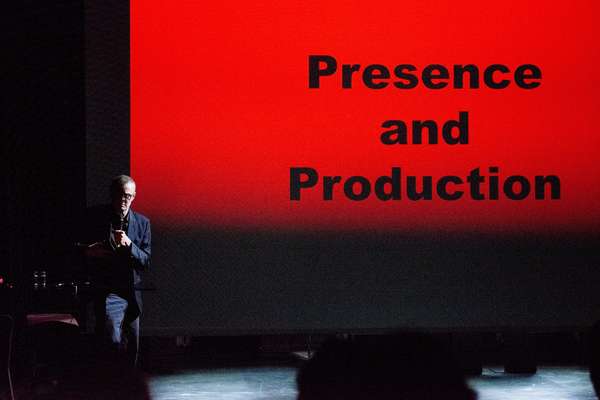
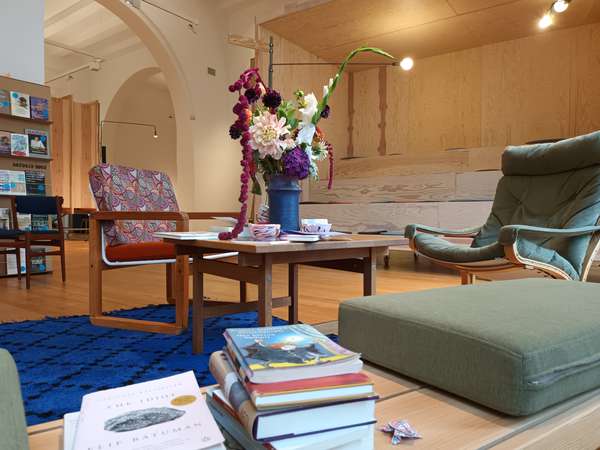
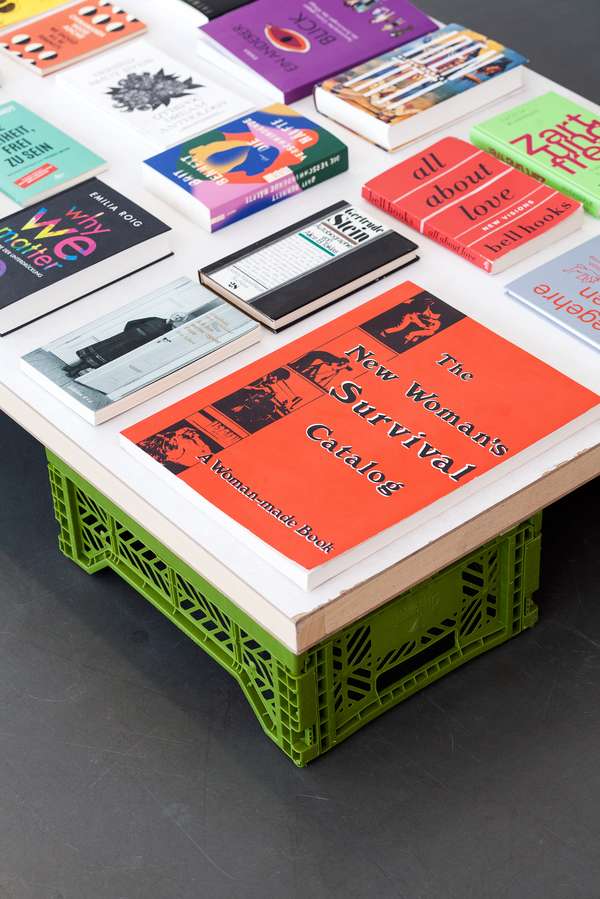
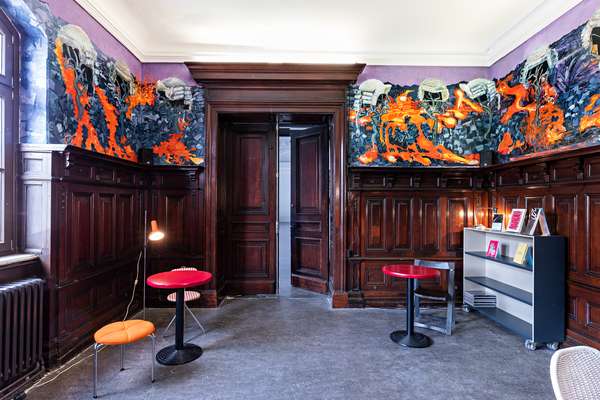
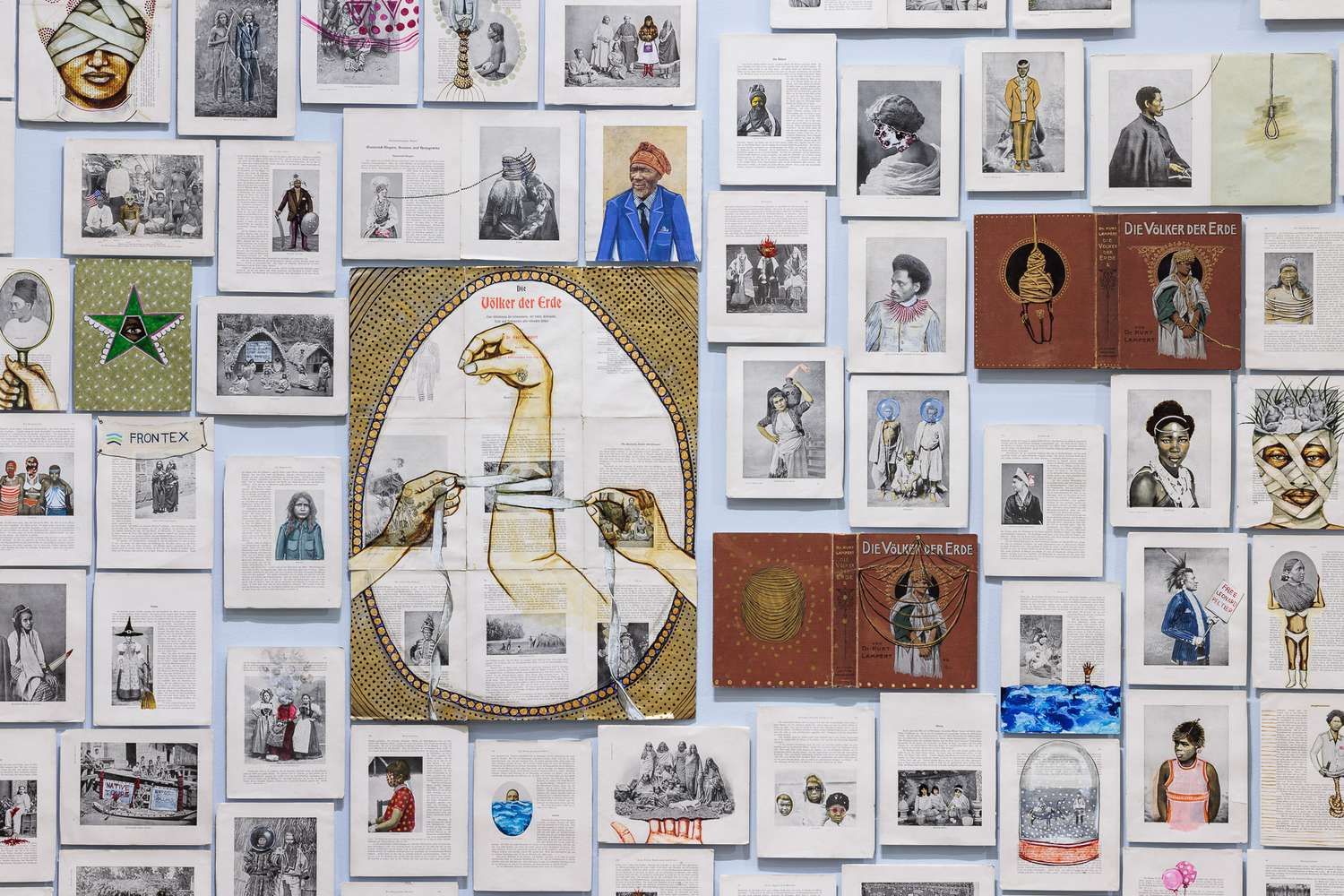
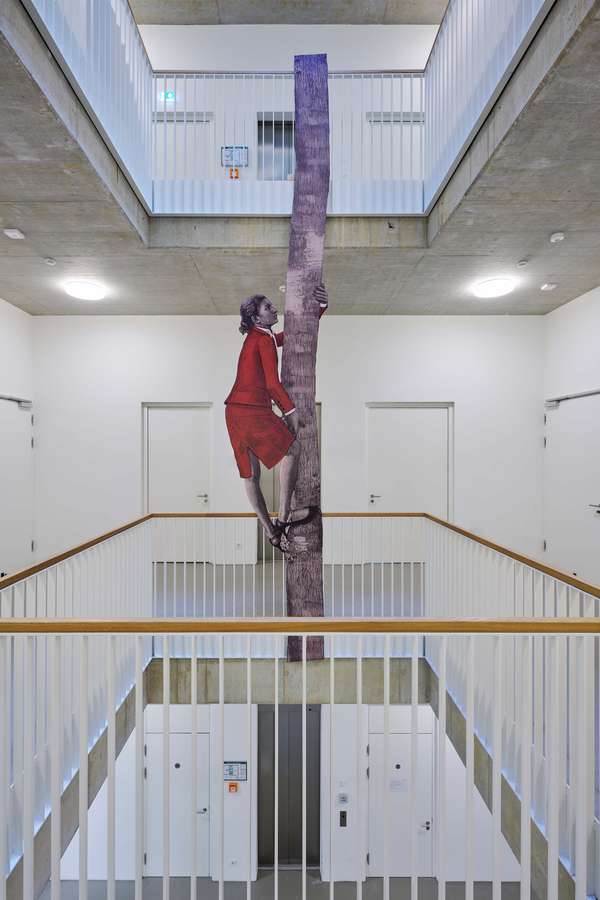
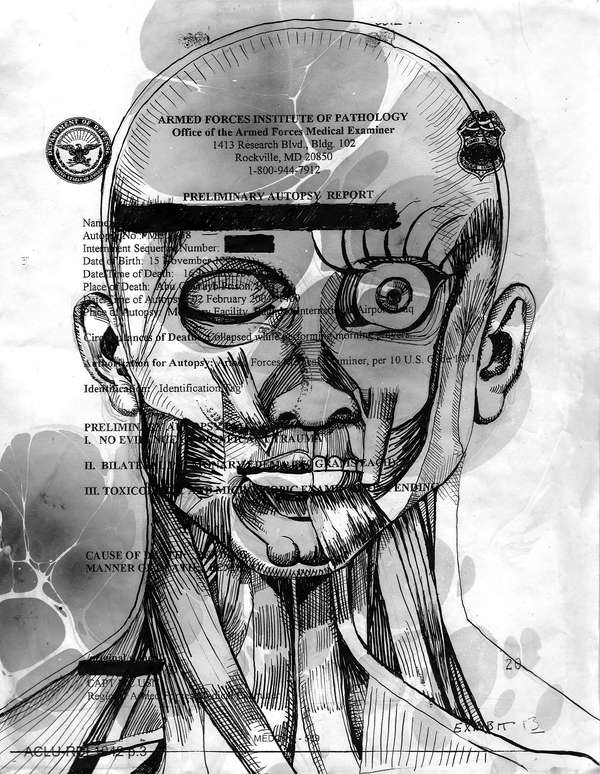
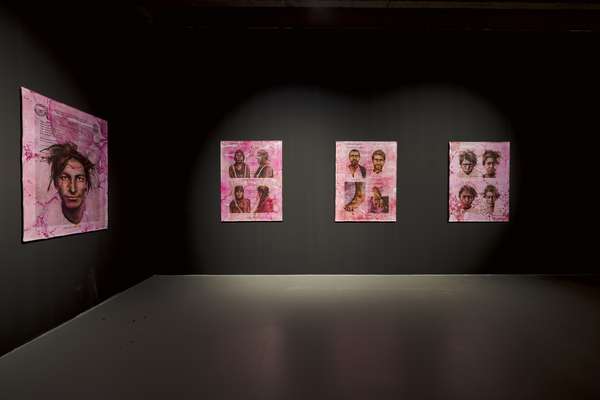
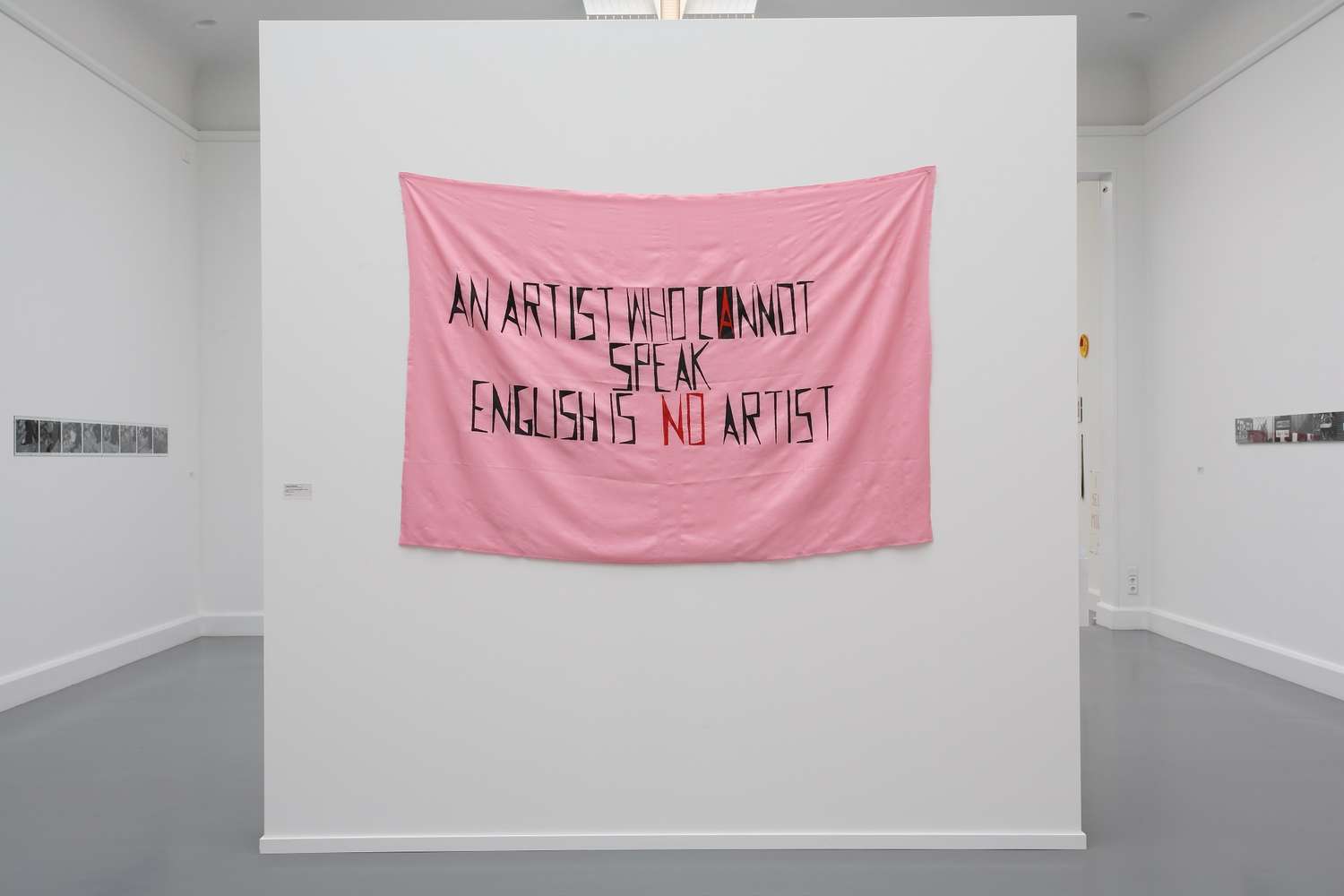

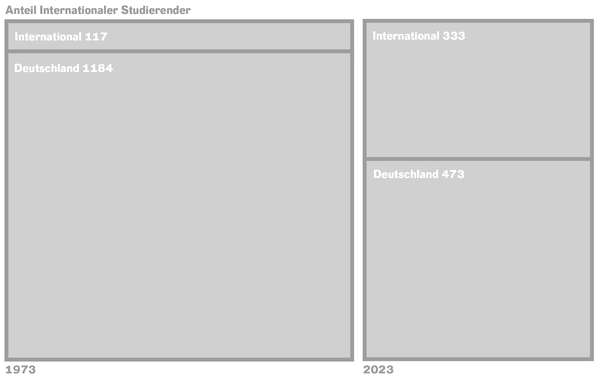
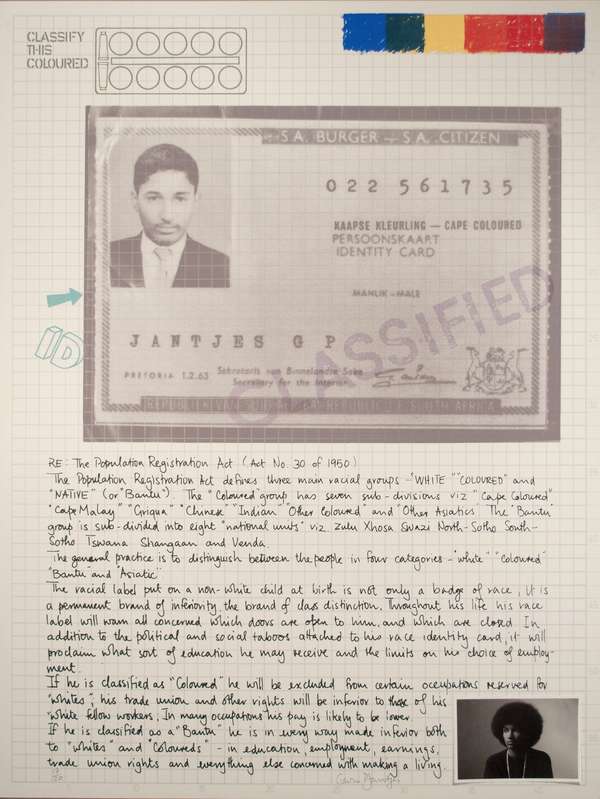
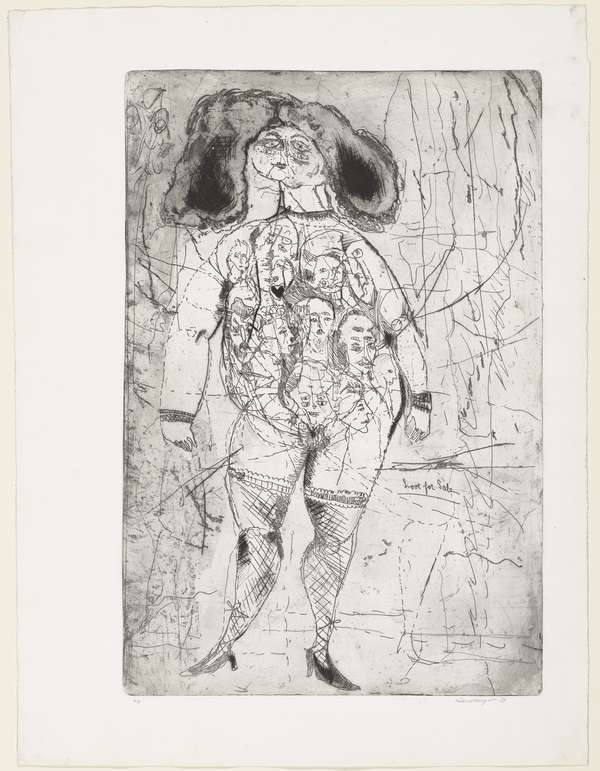
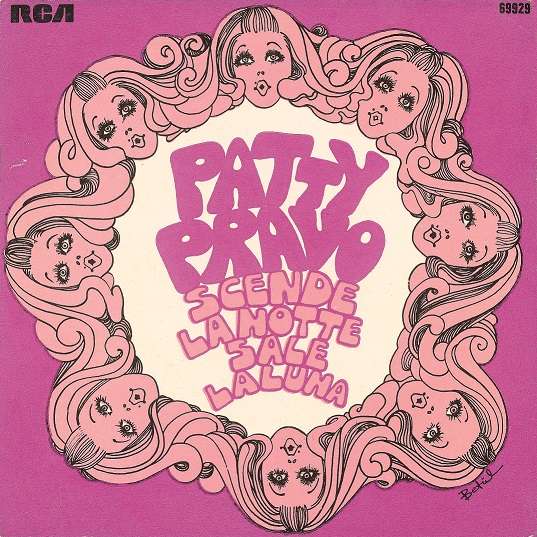
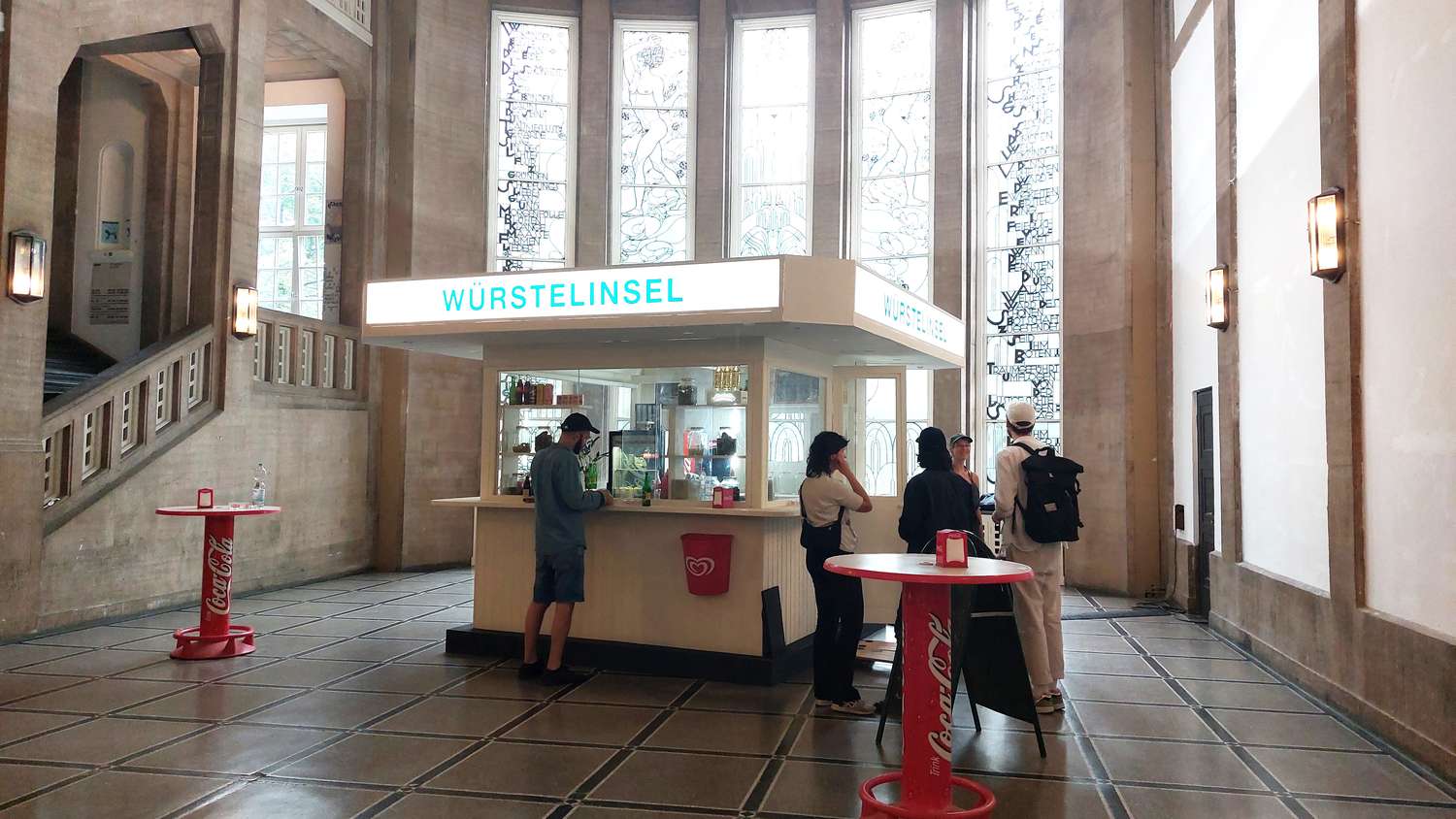
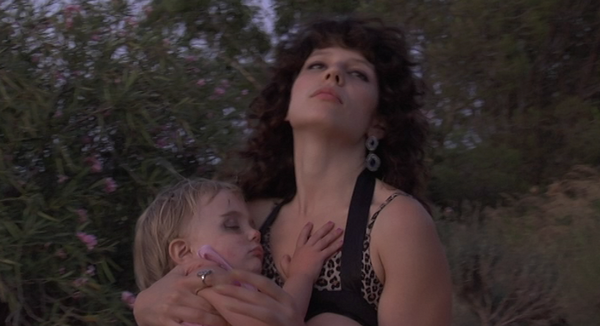
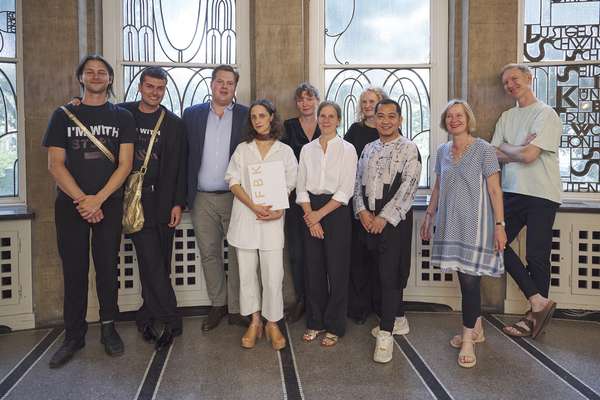
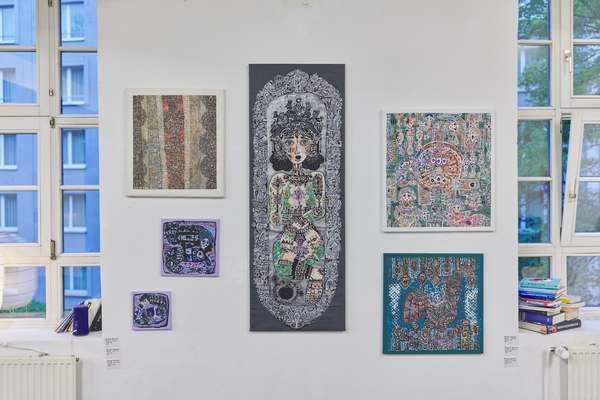
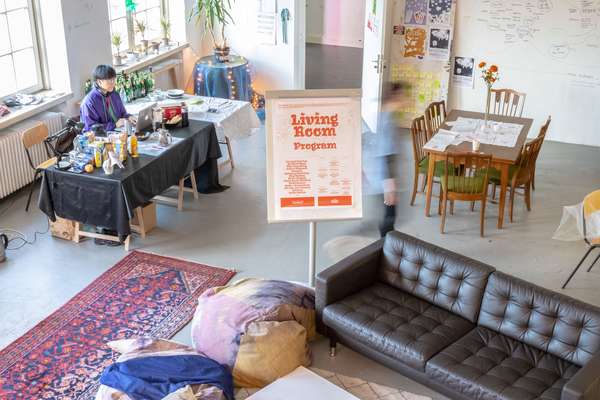
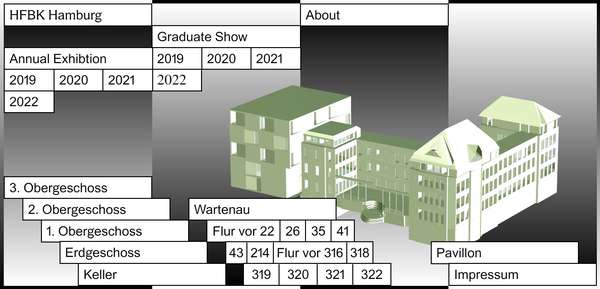
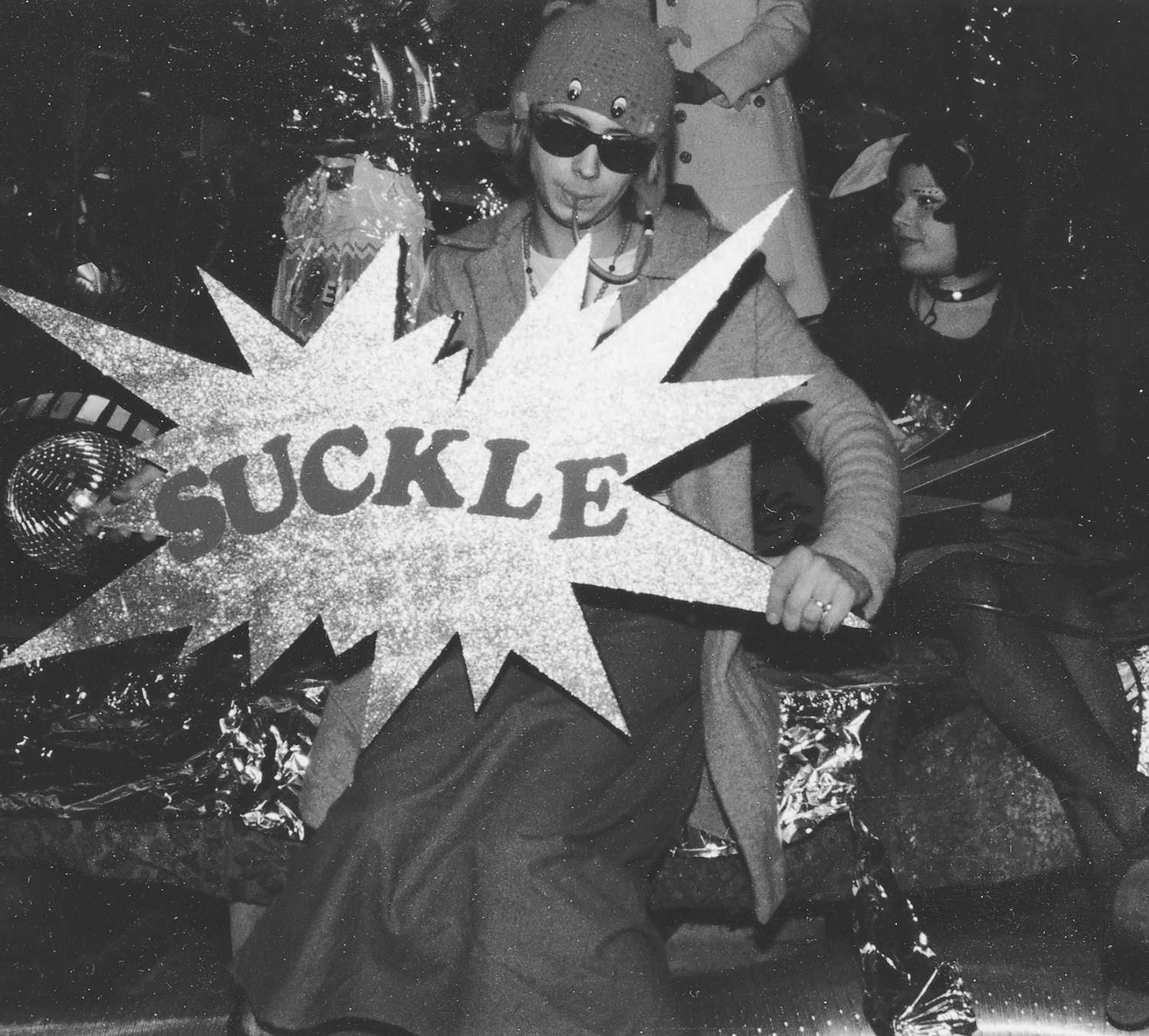
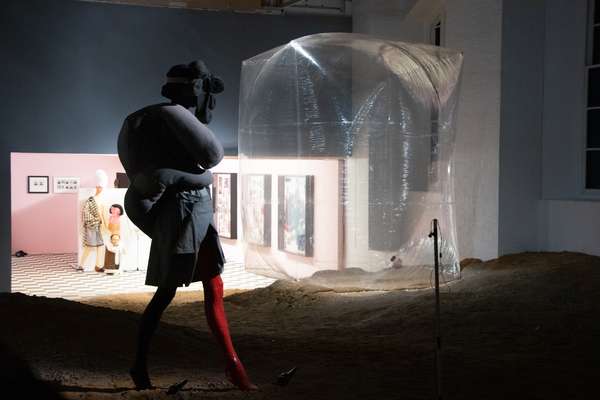
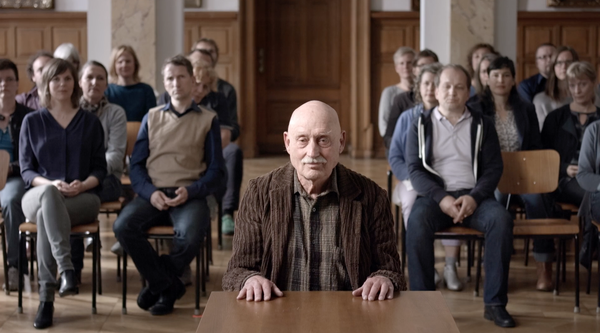
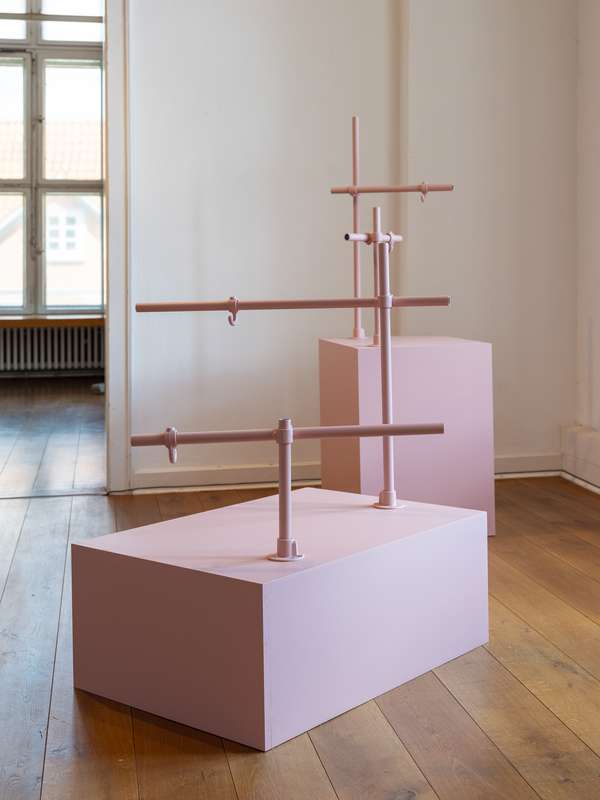
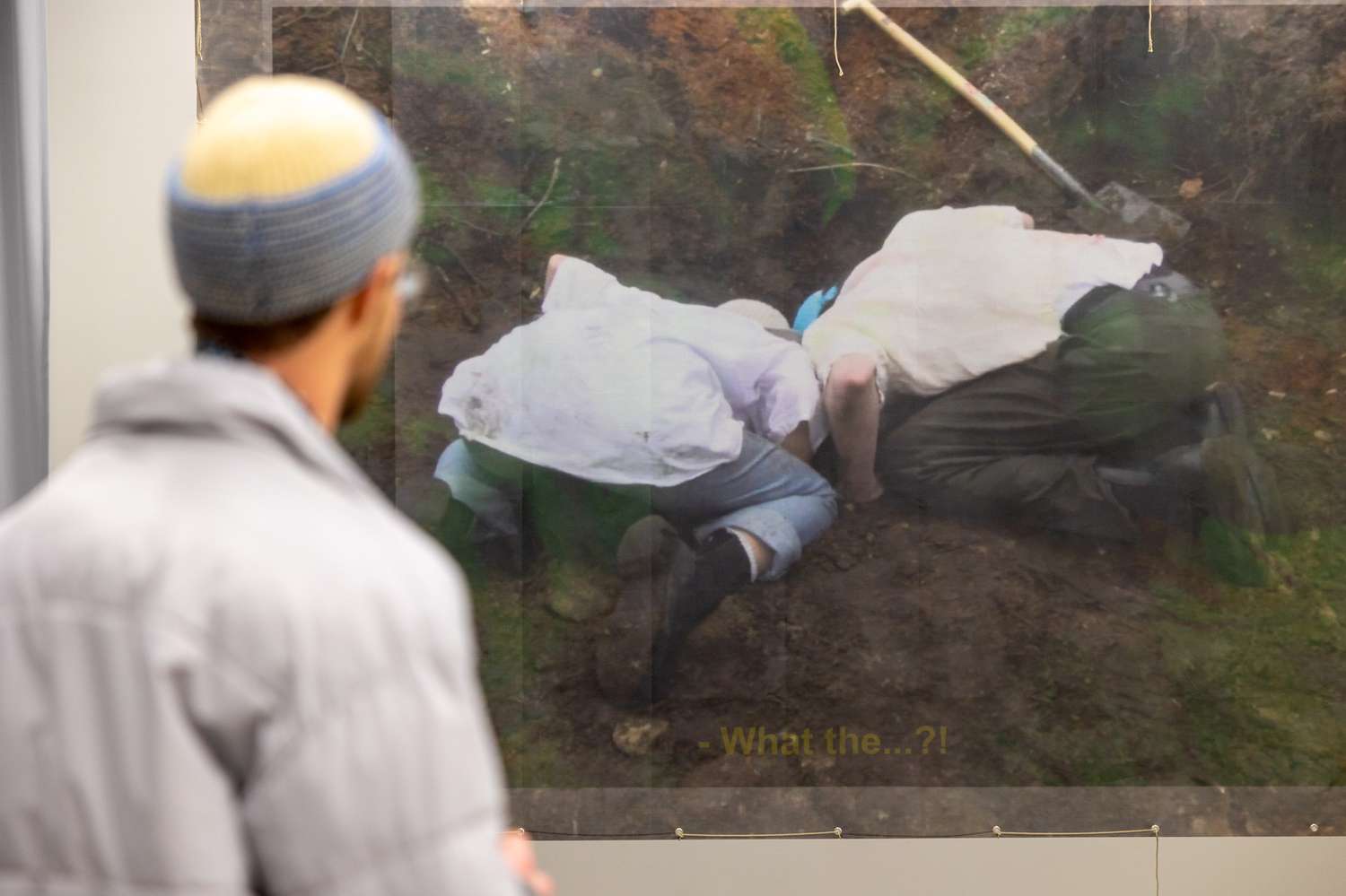
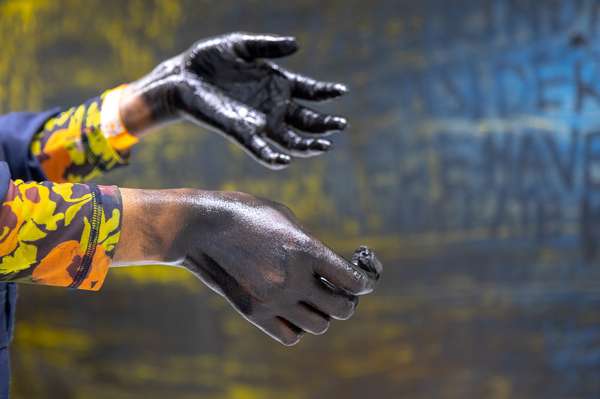
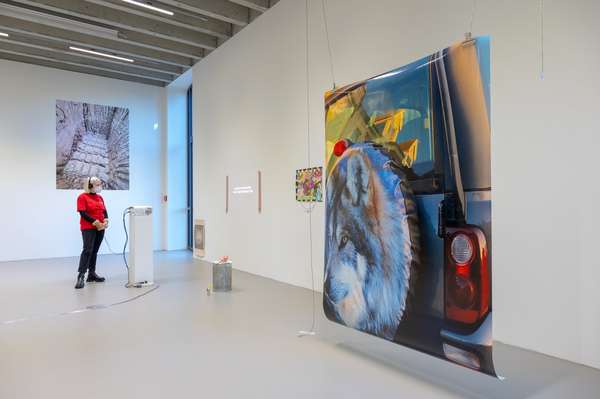
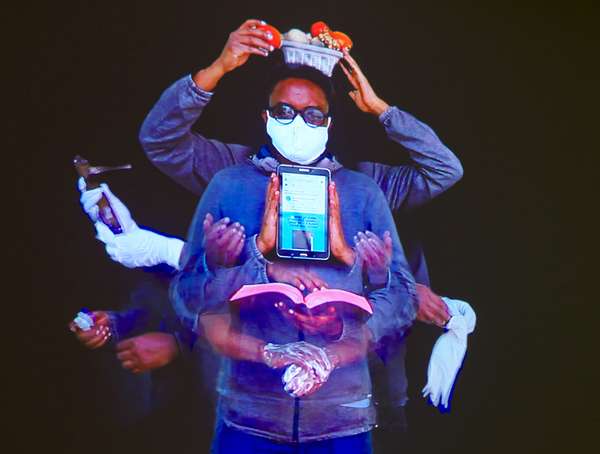
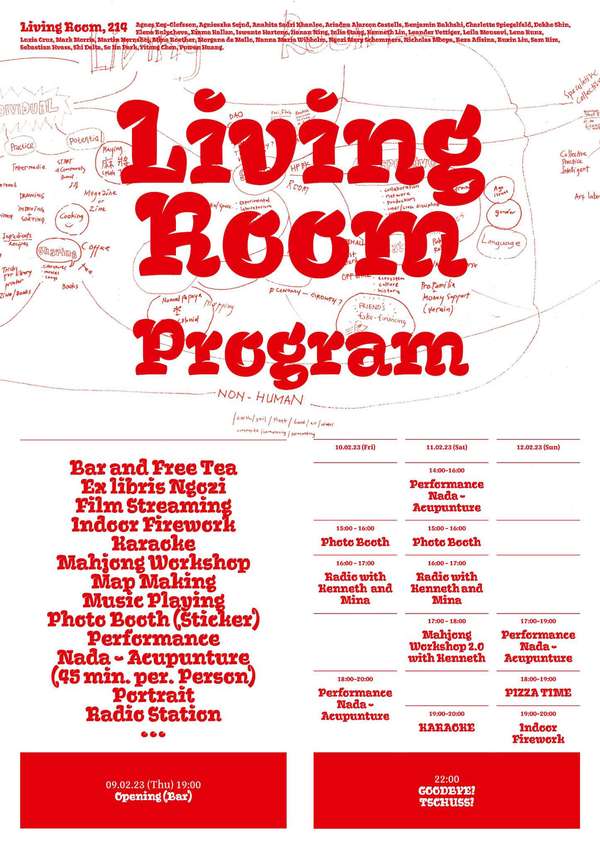
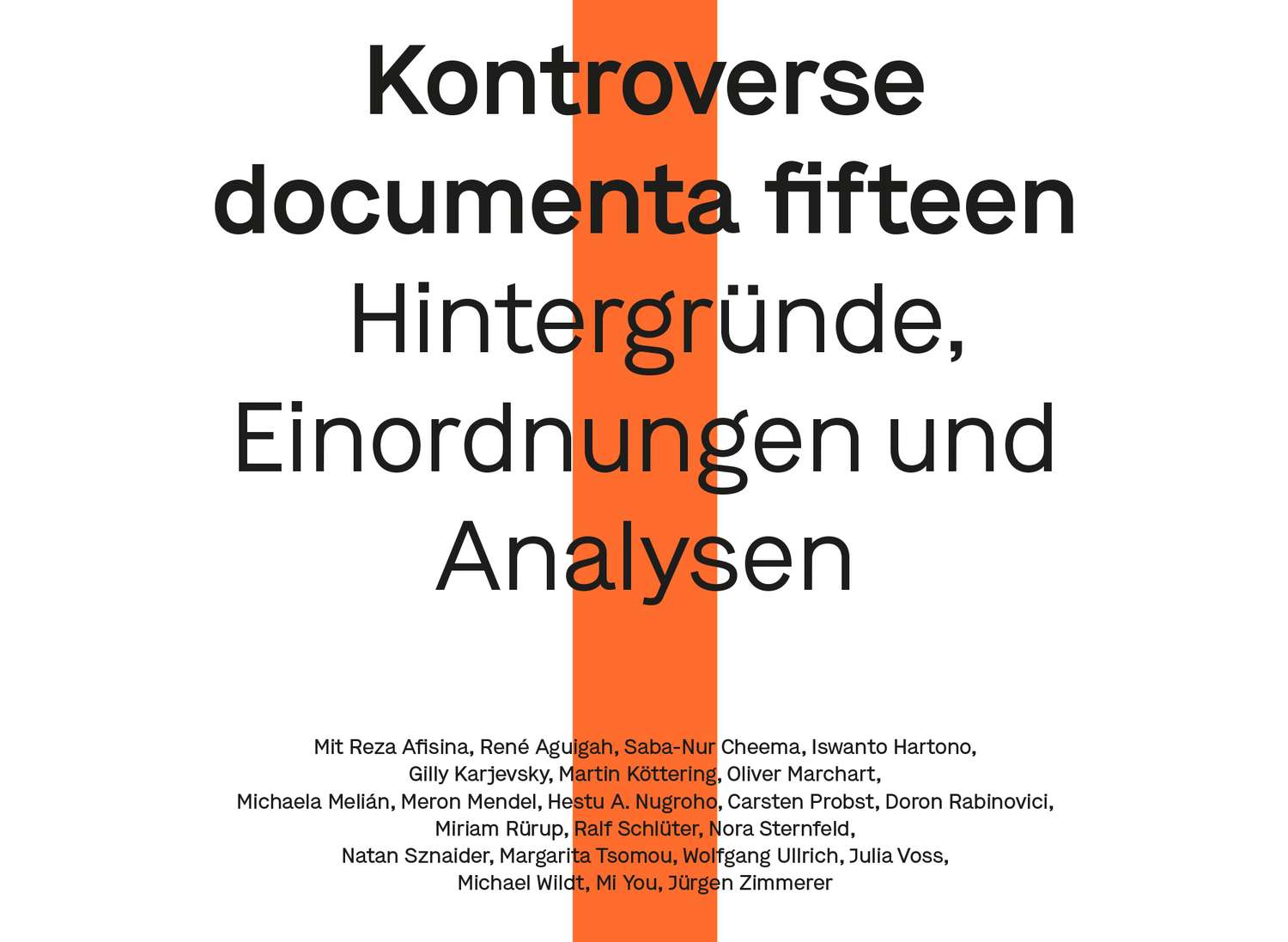


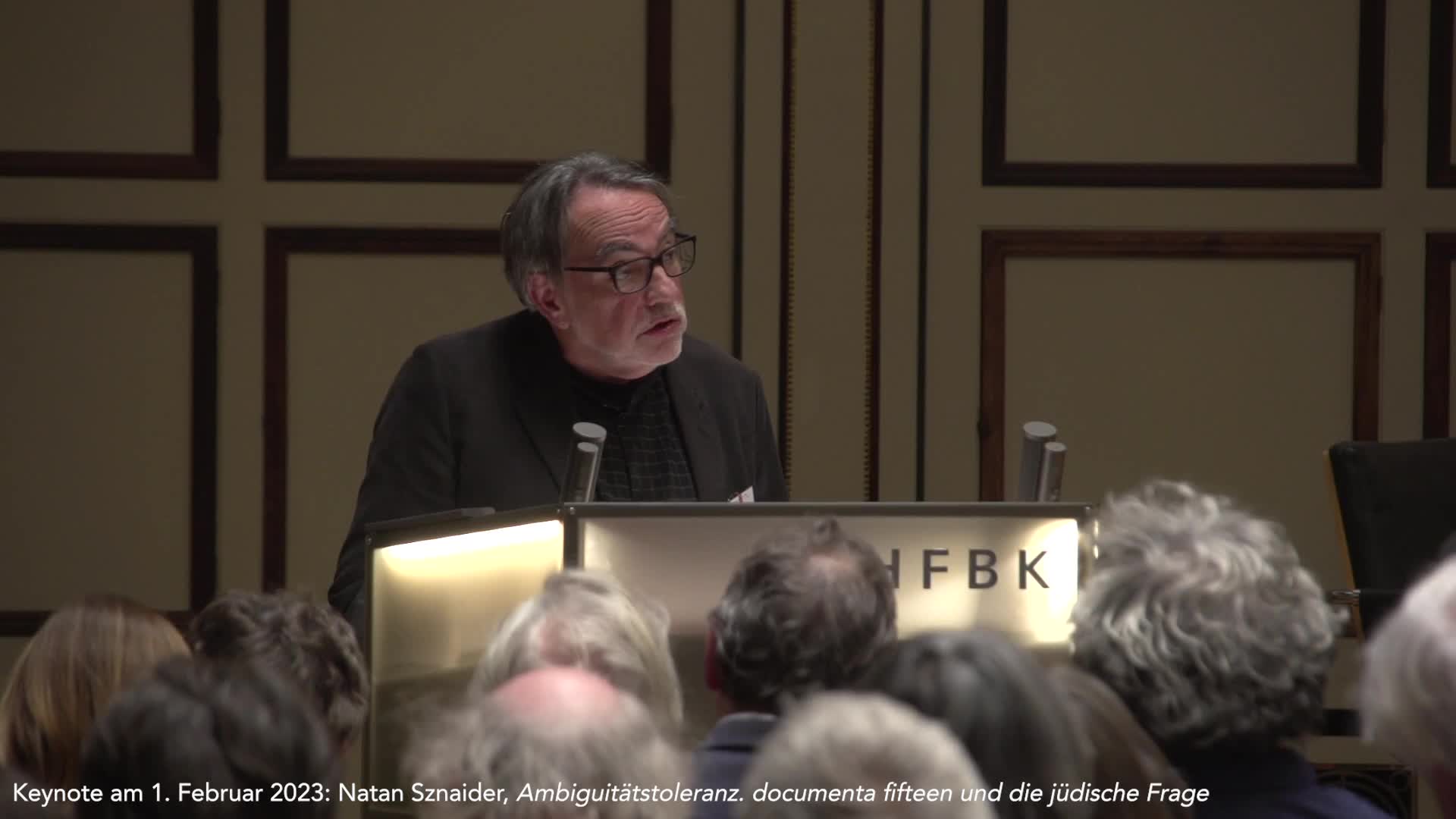
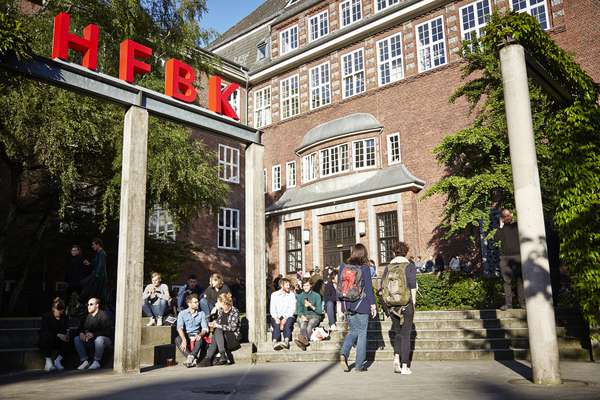
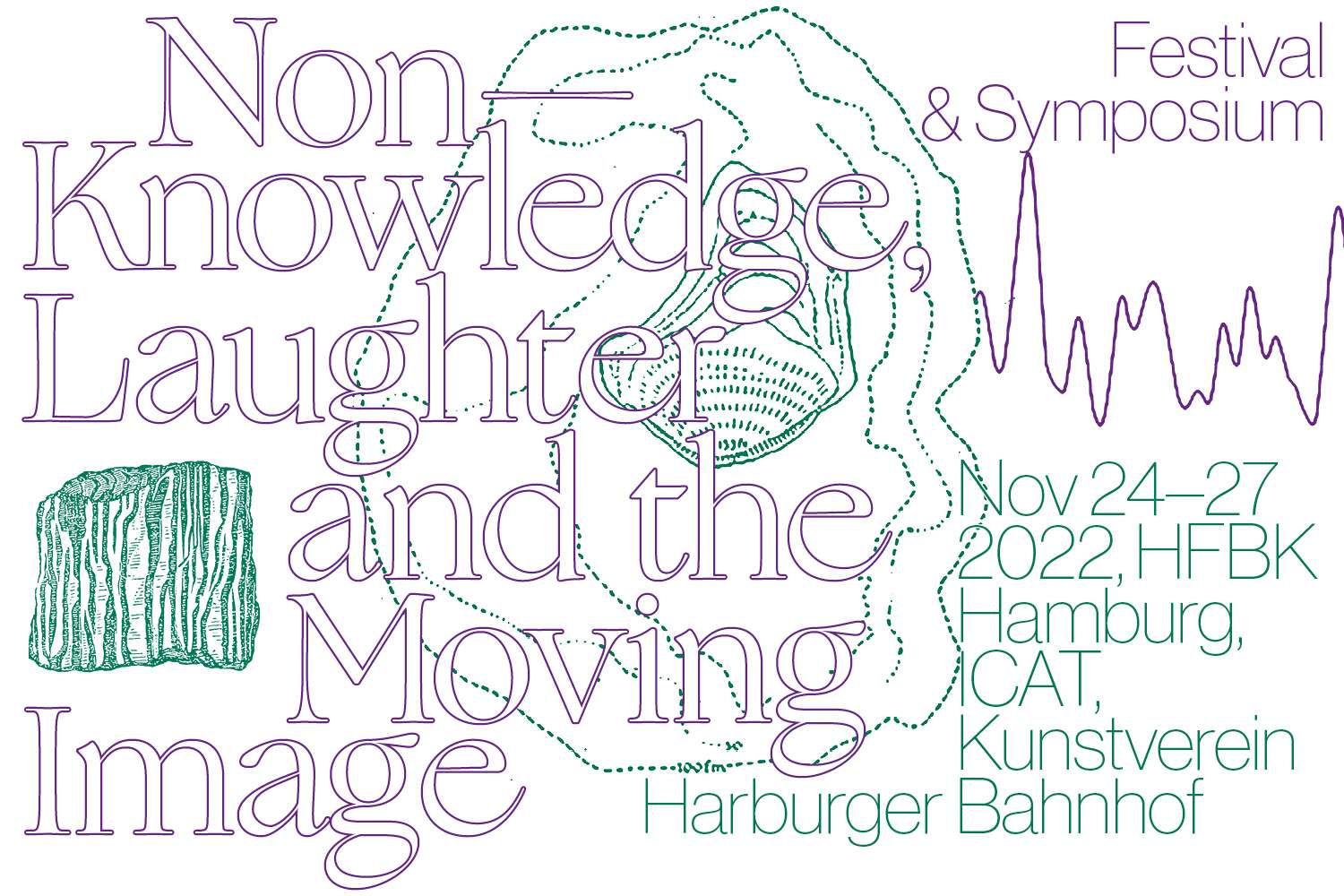
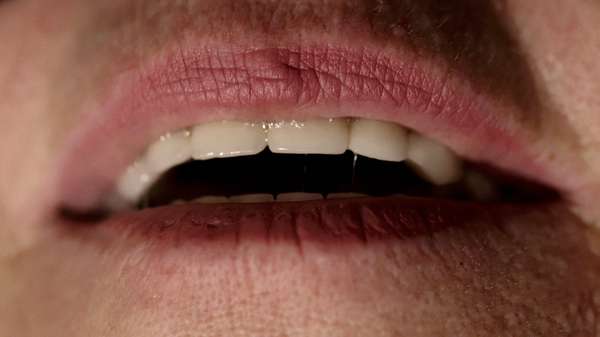
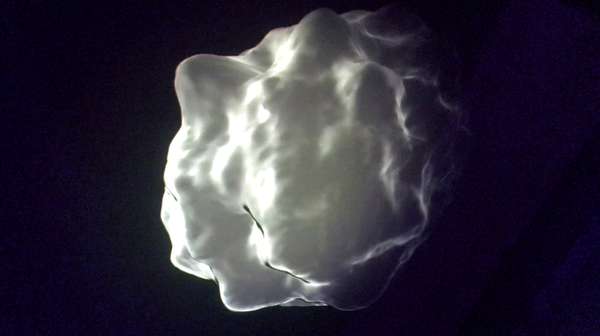
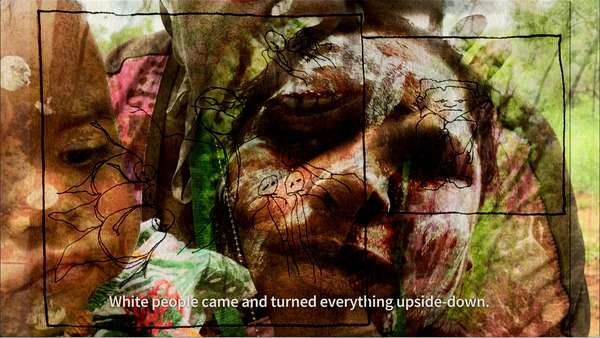
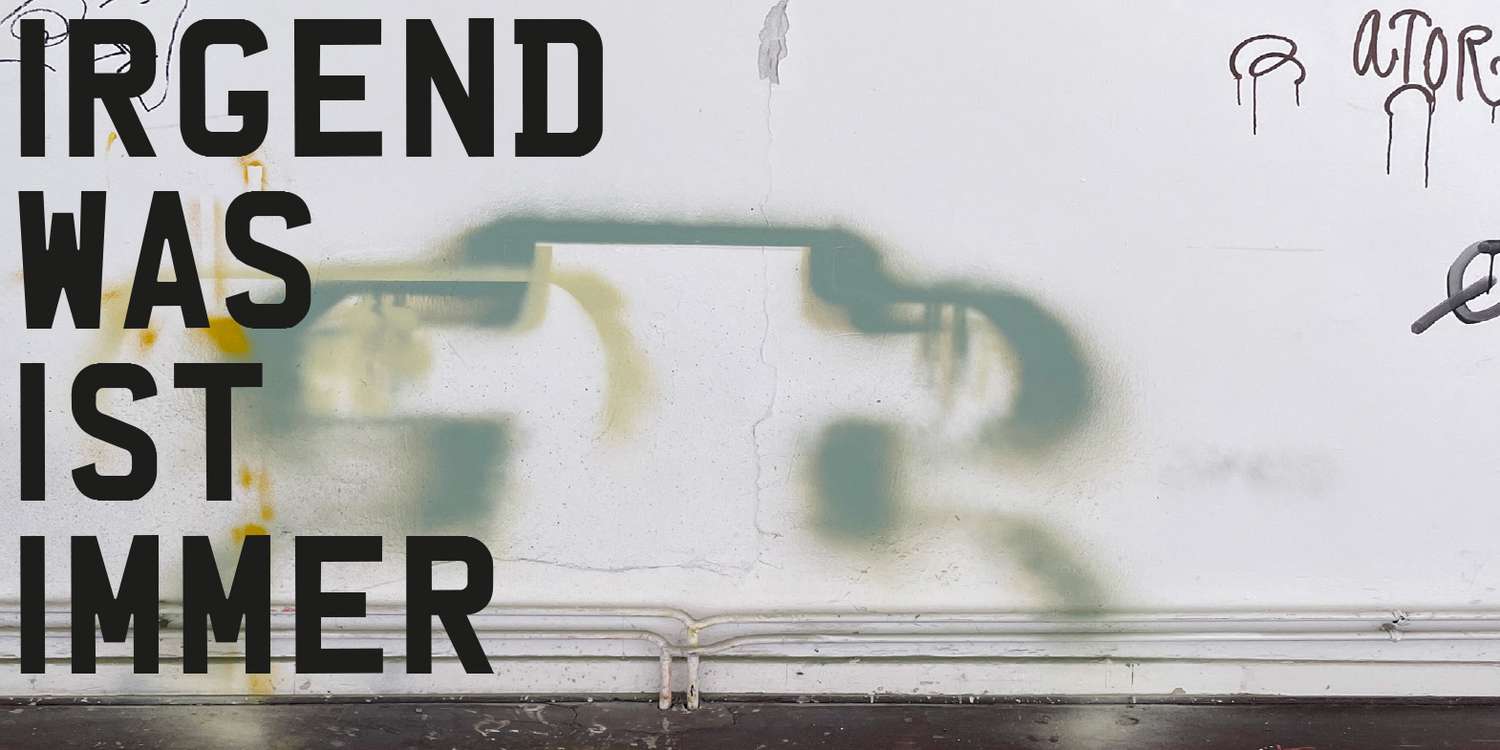
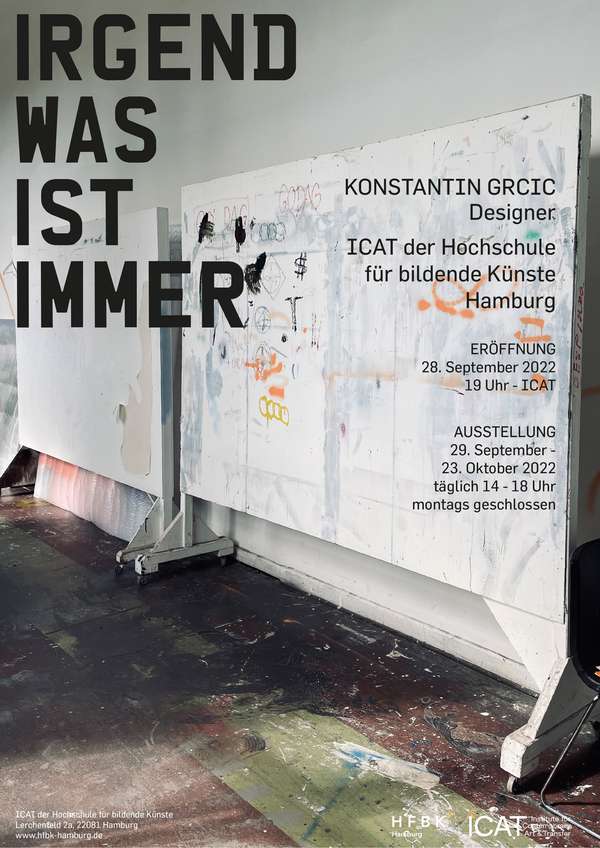
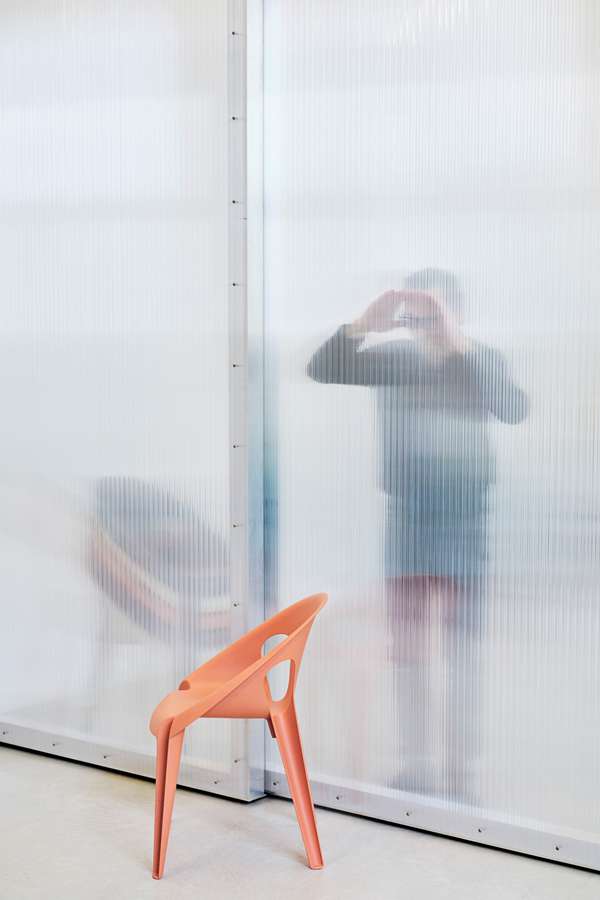
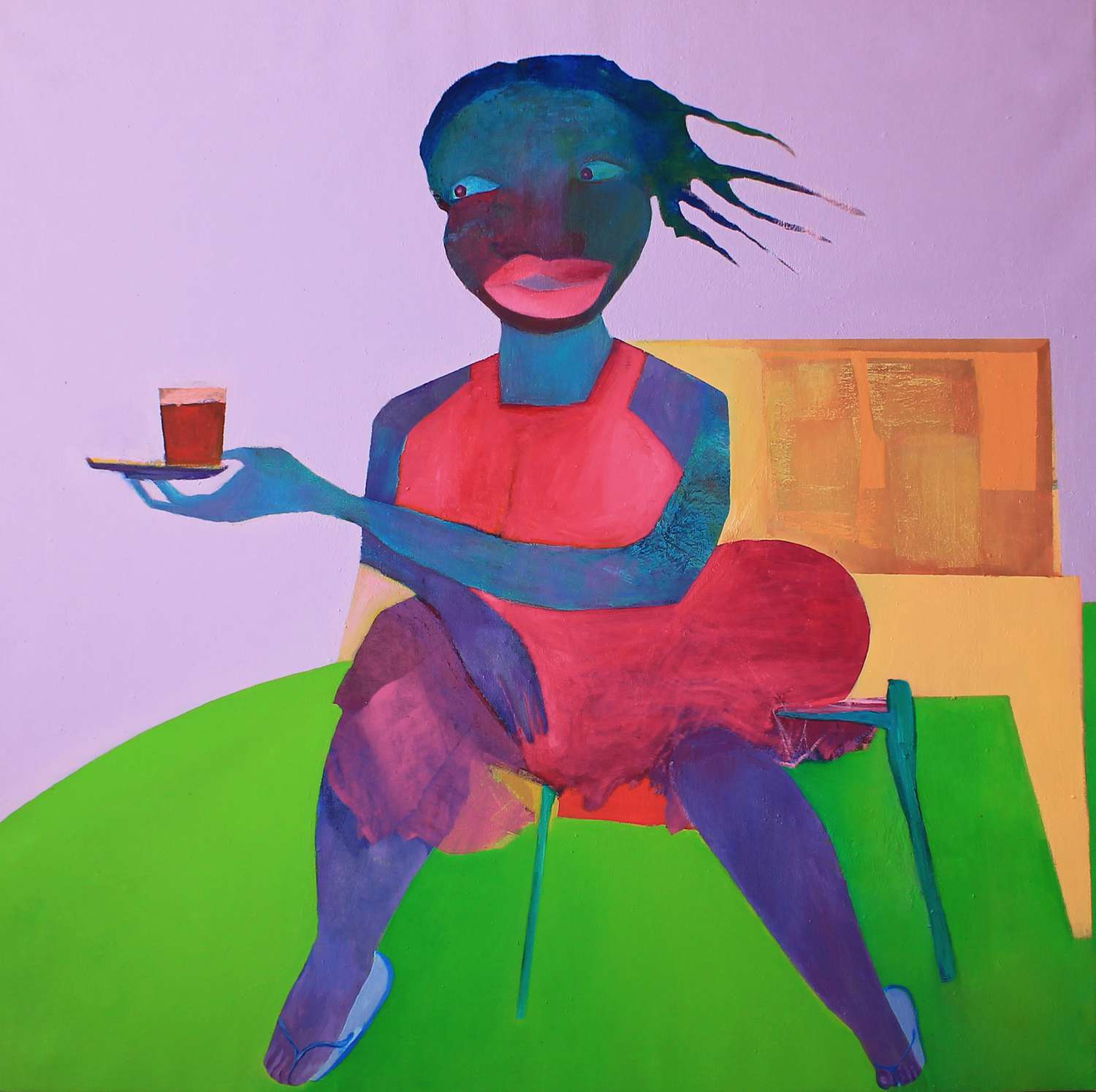
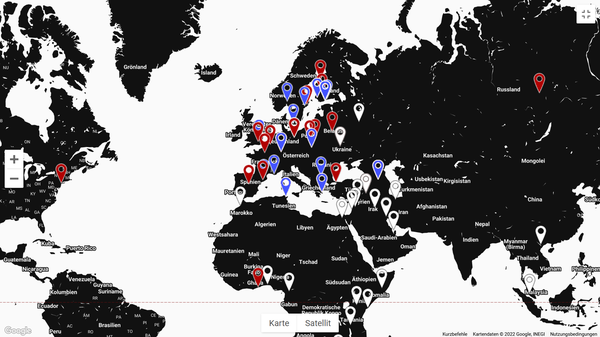
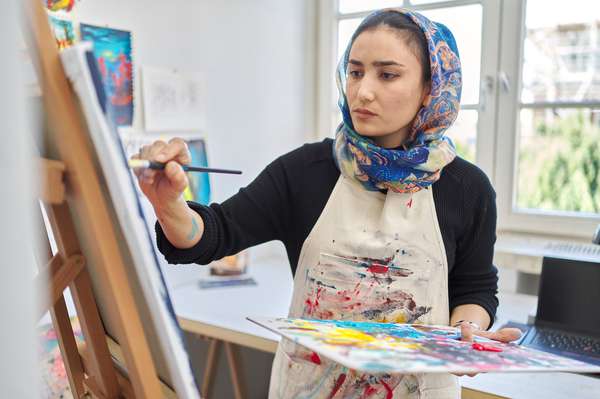
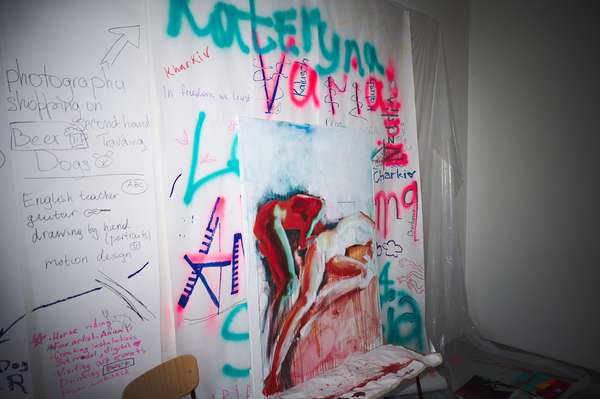
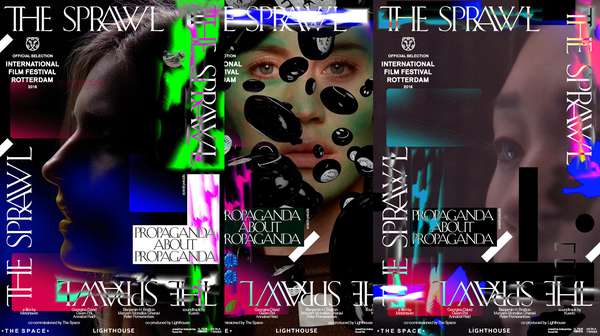
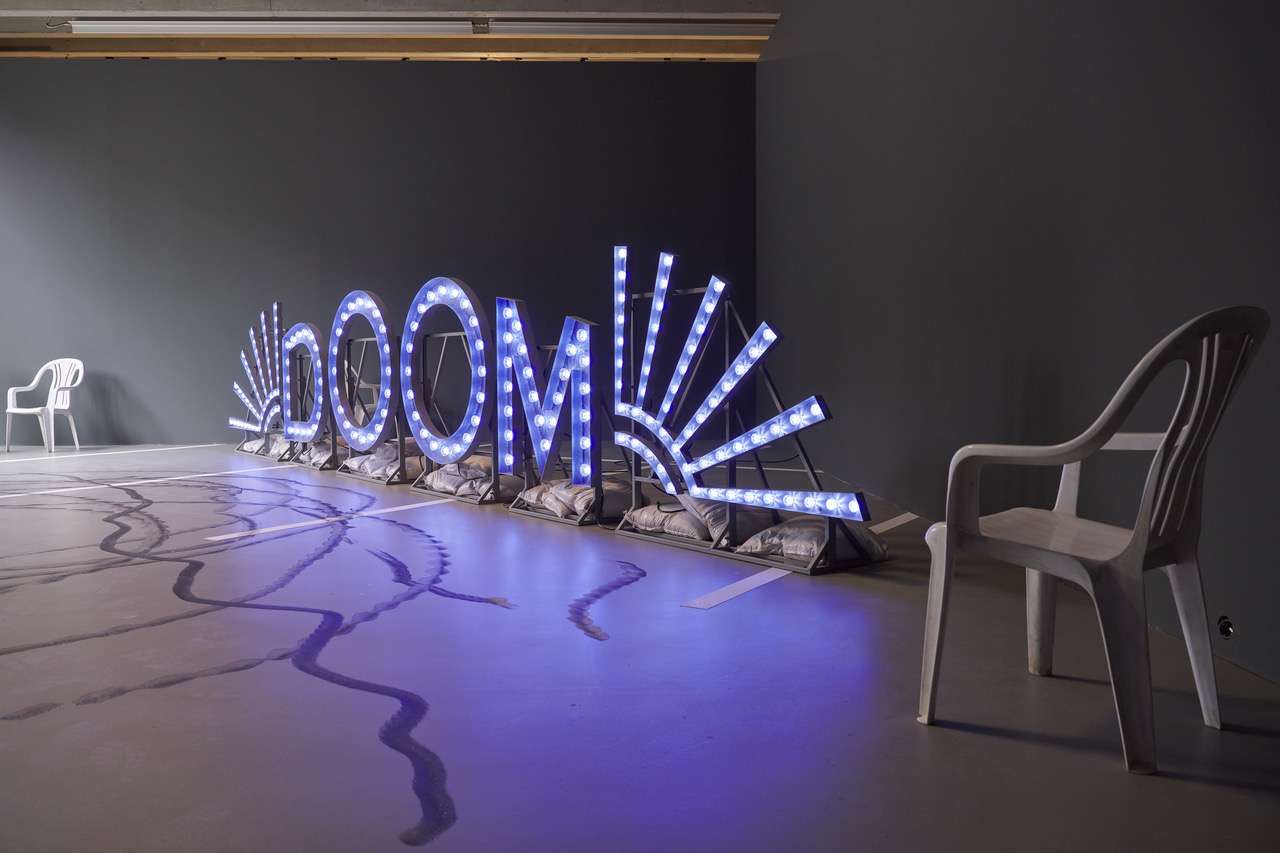
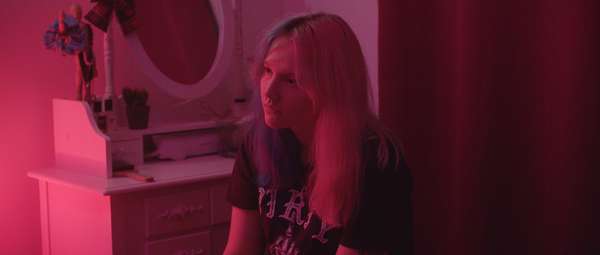
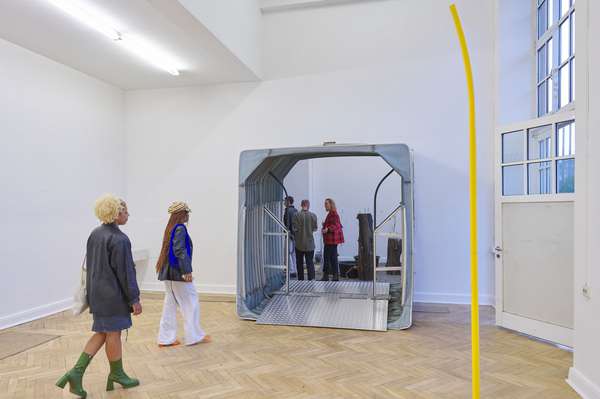
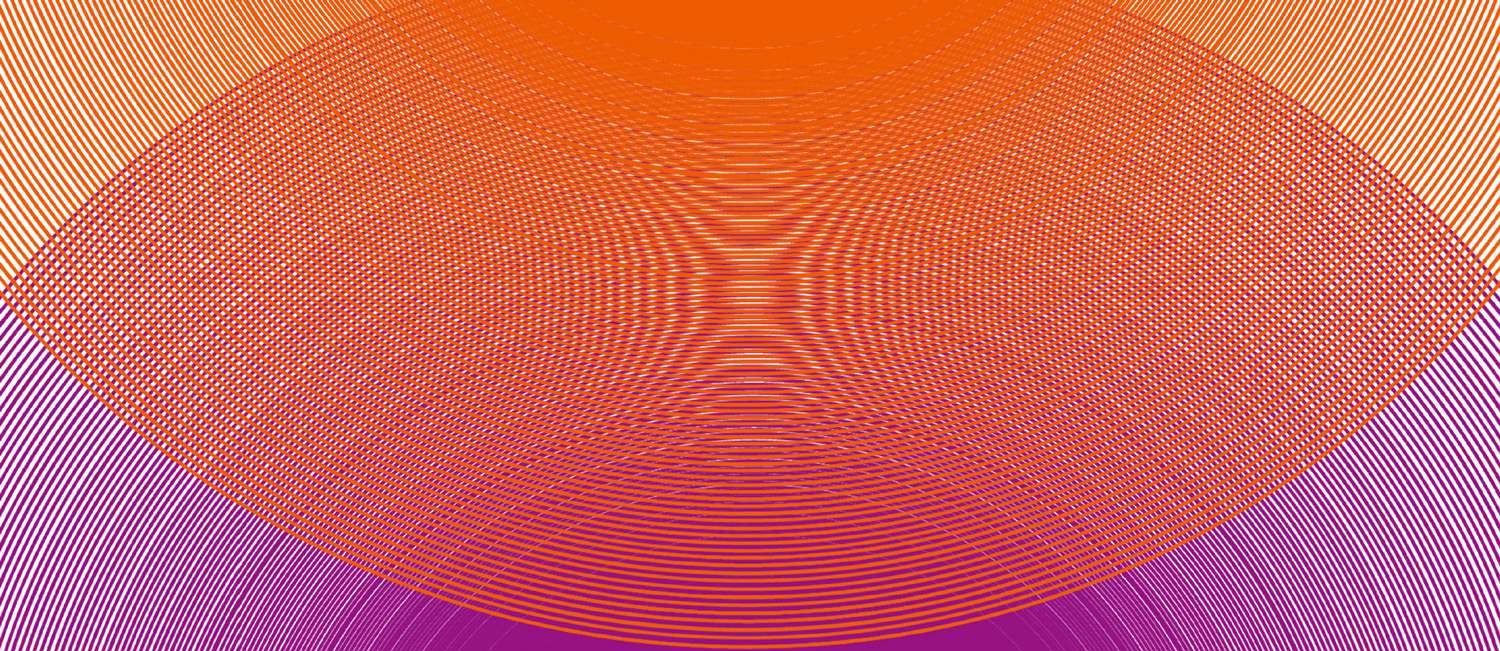
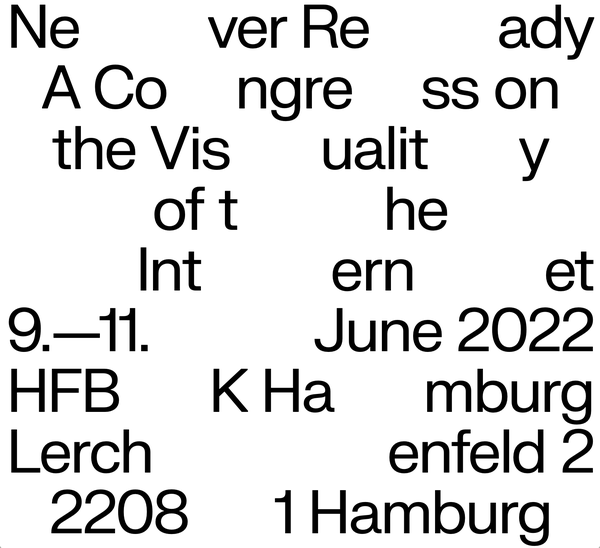
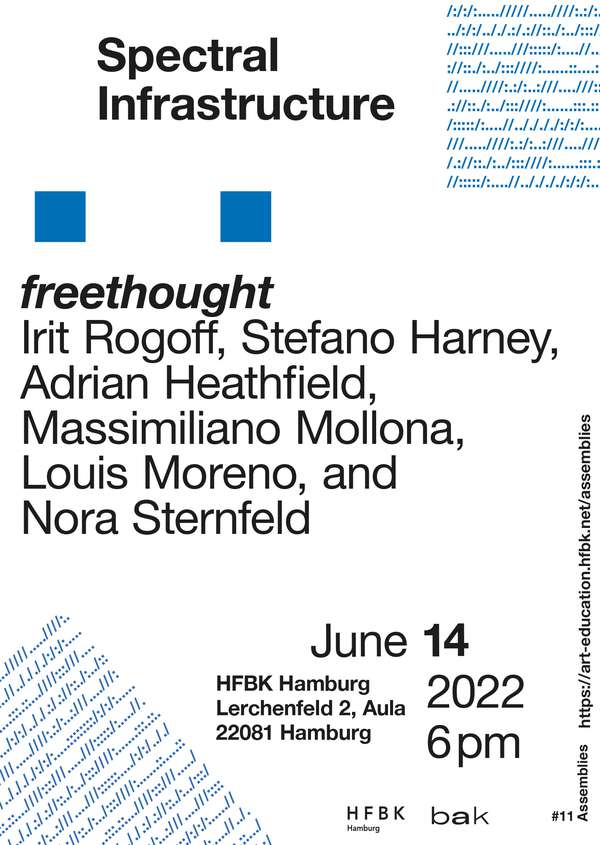
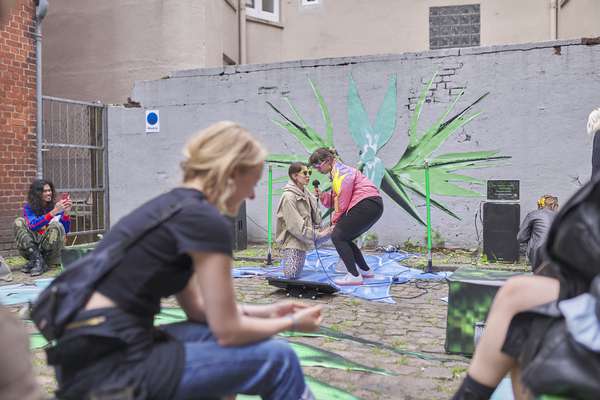
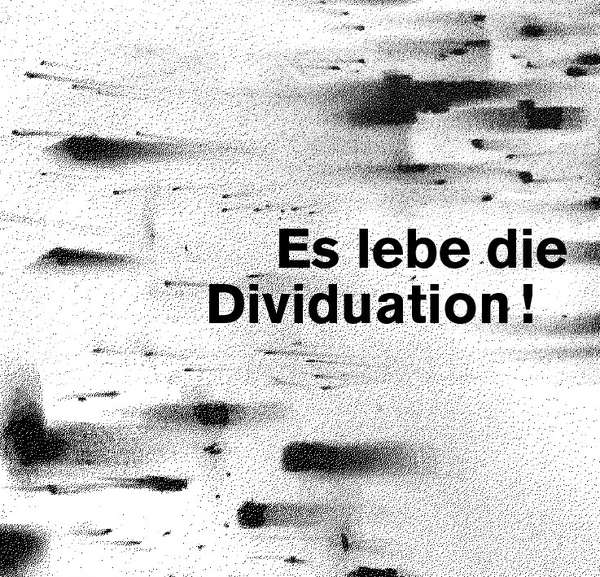
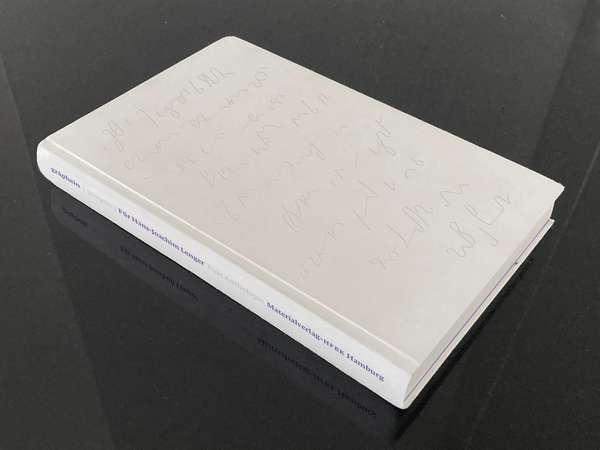

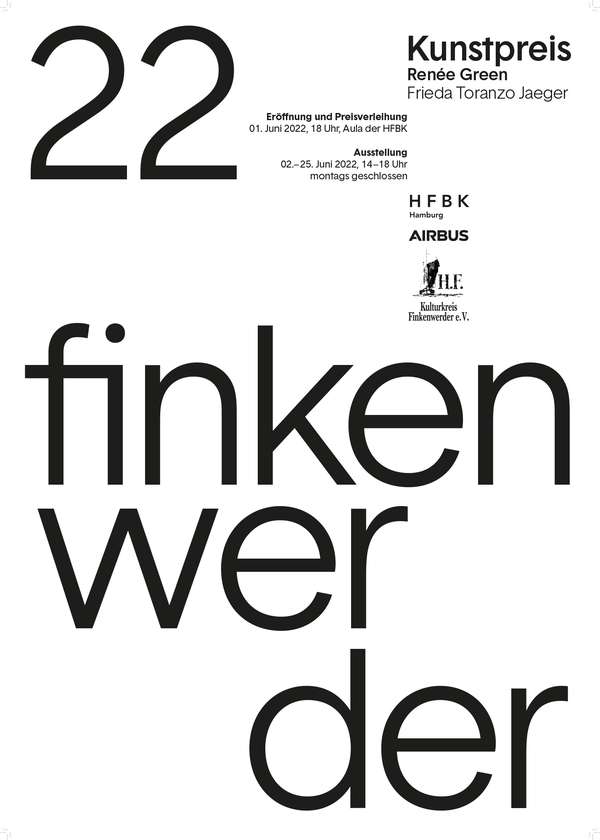
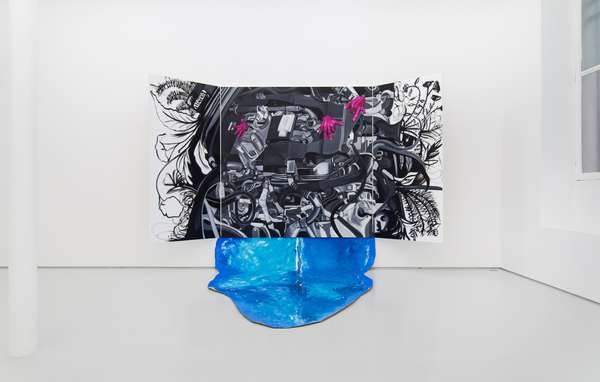
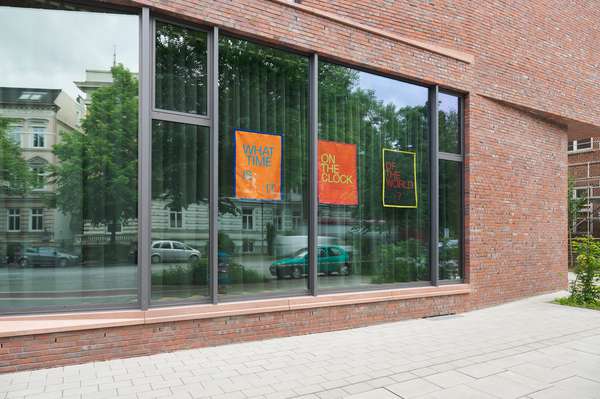
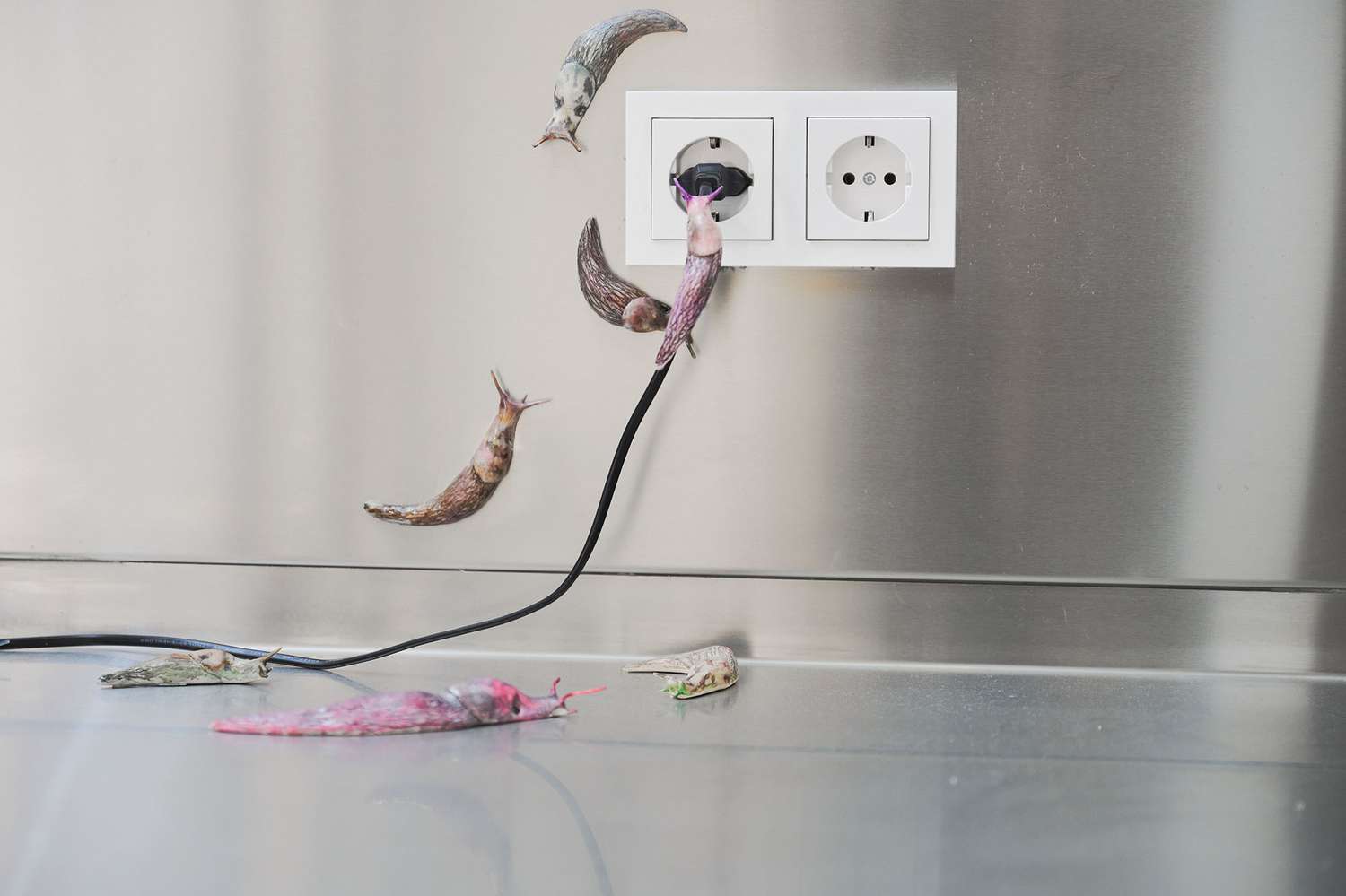
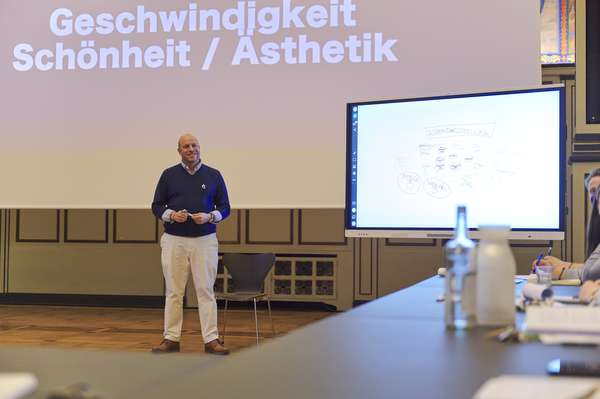

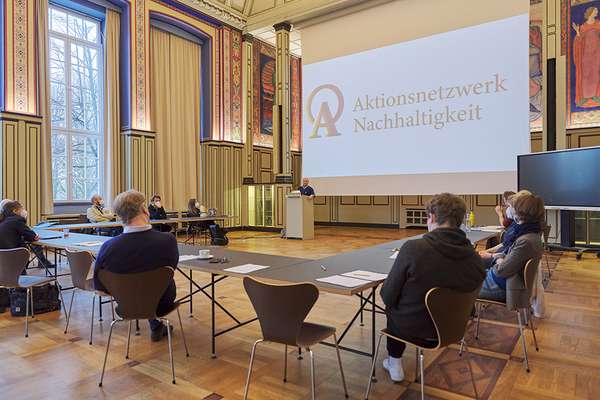
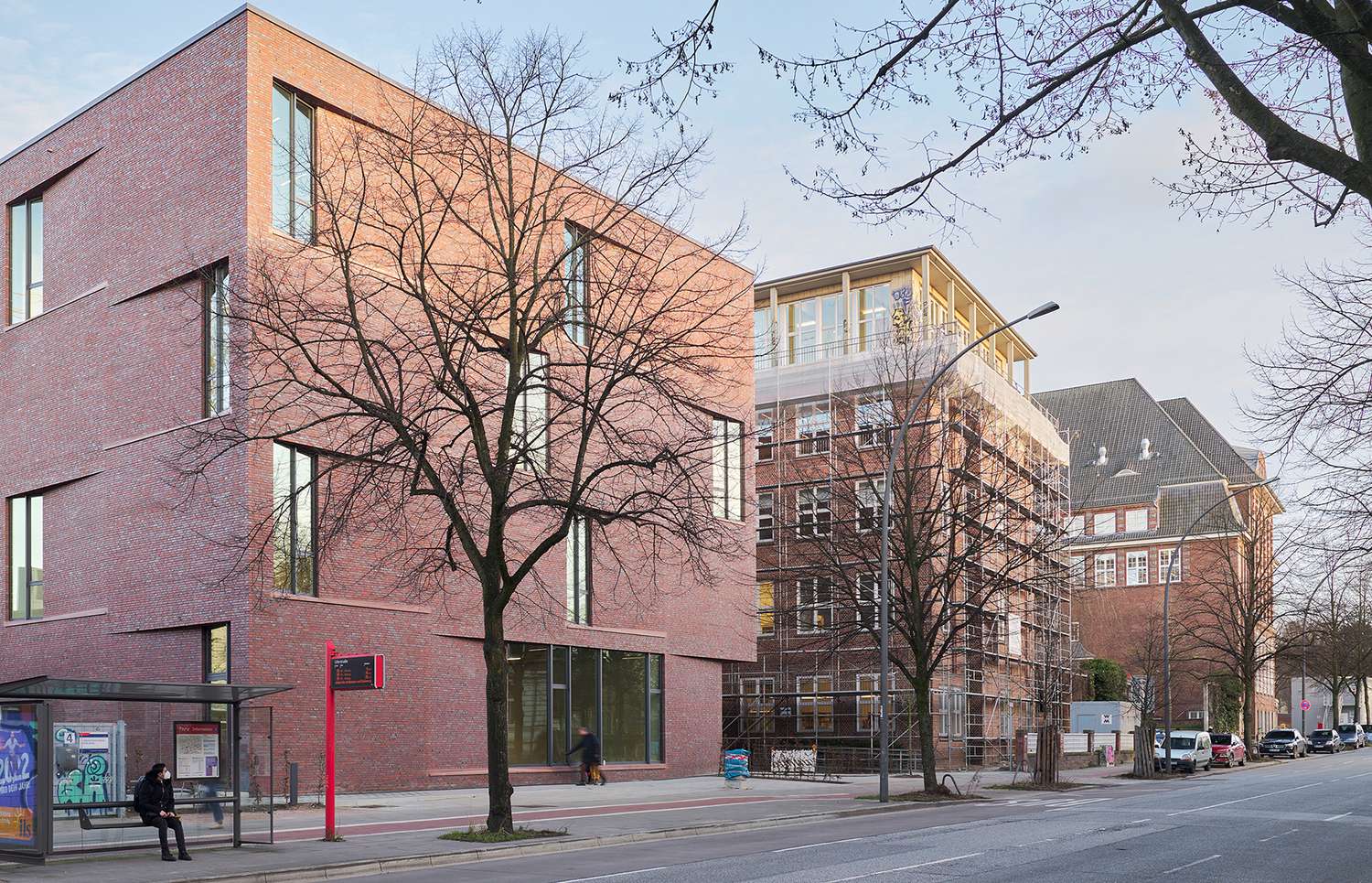
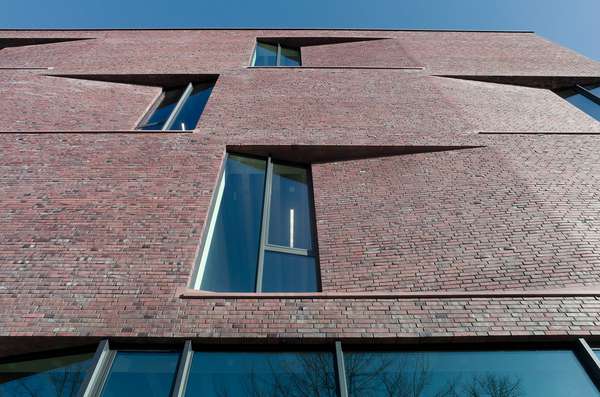
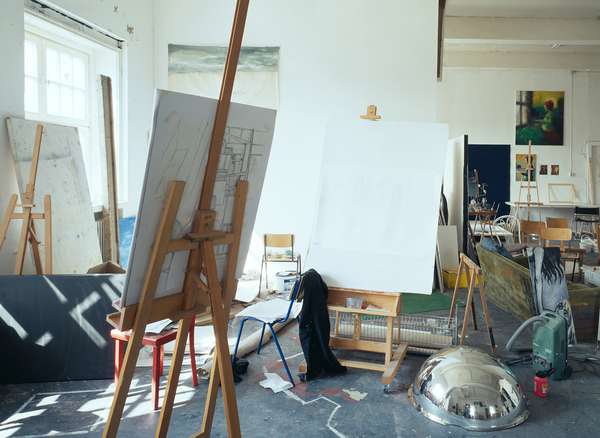
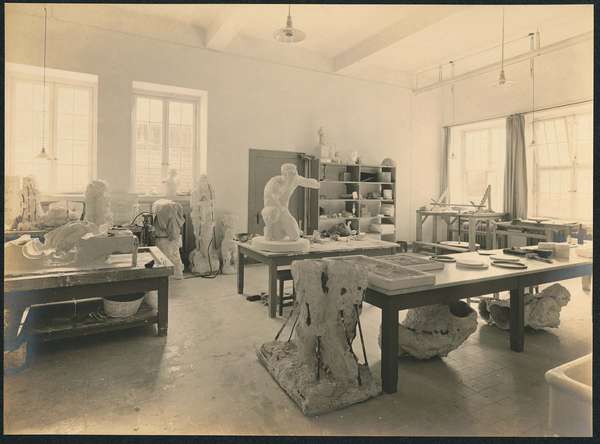
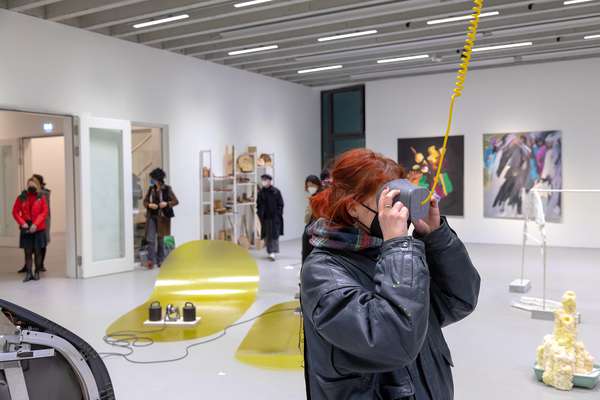
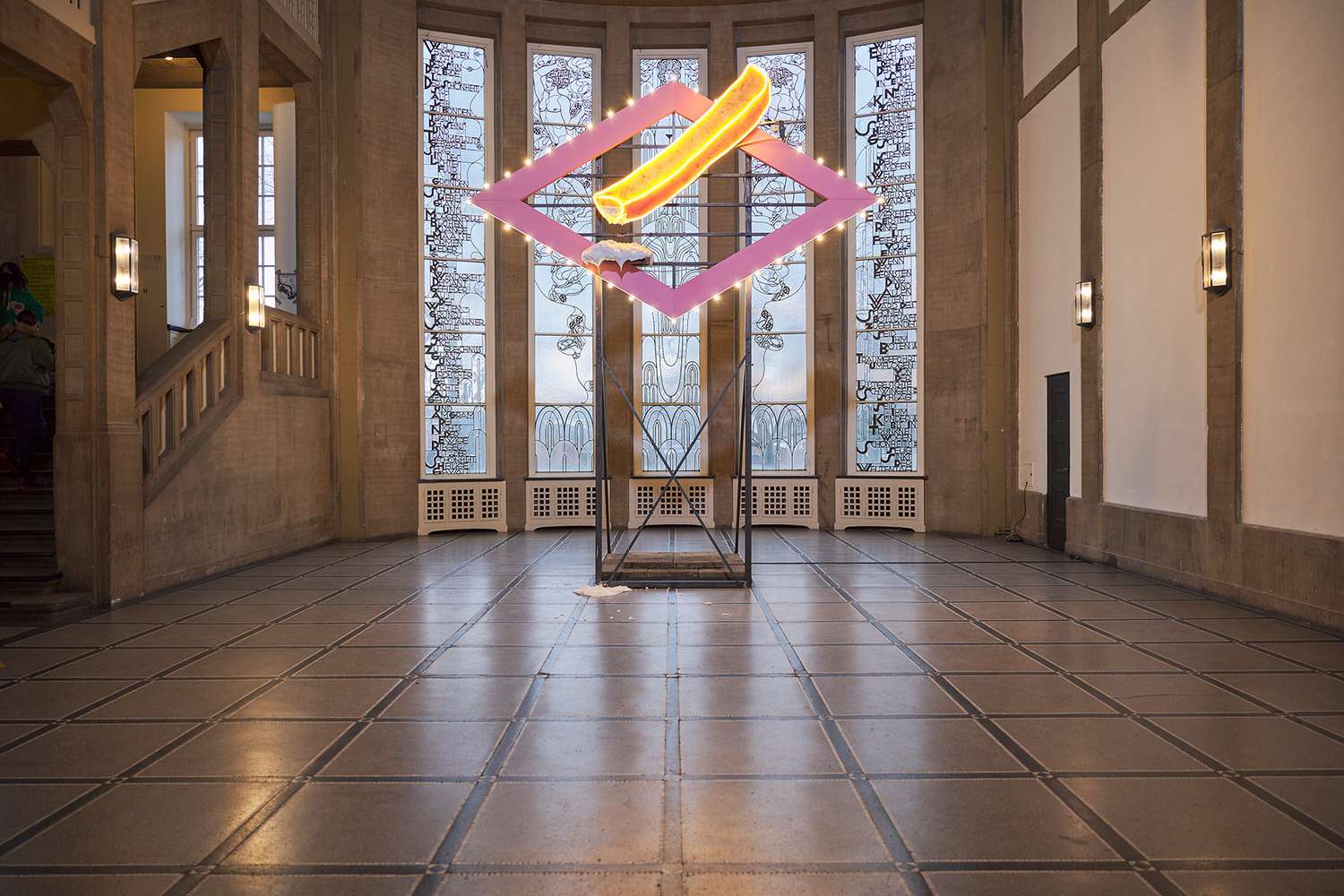
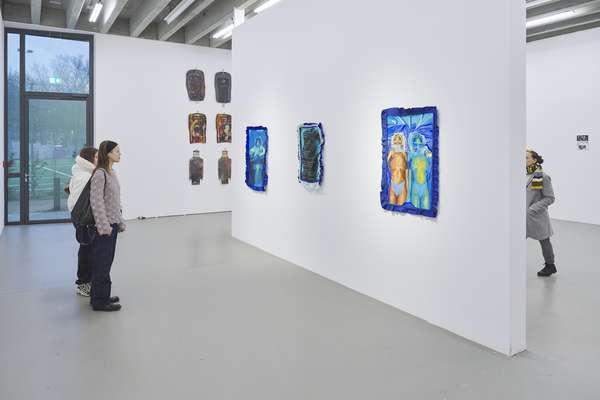
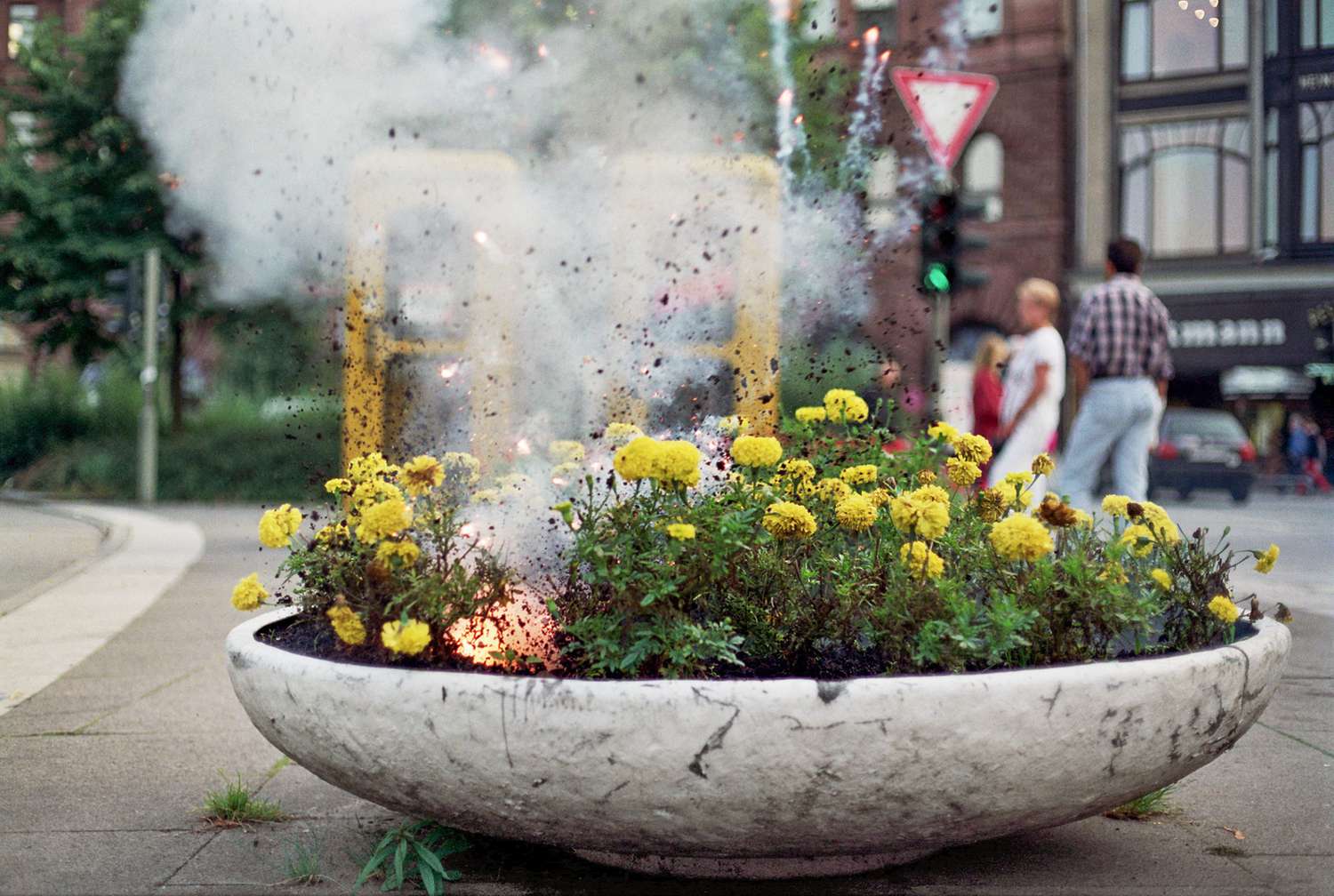
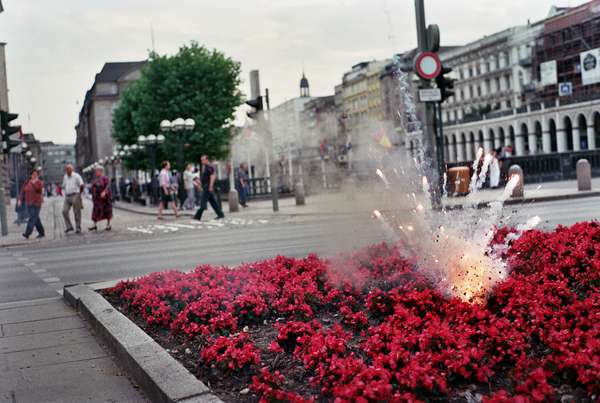
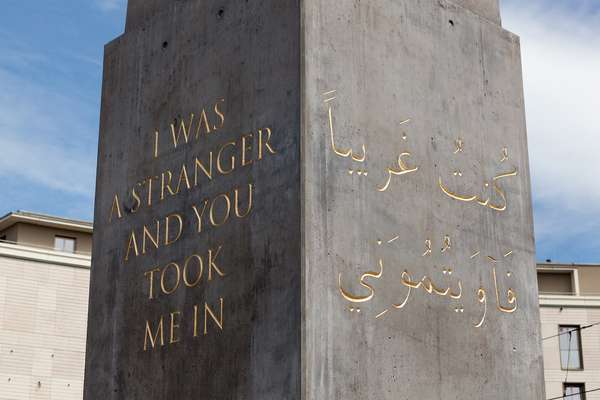
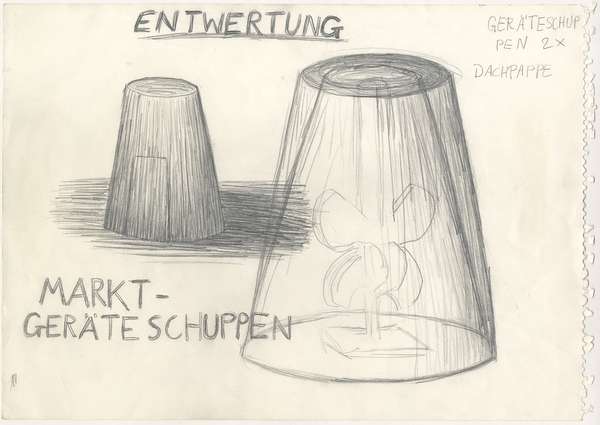
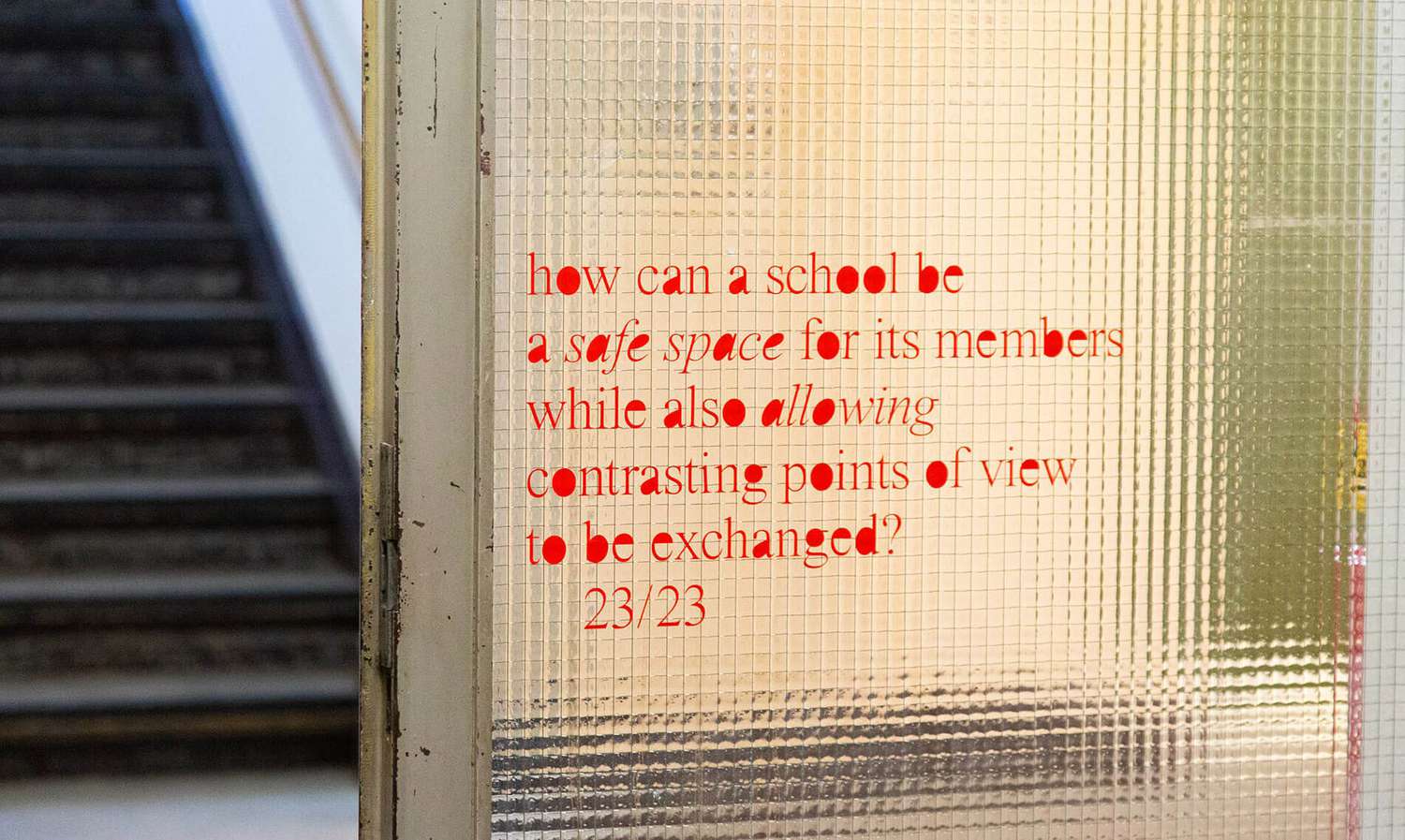
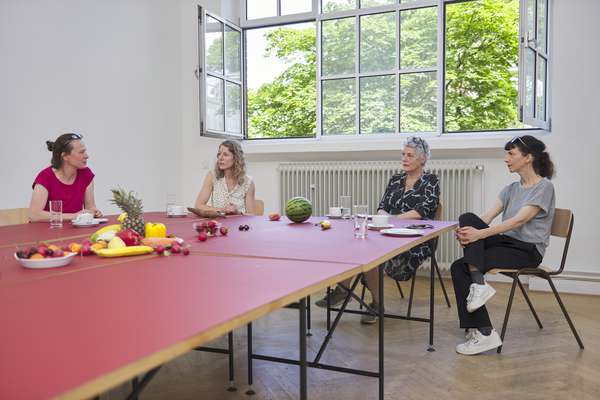
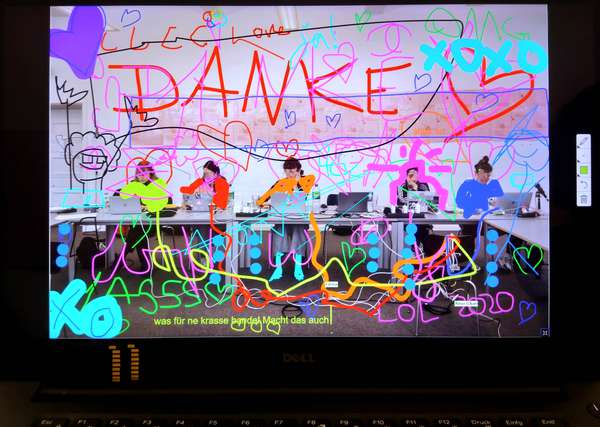
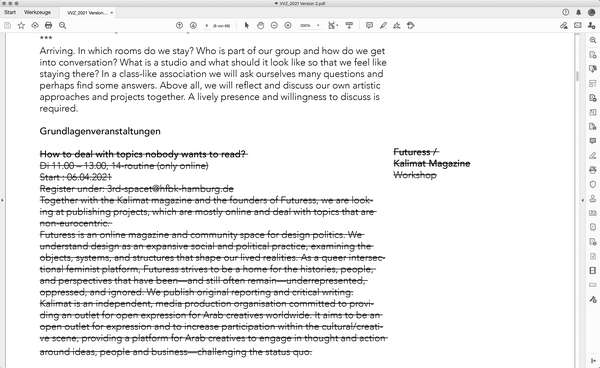
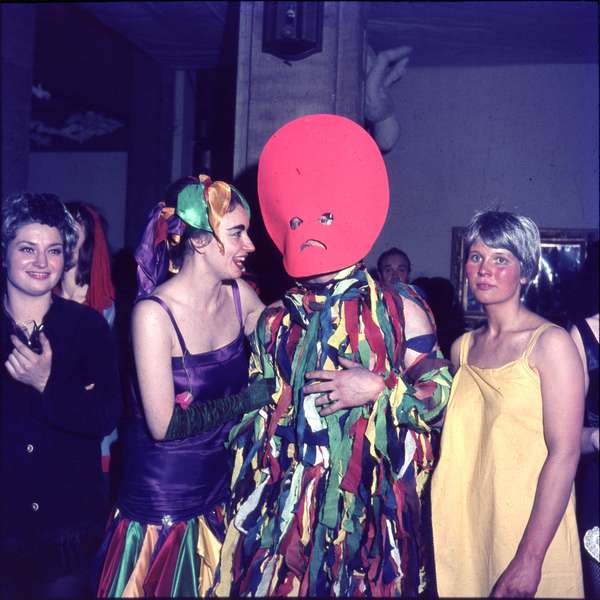
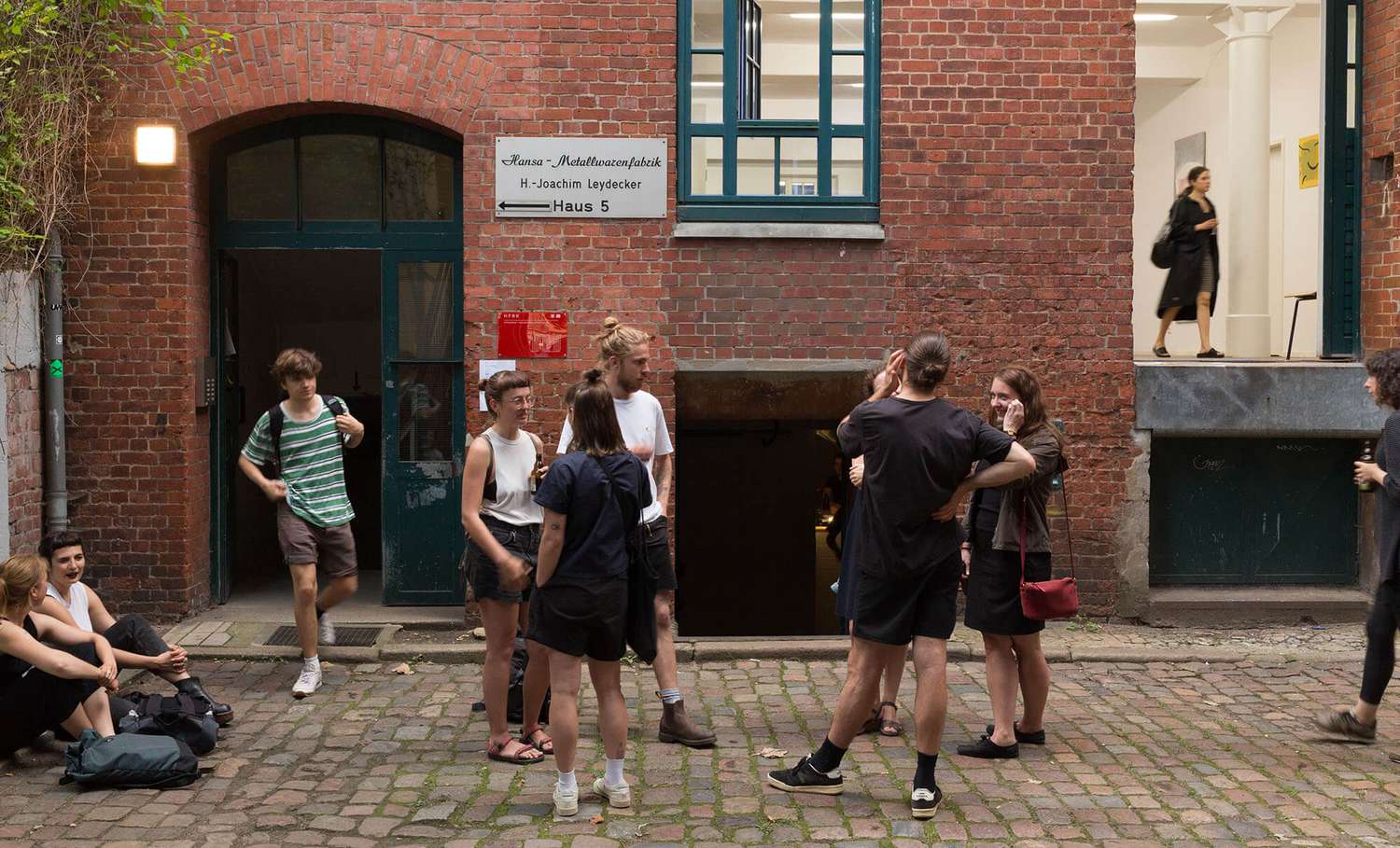
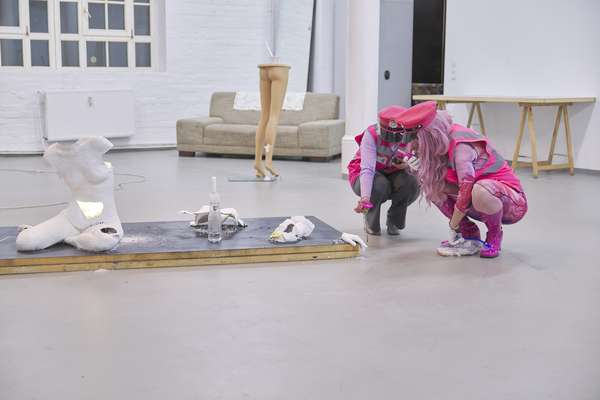
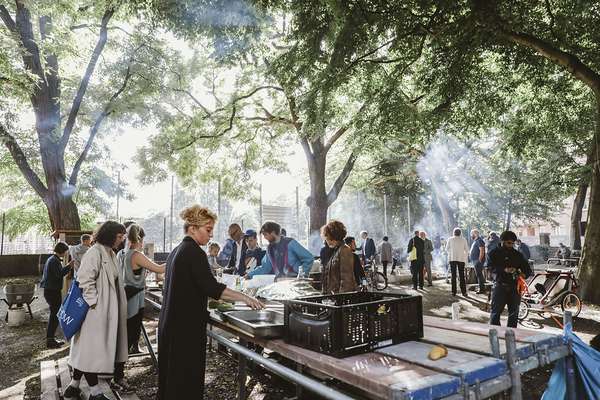
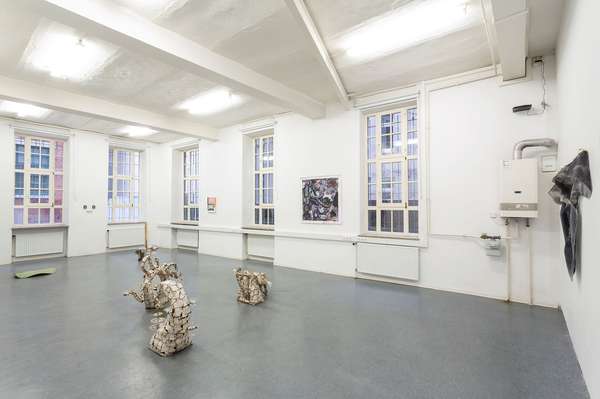
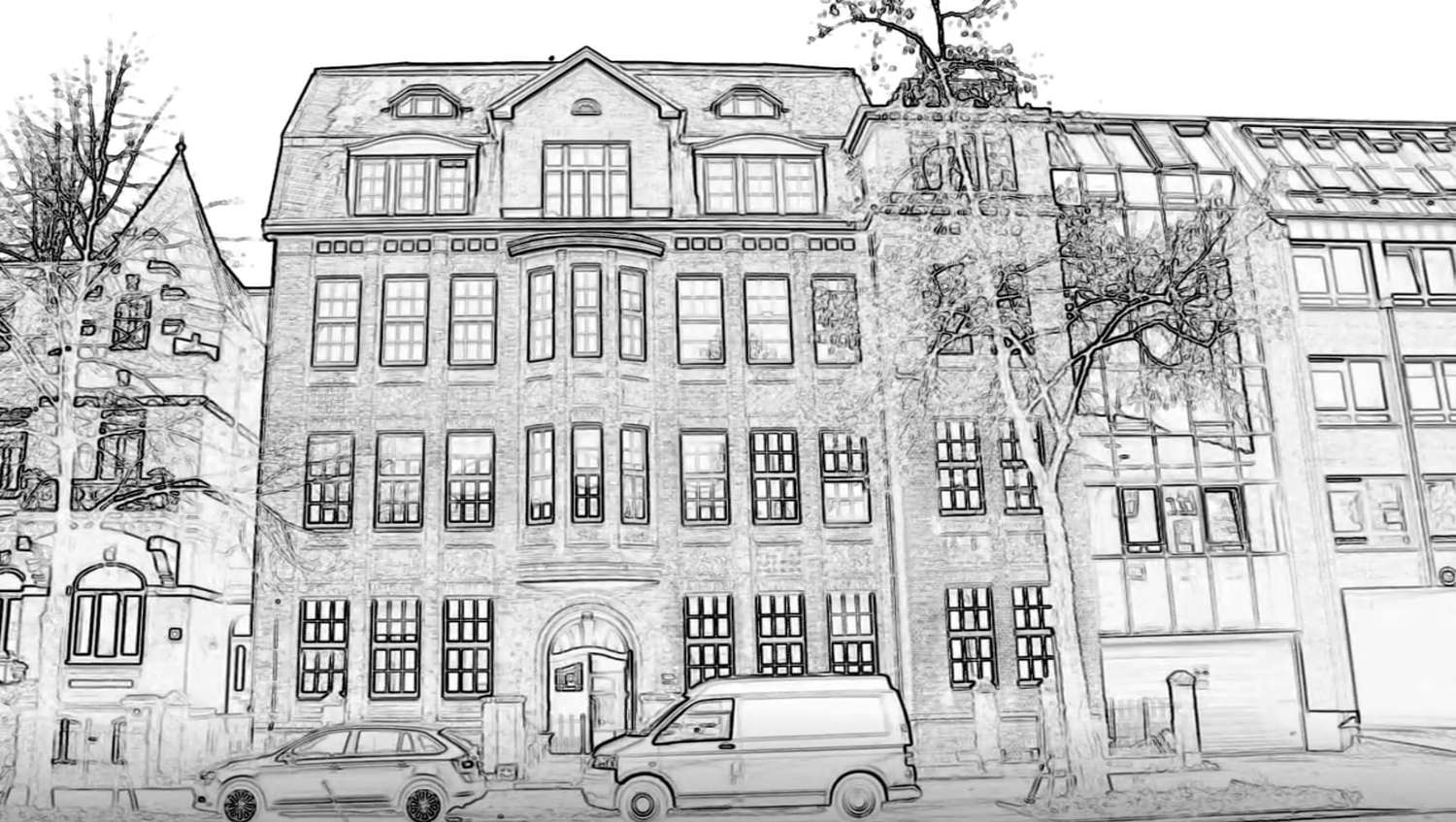
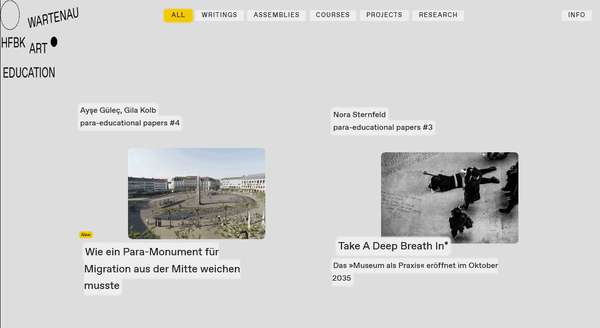
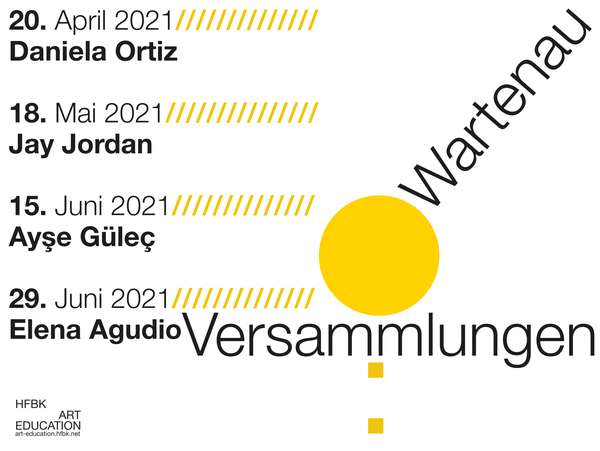
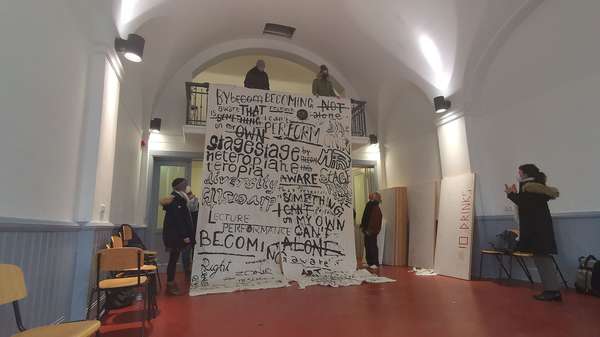
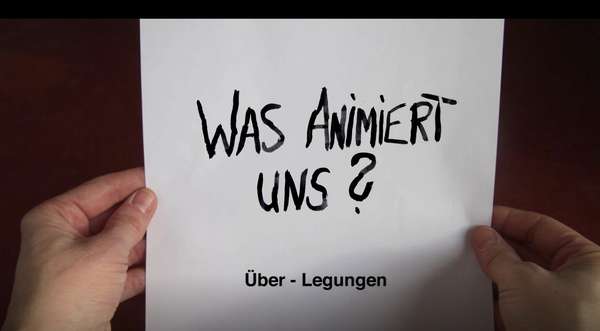
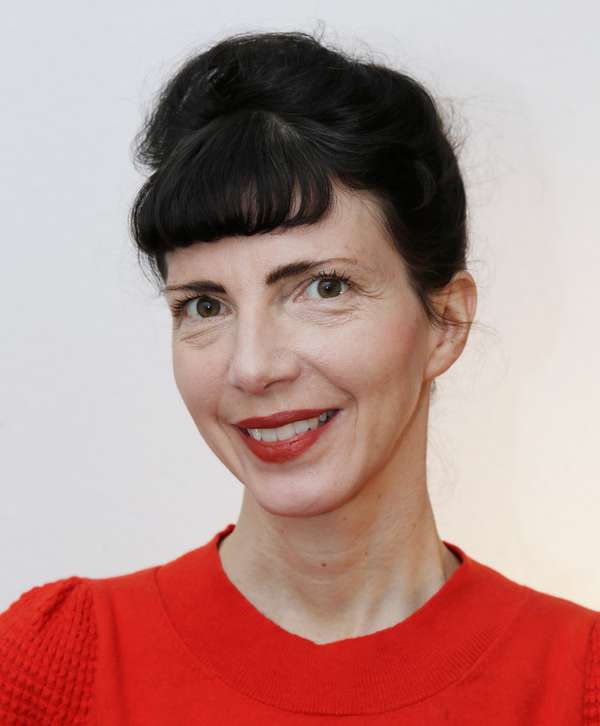
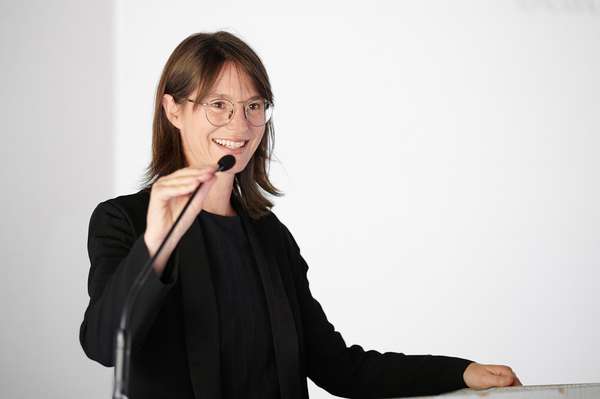
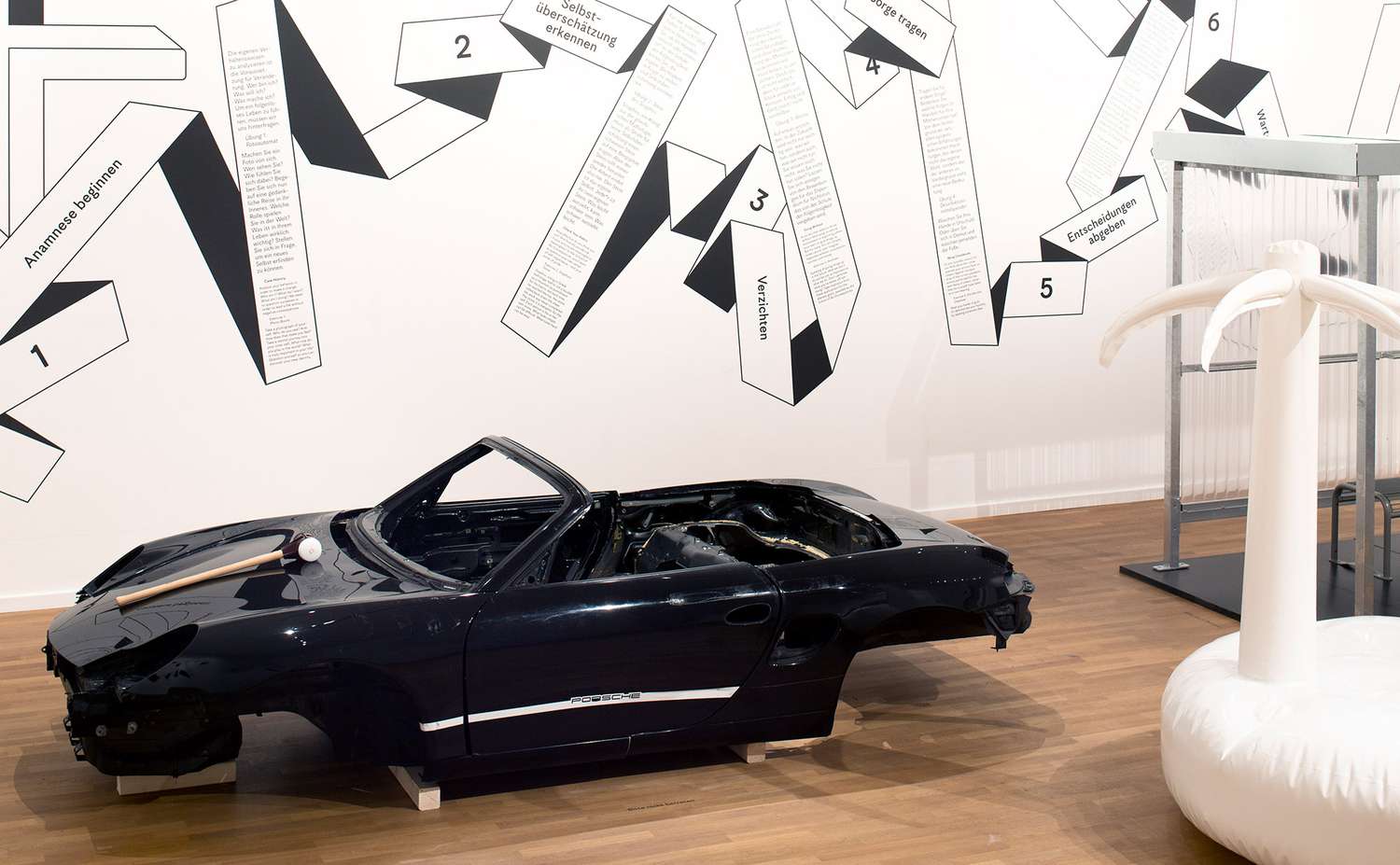
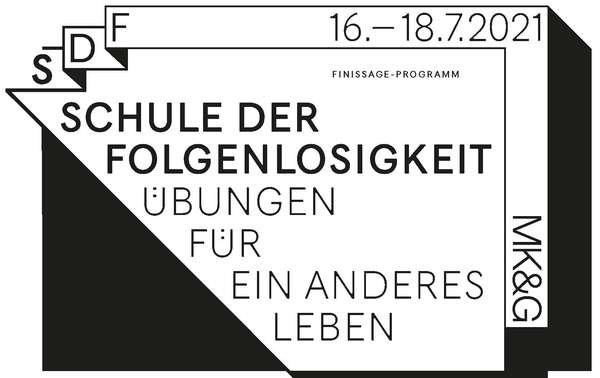
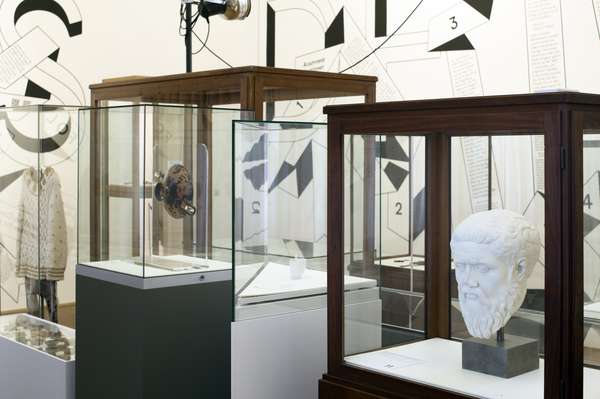
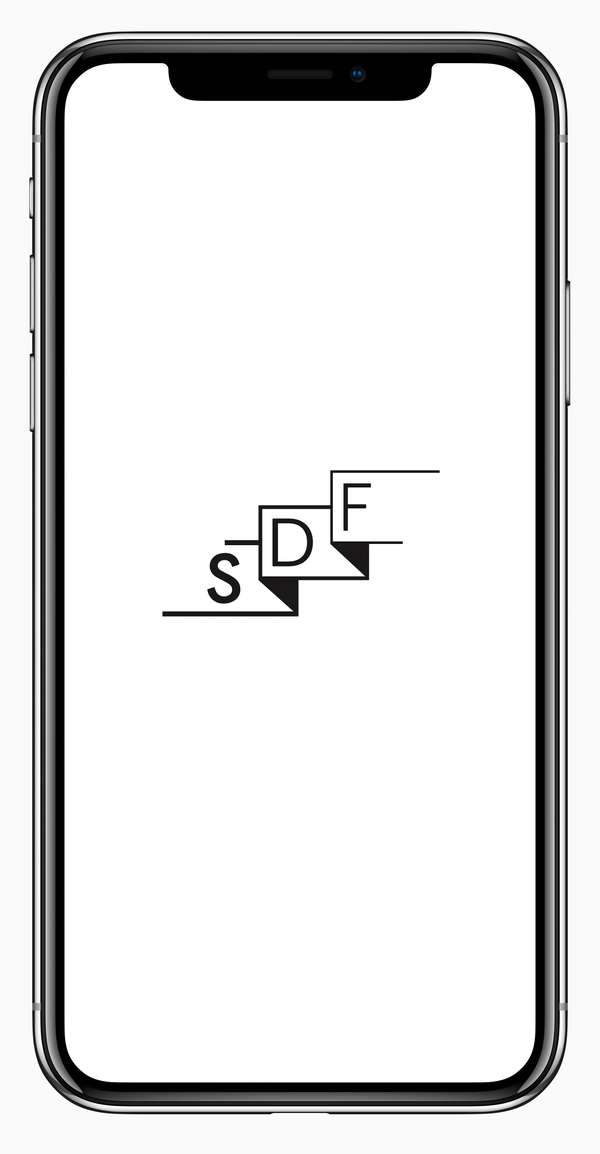
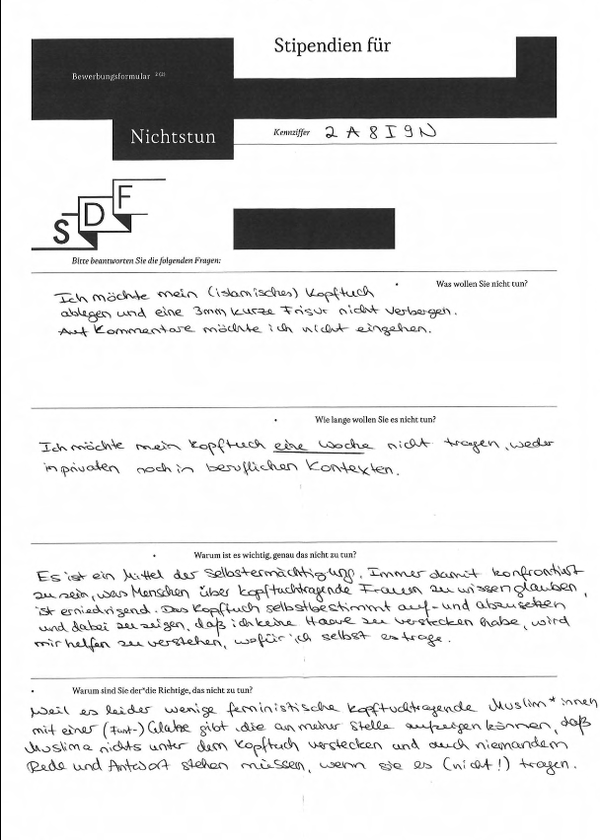
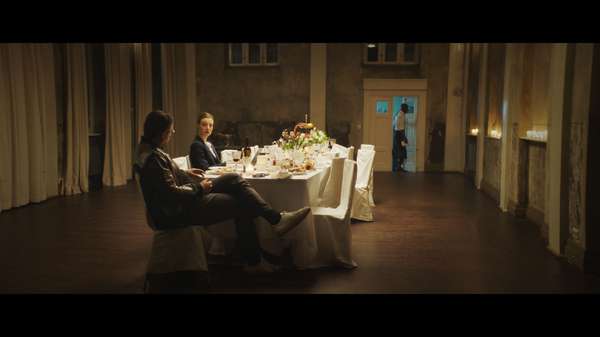
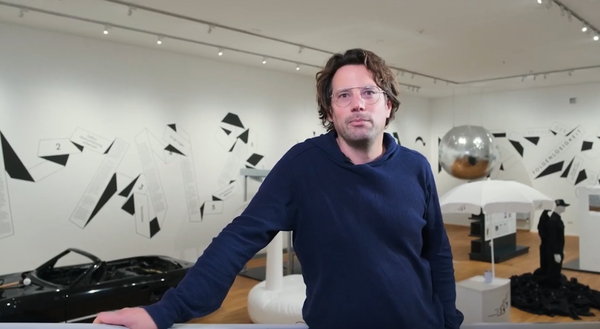
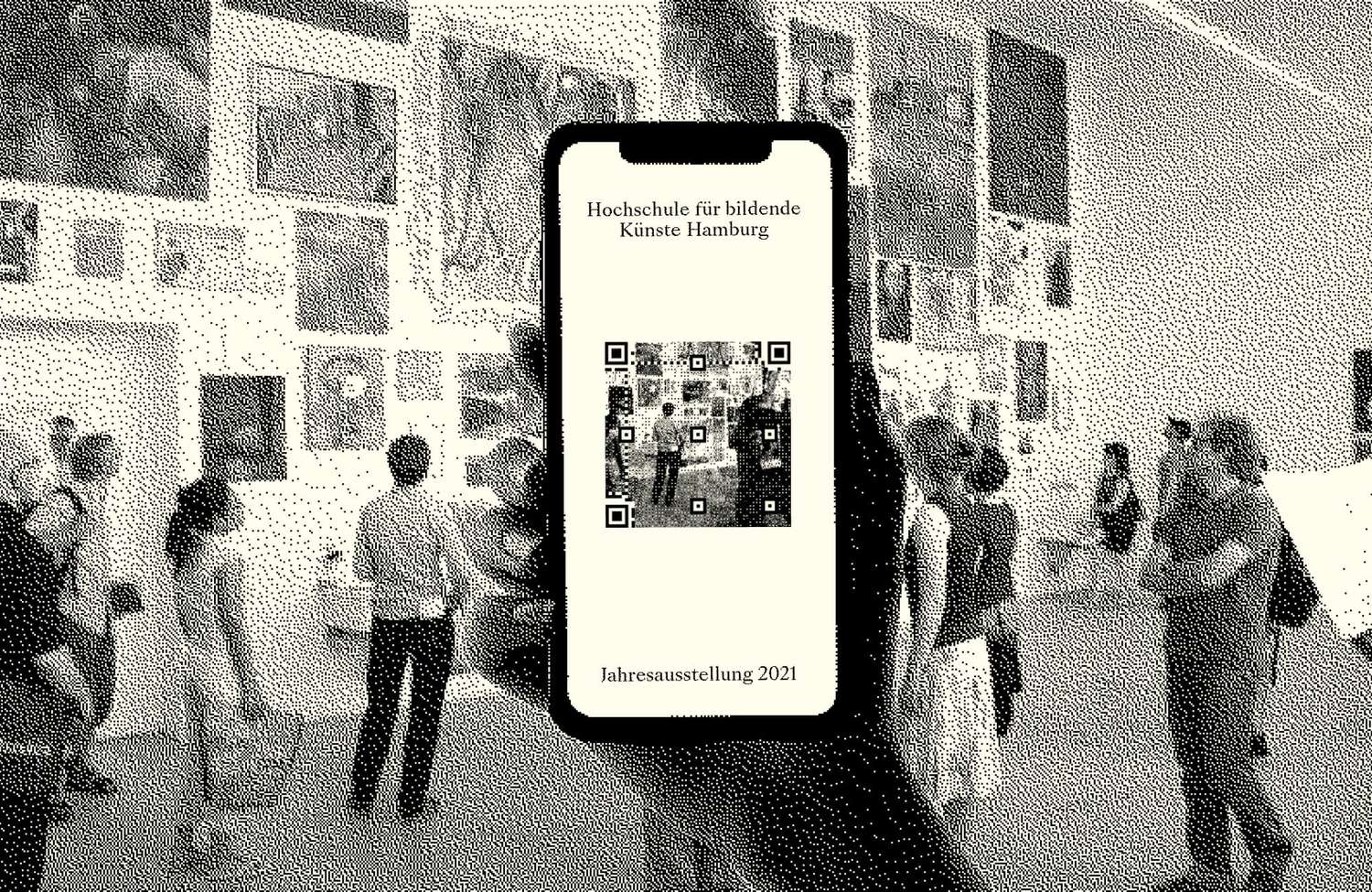
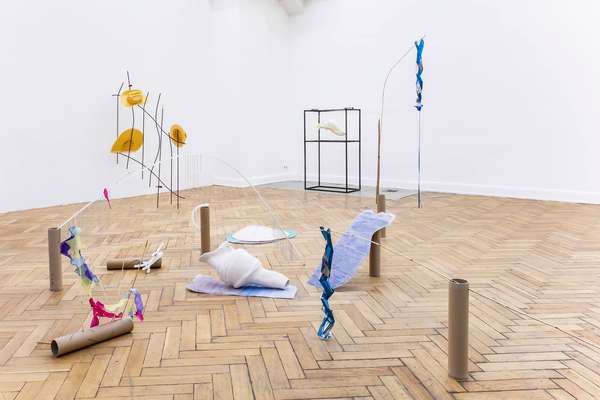
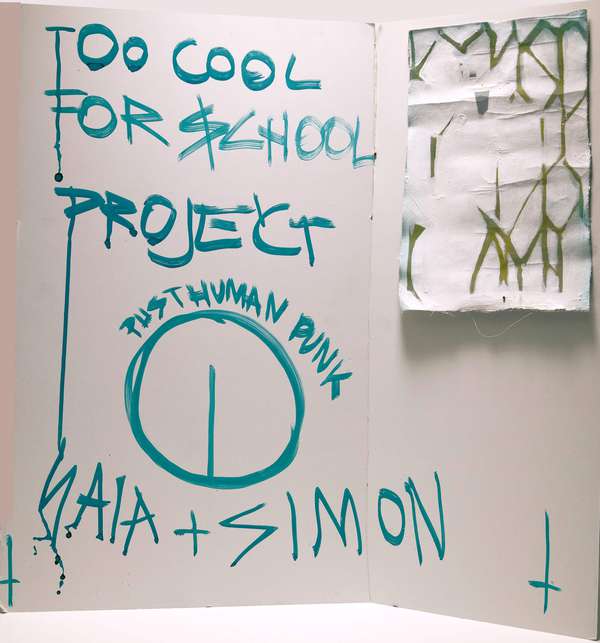
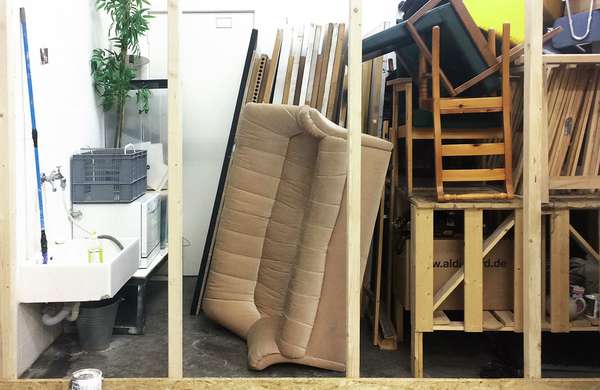

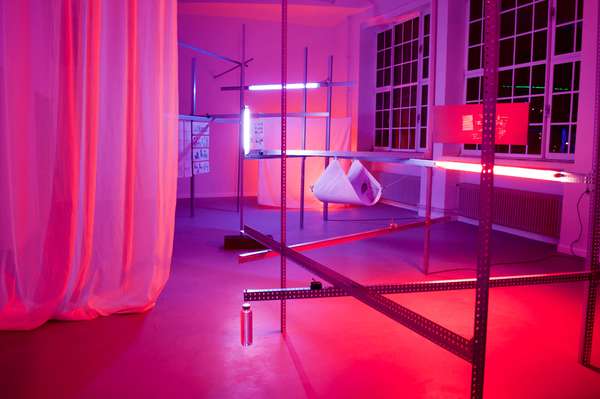
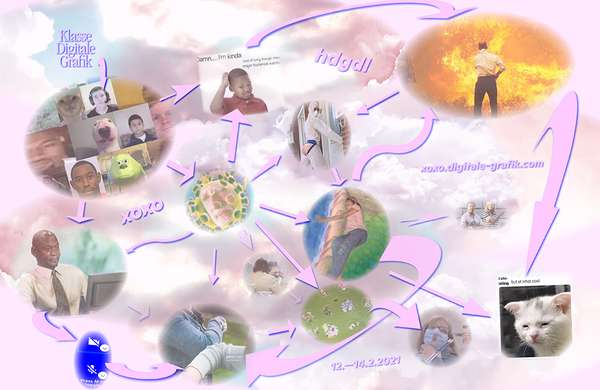
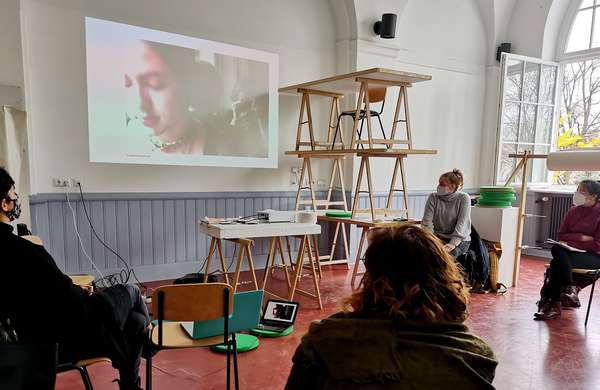
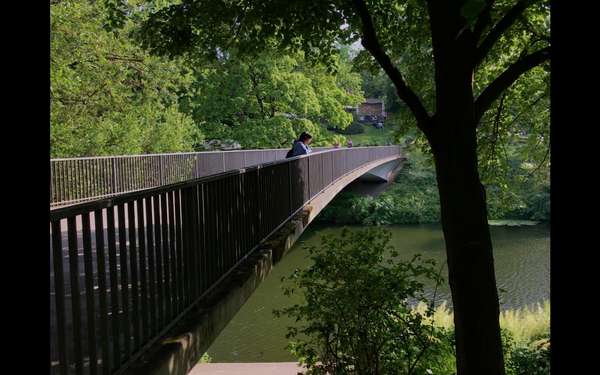
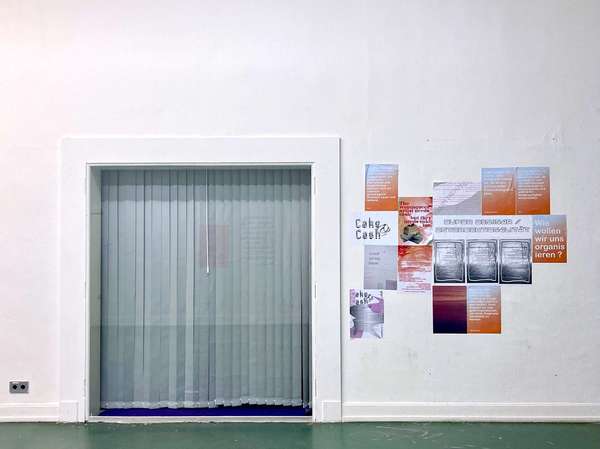
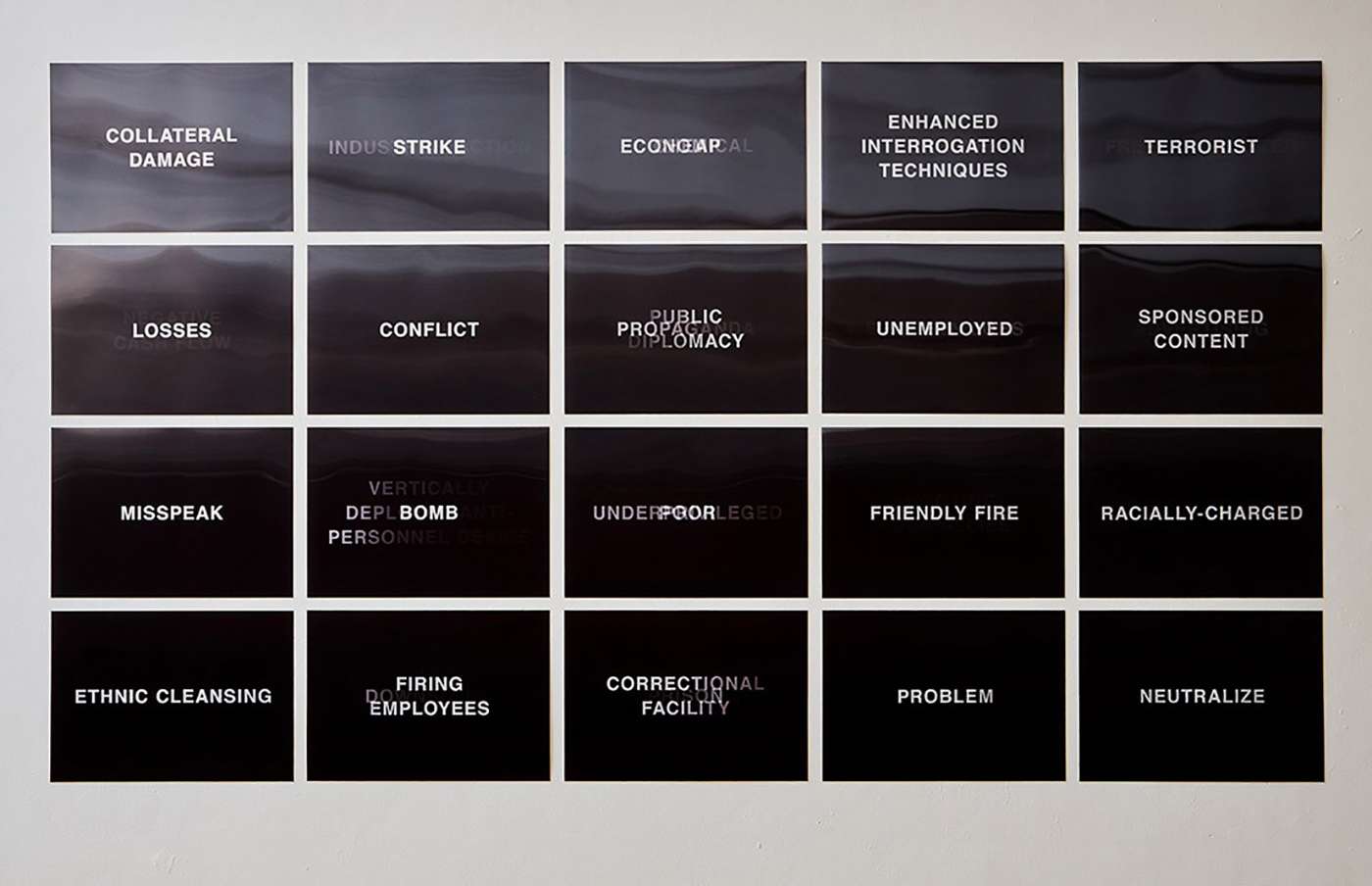
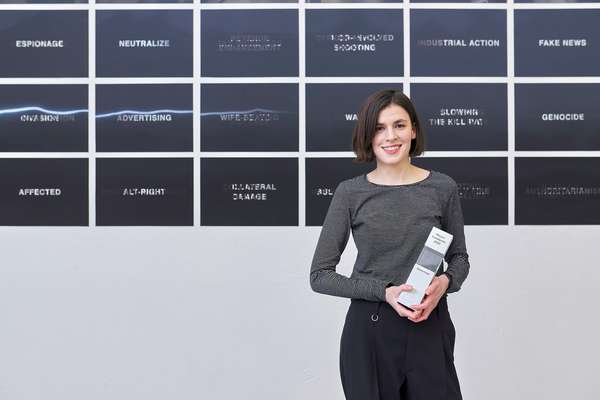
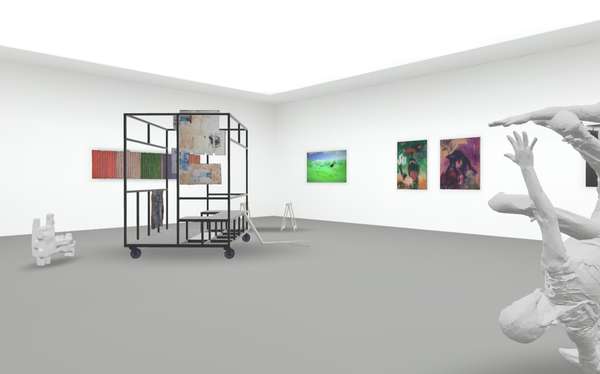
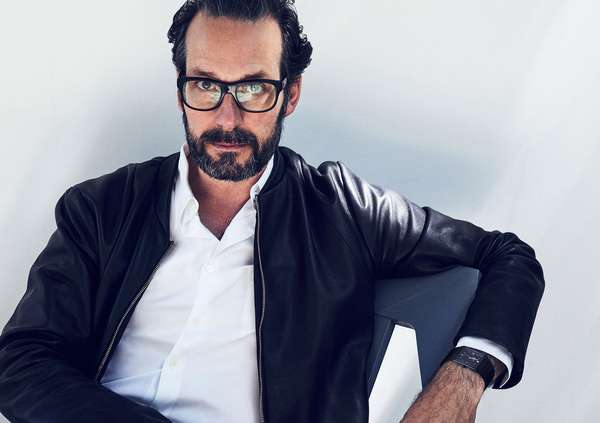
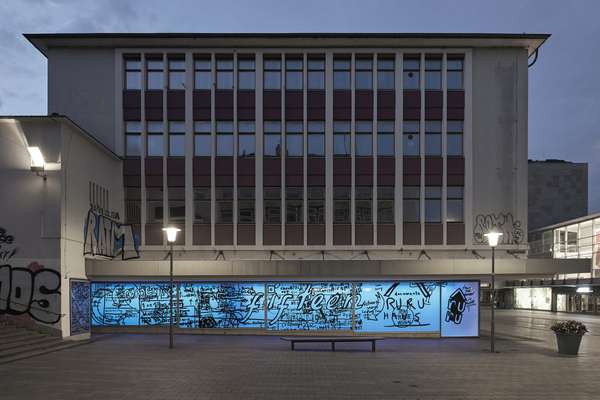
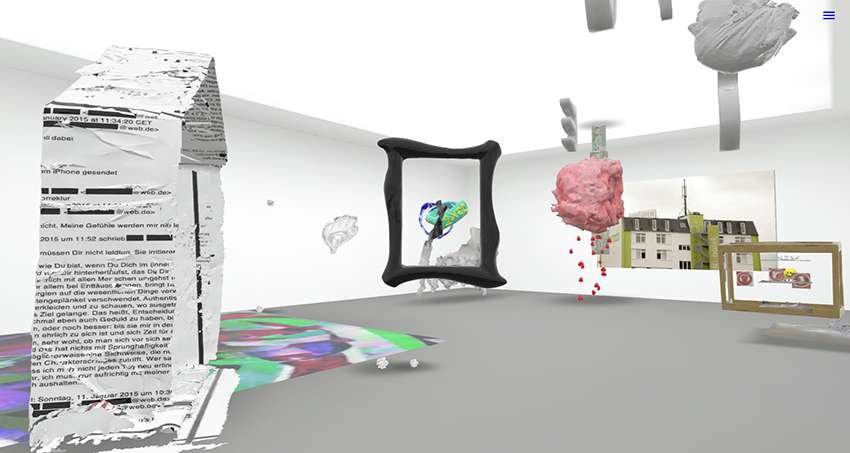
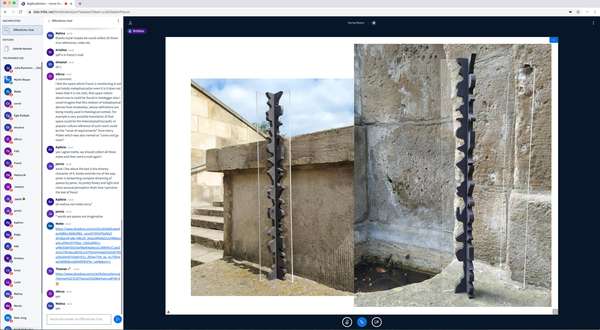

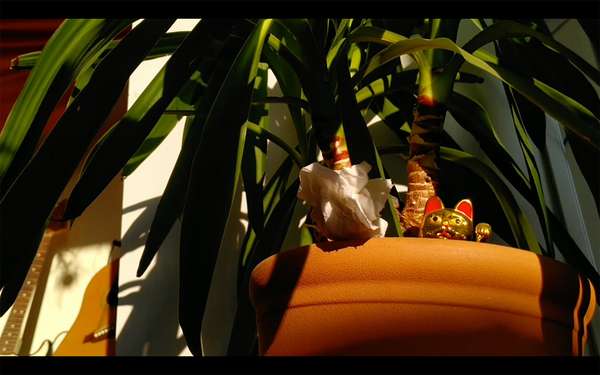
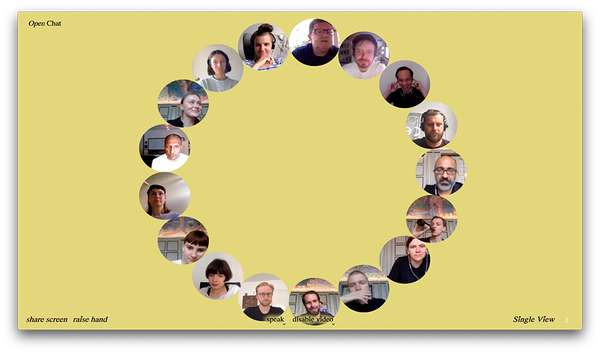
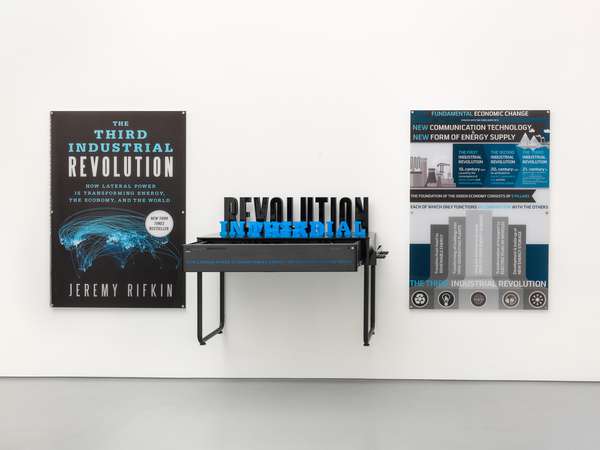
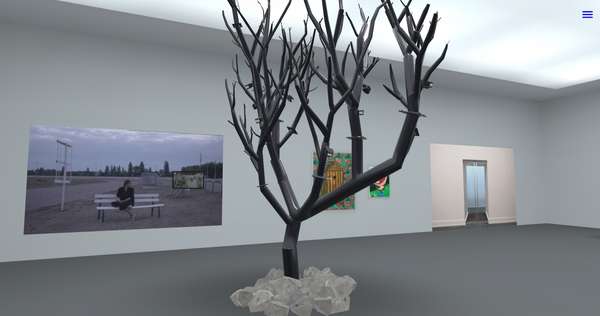
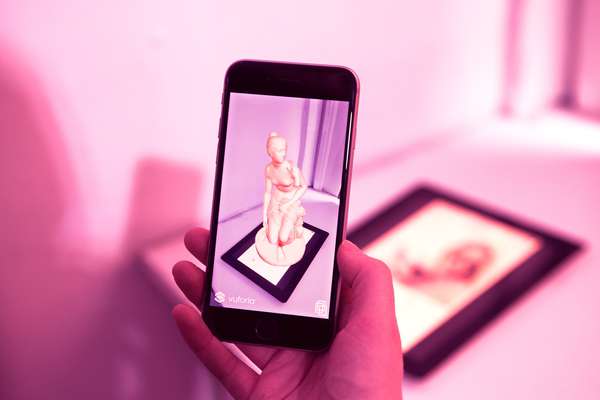

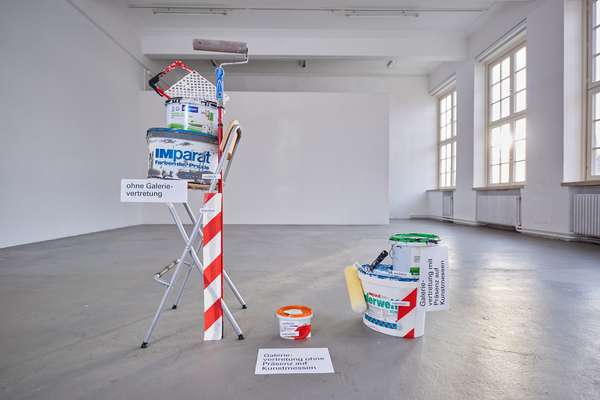
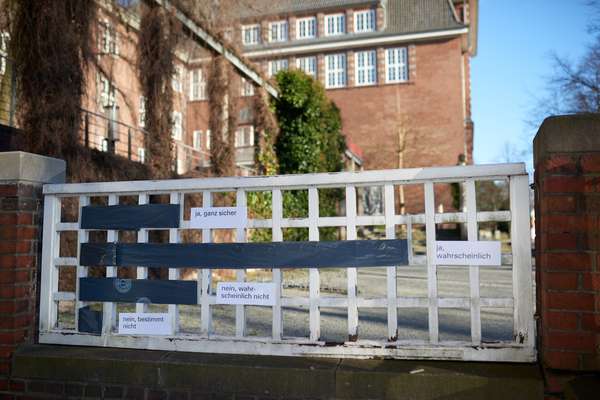
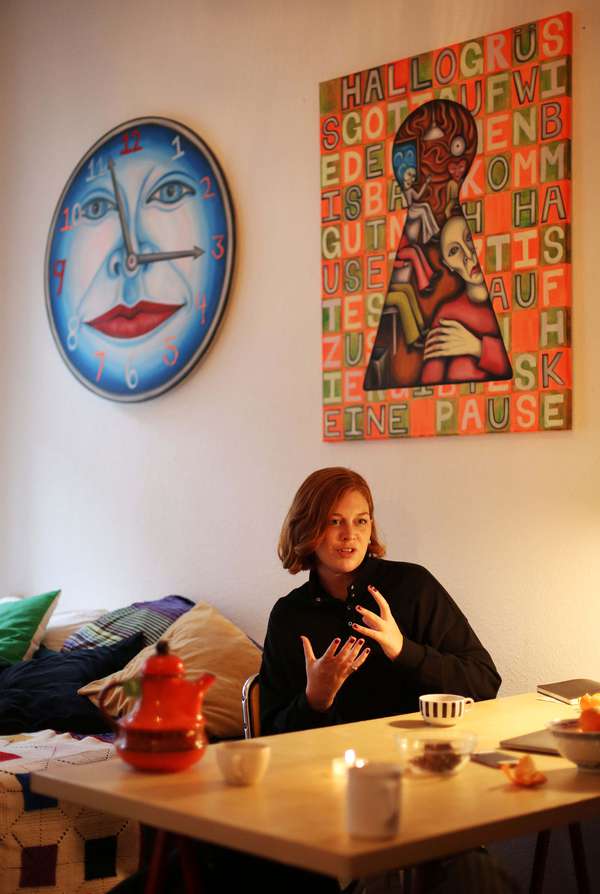
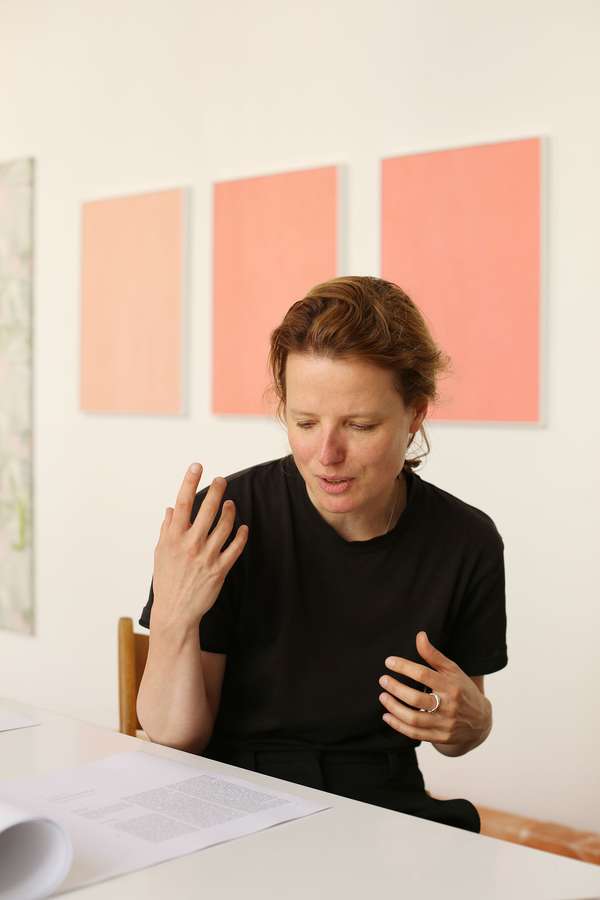
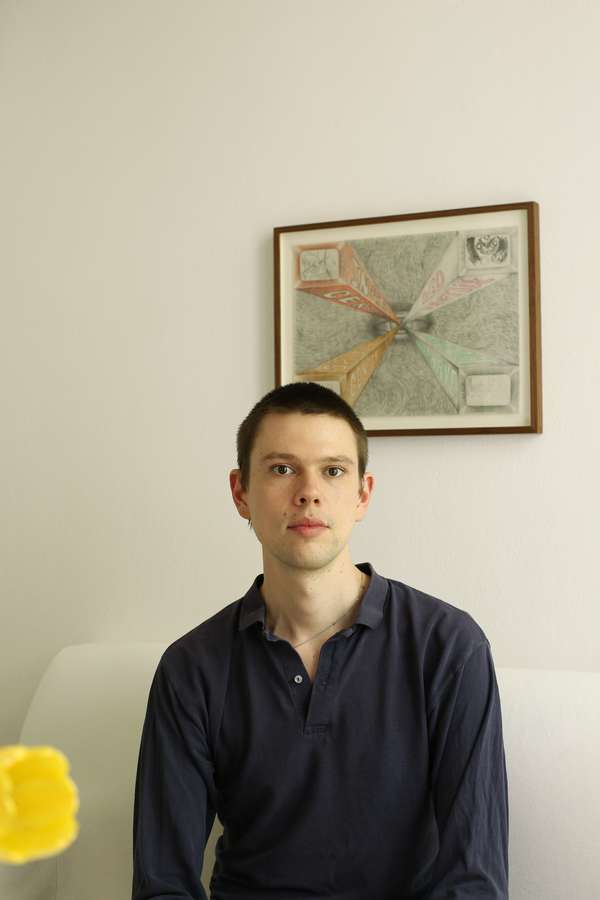
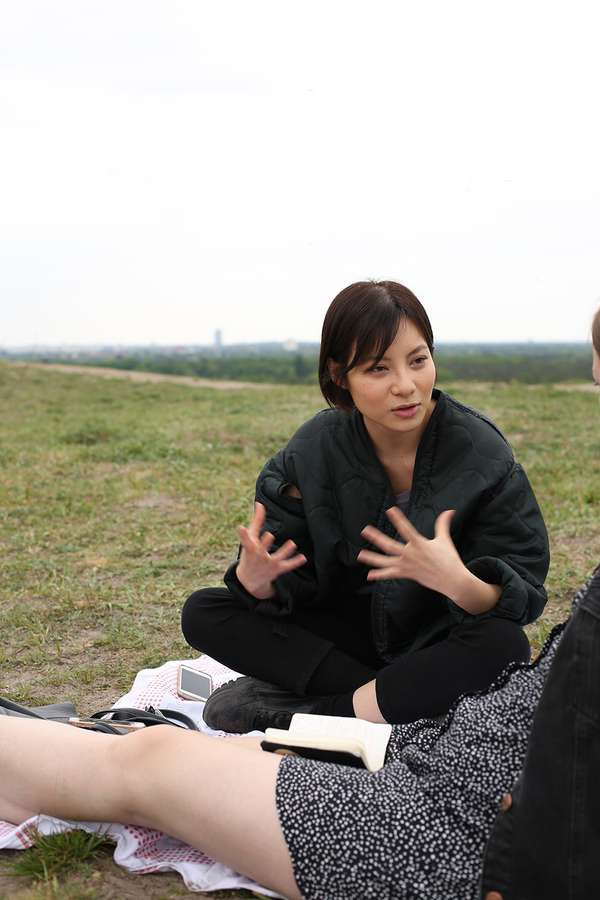
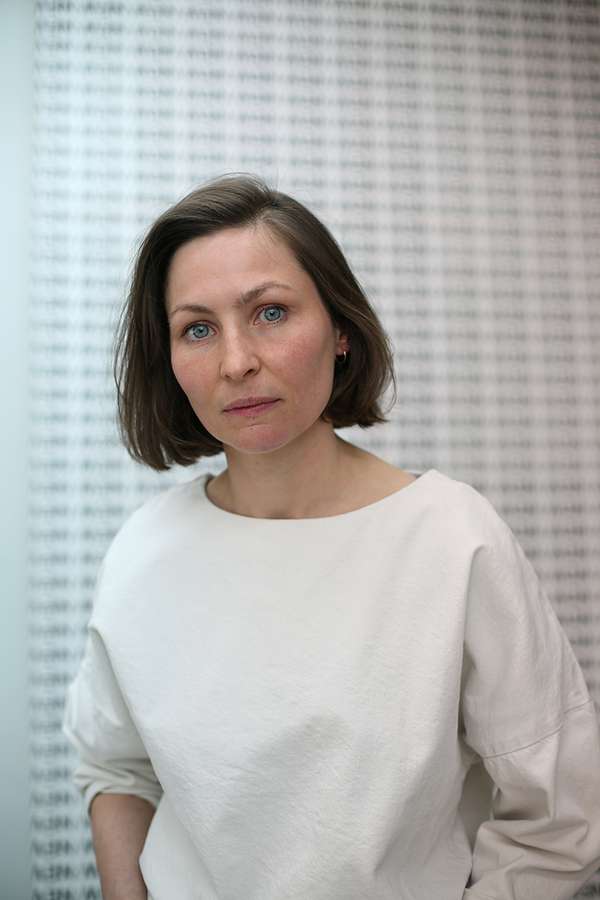
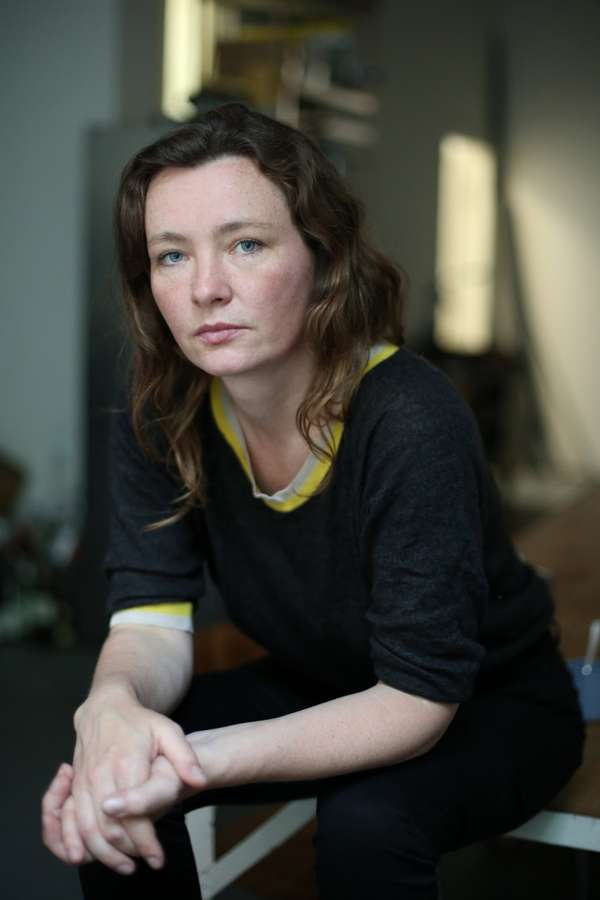
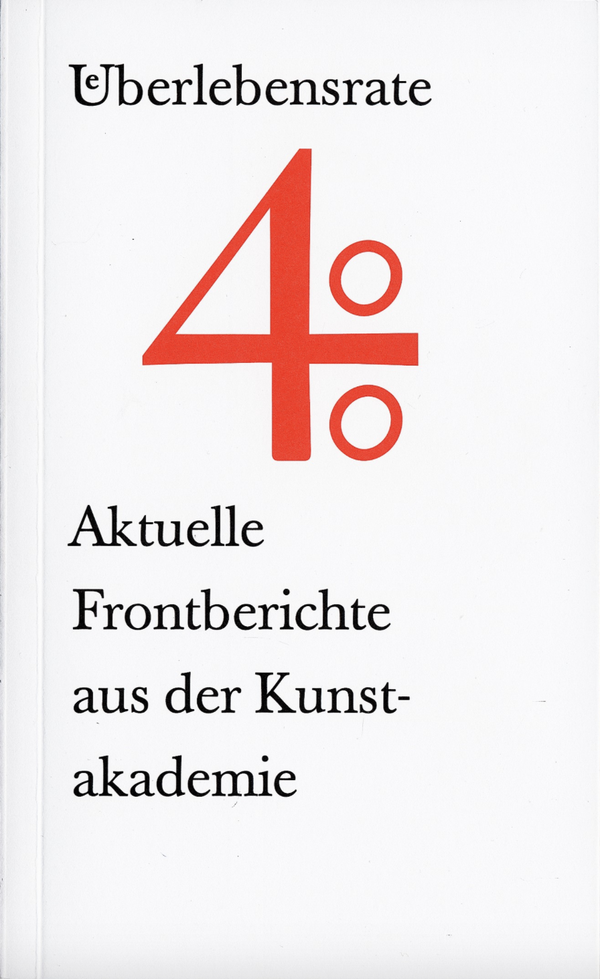
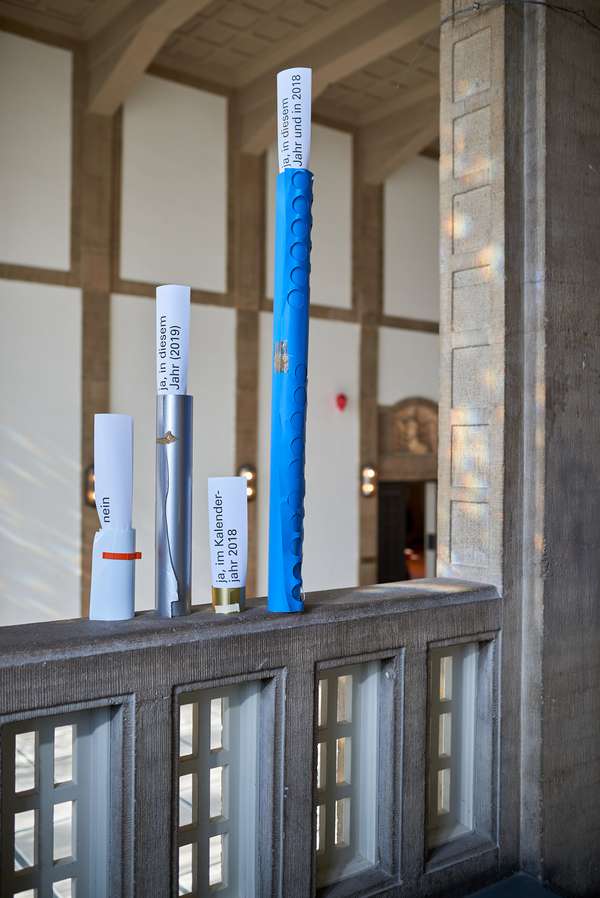
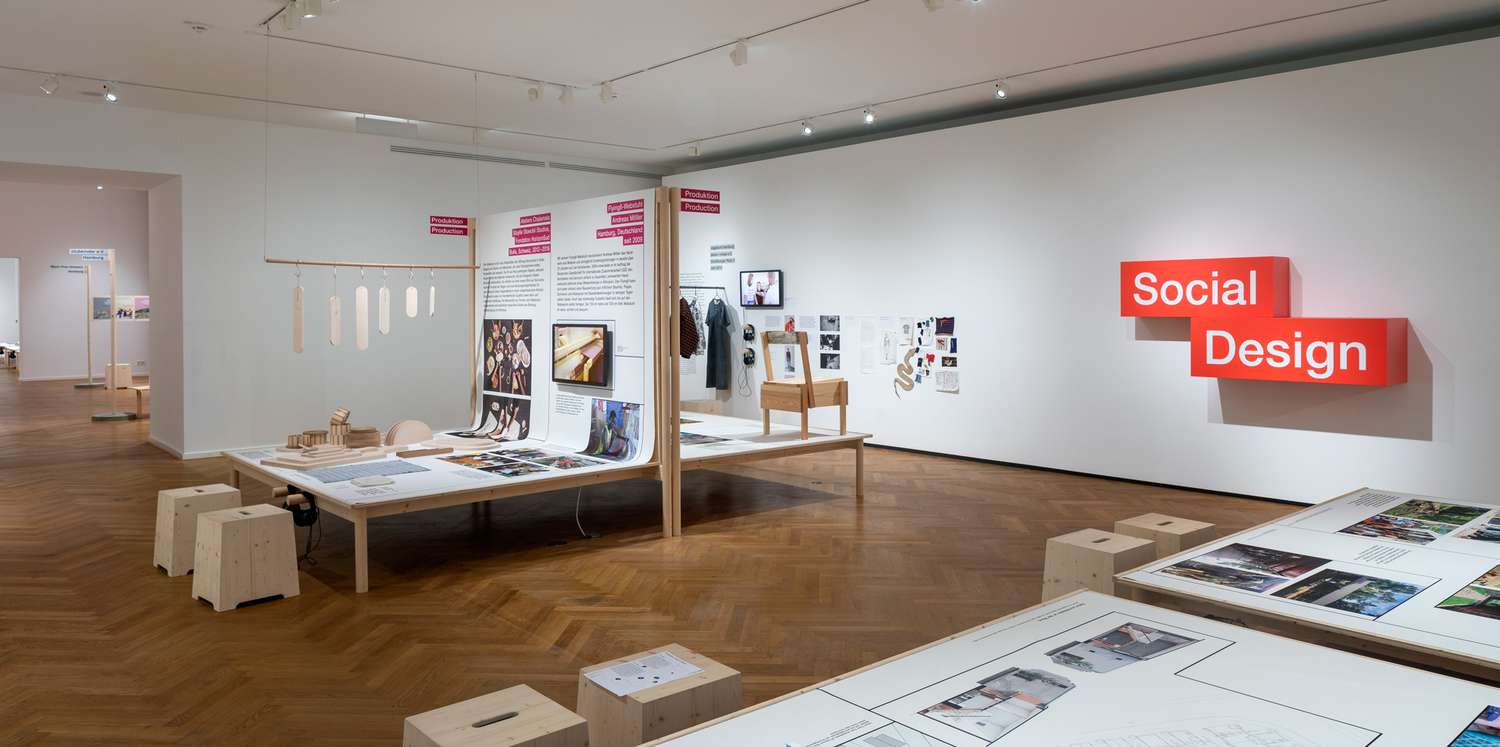
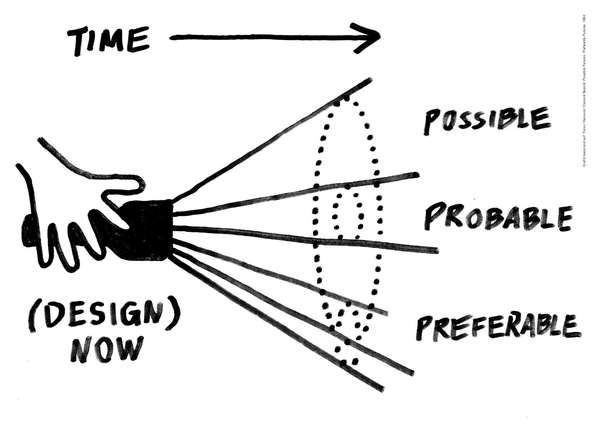
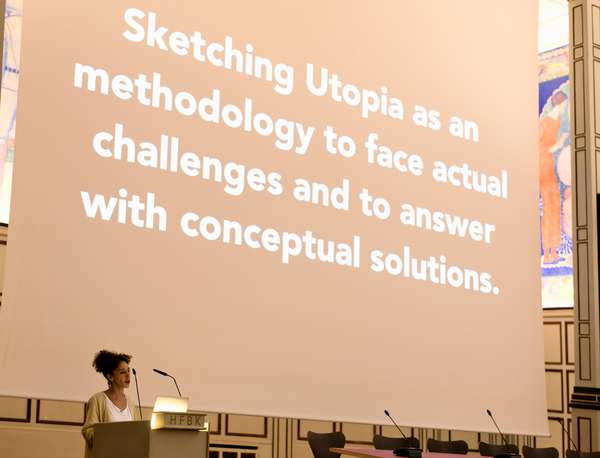
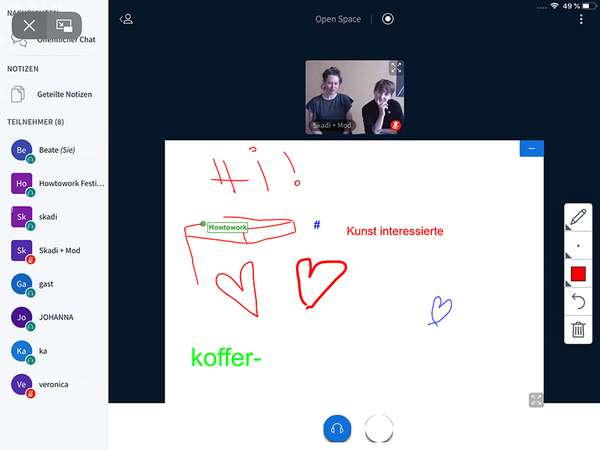
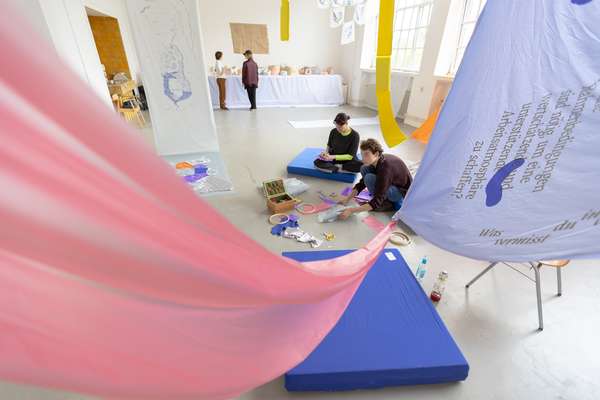
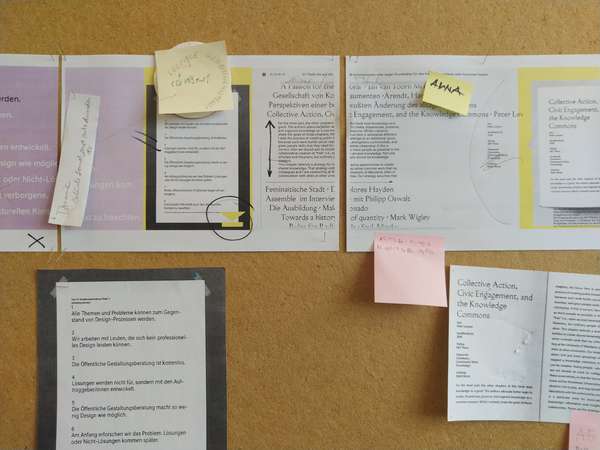
 Graduate Show 2025: Don't stop me now
Graduate Show 2025: Don't stop me now
 Long days, lots to do
Long days, lots to do
 Cine*Ami*es
Cine*Ami*es
 Redesign Democracy – competition for the ballot box of the democratic future
Redesign Democracy – competition for the ballot box of the democratic future
 Art in public space
Art in public space
 How to apply: study at HFBK Hamburg
How to apply: study at HFBK Hamburg
 Annual Exhibition 2025 at the HFBK Hamburg
Annual Exhibition 2025 at the HFBK Hamburg
 The Elephant in The Room – Sculpture today
The Elephant in The Room – Sculpture today
 Hiscox Art Prize 2024
Hiscox Art Prize 2024
 The New Woman
The New Woman
 Doing a PhD at the HFBK Hamburg
Doing a PhD at the HFBK Hamburg
 Graduate Show 2024 - Letting Go
Graduate Show 2024 - Letting Go
 Finkenwerder Art Prize 2024
Finkenwerder Art Prize 2024
 Archives of the Body - The Body in Archiving
Archives of the Body - The Body in Archiving
 New partnership with the School of Arts at the University of Haifa
New partnership with the School of Arts at the University of Haifa
 Annual Exhibition 2024 at the HFBK Hamburg
Annual Exhibition 2024 at the HFBK Hamburg
 (Ex)Changes of / in Art
(Ex)Changes of / in Art
 Extended Libraries
Extended Libraries
 And Still I Rise
And Still I Rise
 Let's talk about language
Let's talk about language
 Graduate Show 2023: Unfinished Business
Graduate Show 2023: Unfinished Business
 Let`s work together
Let`s work together
 Annual Exhibition 2023 at HFBK Hamburg
Annual Exhibition 2023 at HFBK Hamburg
 Symposium: Controversy over documenta fifteen
Symposium: Controversy over documenta fifteen
 Festival and Symposium: Non-Knowledge, Laughter and the Moving Image
Festival and Symposium: Non-Knowledge, Laughter and the Moving Image
 Solo exhibition by Konstantin Grcic
Solo exhibition by Konstantin Grcic
 Art and war
Art and war
 Graduate Show 2022: We’ve Only Just Begun
Graduate Show 2022: We’ve Only Just Begun
 June is full of art and theory
June is full of art and theory
 Finkenwerder Art Prize 2022
Finkenwerder Art Prize 2022
 Nachhaltigkeit im Kontext von Kunst und Kunsthochschule
Nachhaltigkeit im Kontext von Kunst und Kunsthochschule
 Raum für die Kunst
Raum für die Kunst
 Annual Exhibition 2022 at the HFBK
Annual Exhibition 2022 at the HFBK
 Conference: Counter-Monuments and Para-Monuments.
Conference: Counter-Monuments and Para-Monuments.
 Diversity
Diversity
 Live und in Farbe: die ASA Open Studios im Juni 2021
Live und in Farbe: die ASA Open Studios im Juni 2021
 Unlearning: Wartenau Assemblies
Unlearning: Wartenau Assemblies
 School of No Consequences
School of No Consequences
 Annual Exhibition 2021 at the HFBK
Annual Exhibition 2021 at the HFBK
 Semestereröffnung und Hiscox-Preisverleihung 2020
Semestereröffnung und Hiscox-Preisverleihung 2020
 Teaching Art Online at the HFBK
Teaching Art Online at the HFBK
 HFBK Graduate Survey
HFBK Graduate Survey
 How political is Social Design?
How political is Social Design?